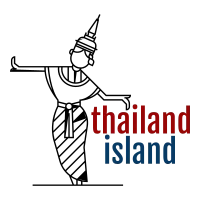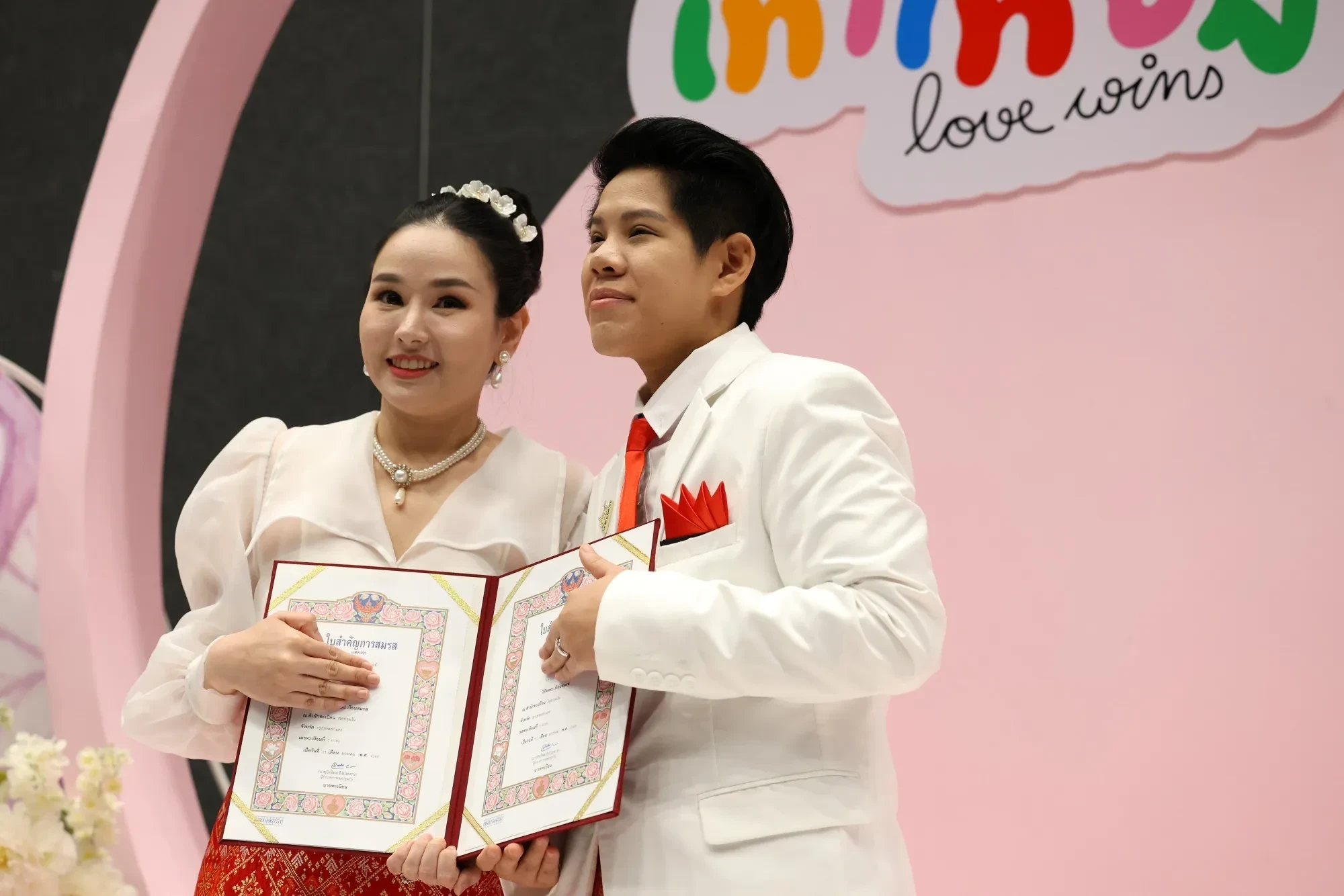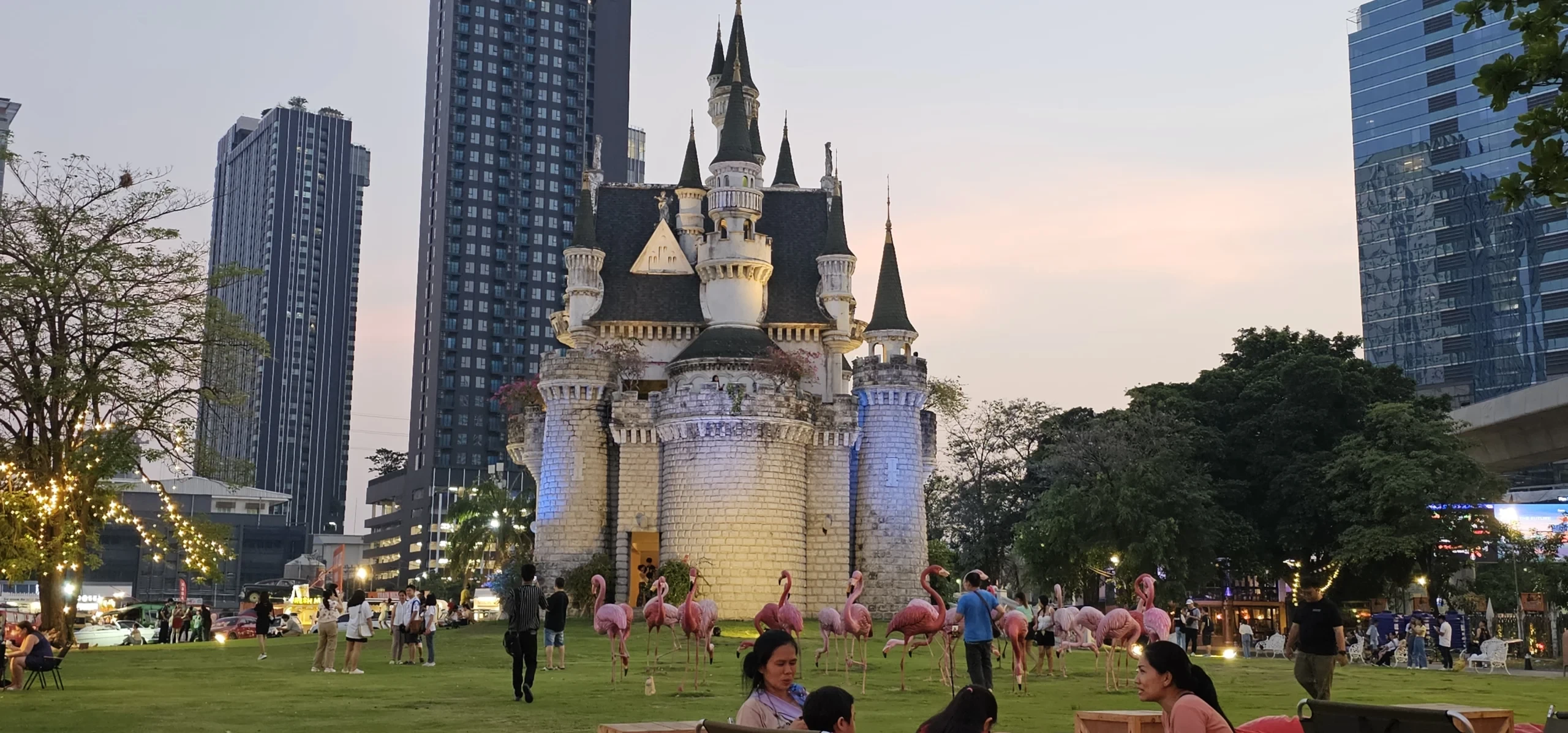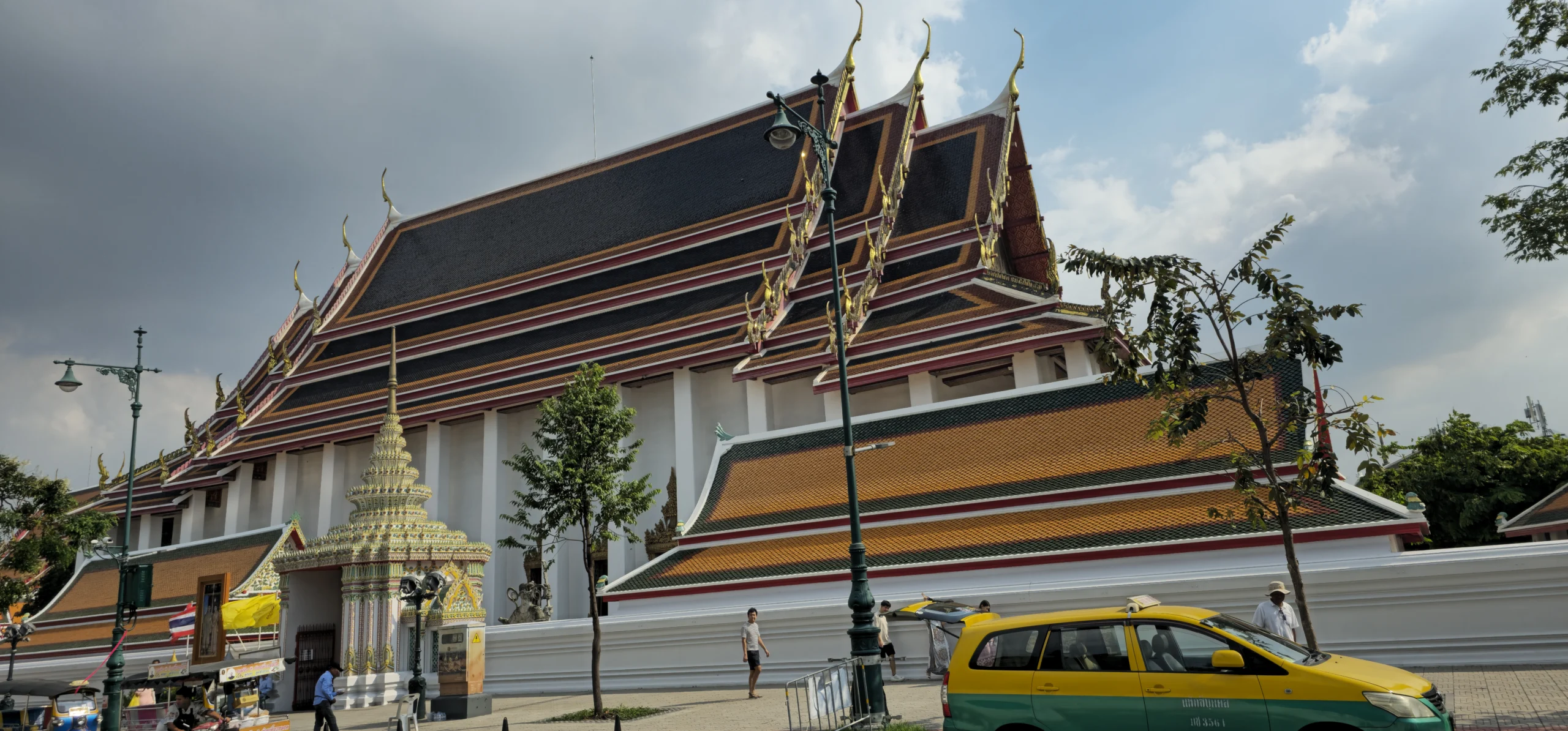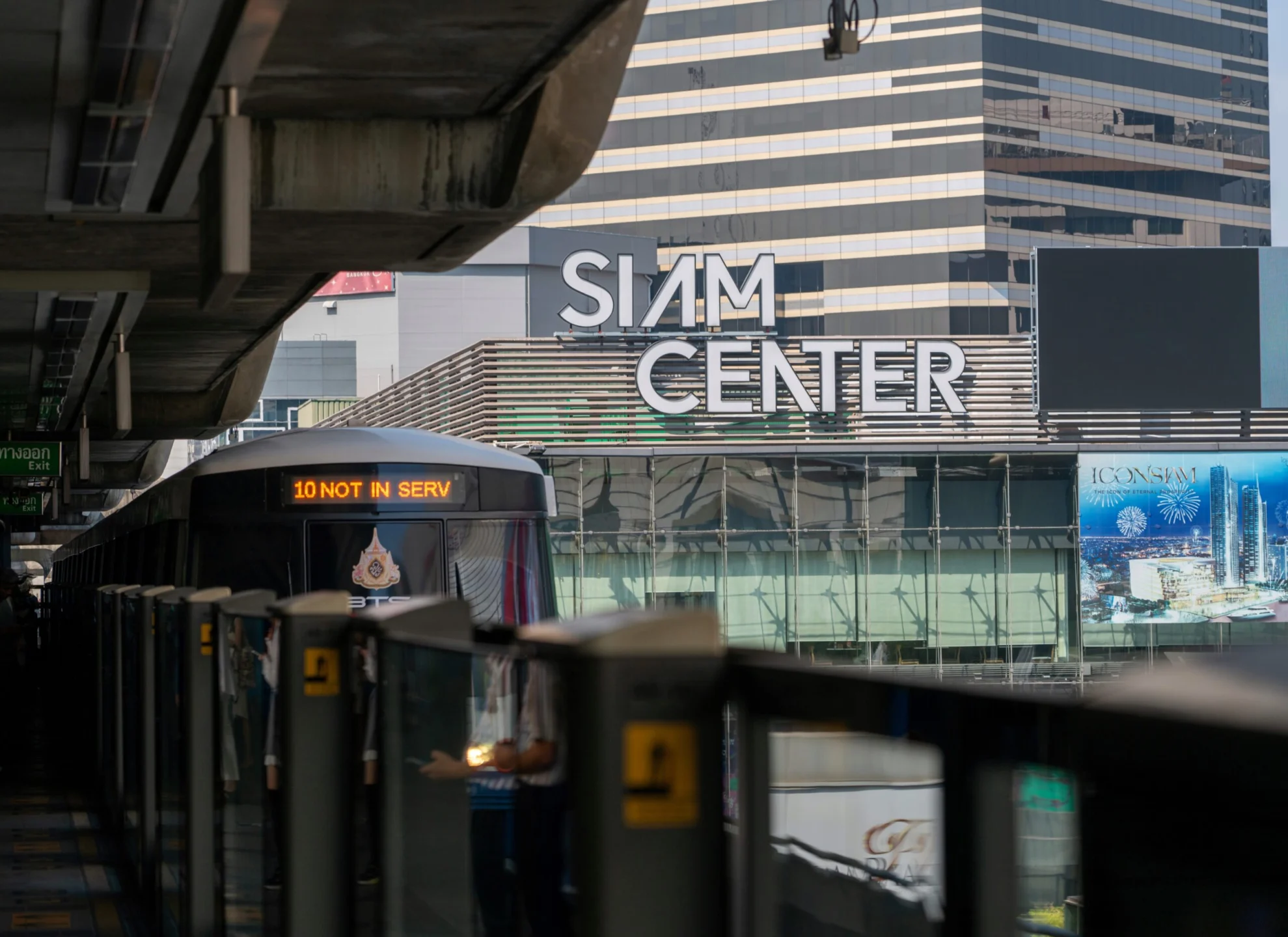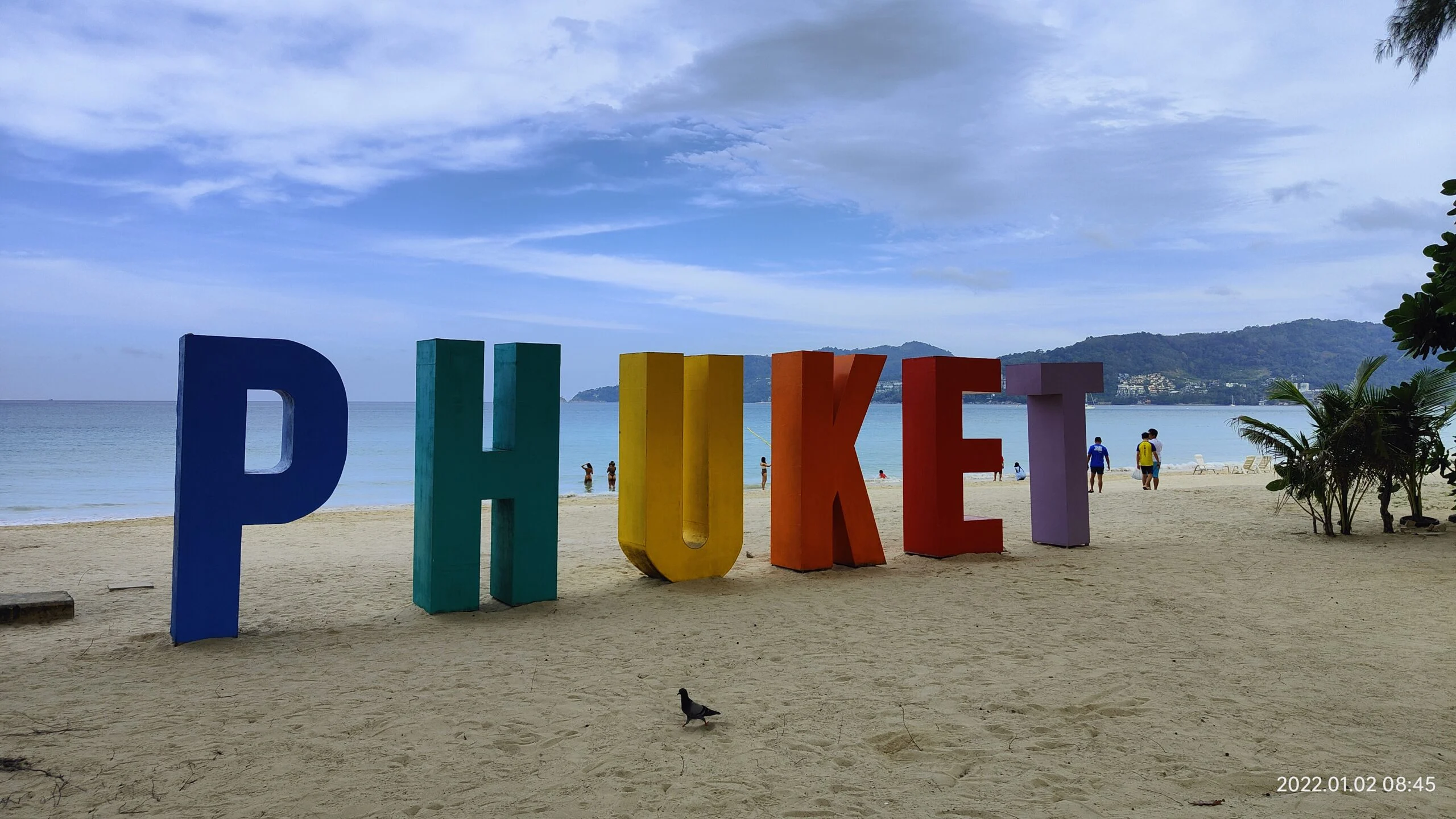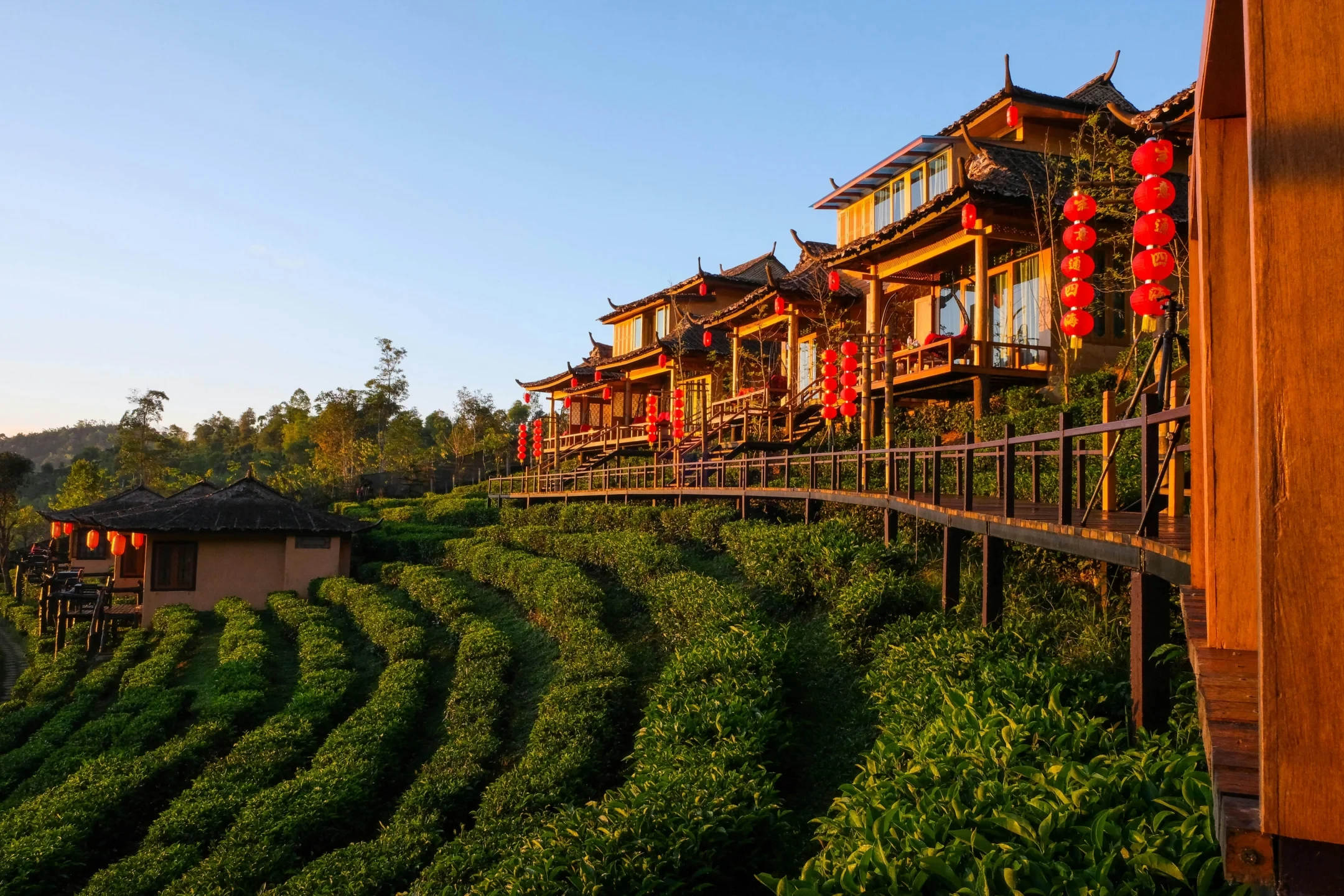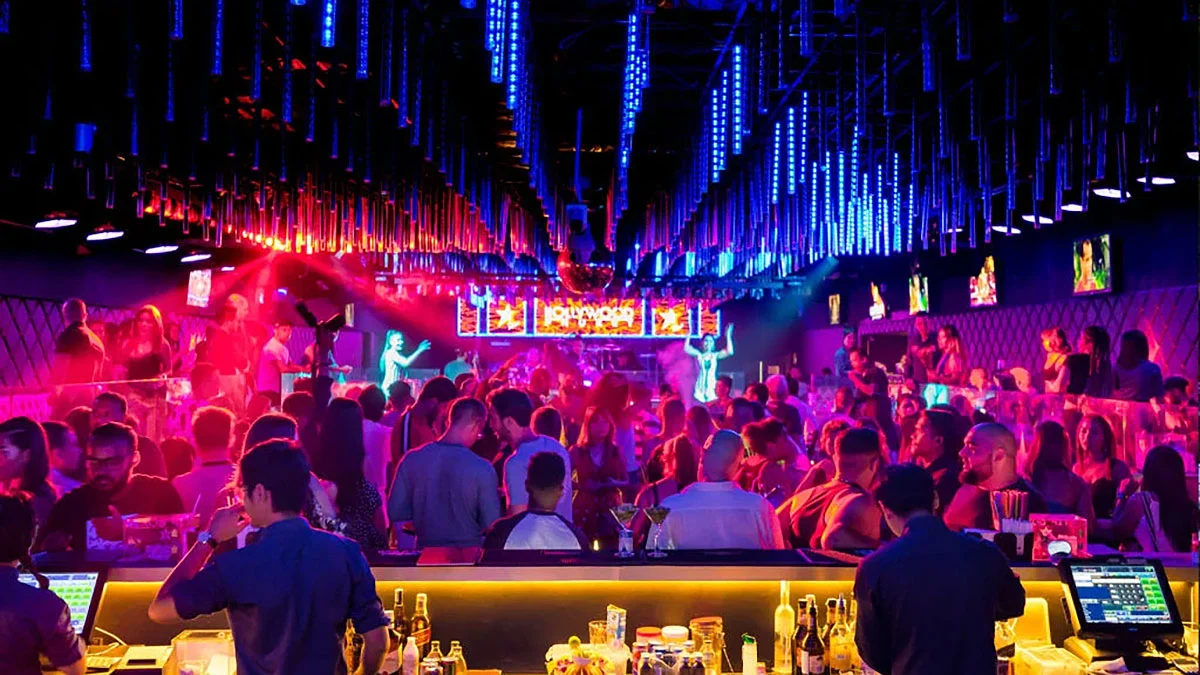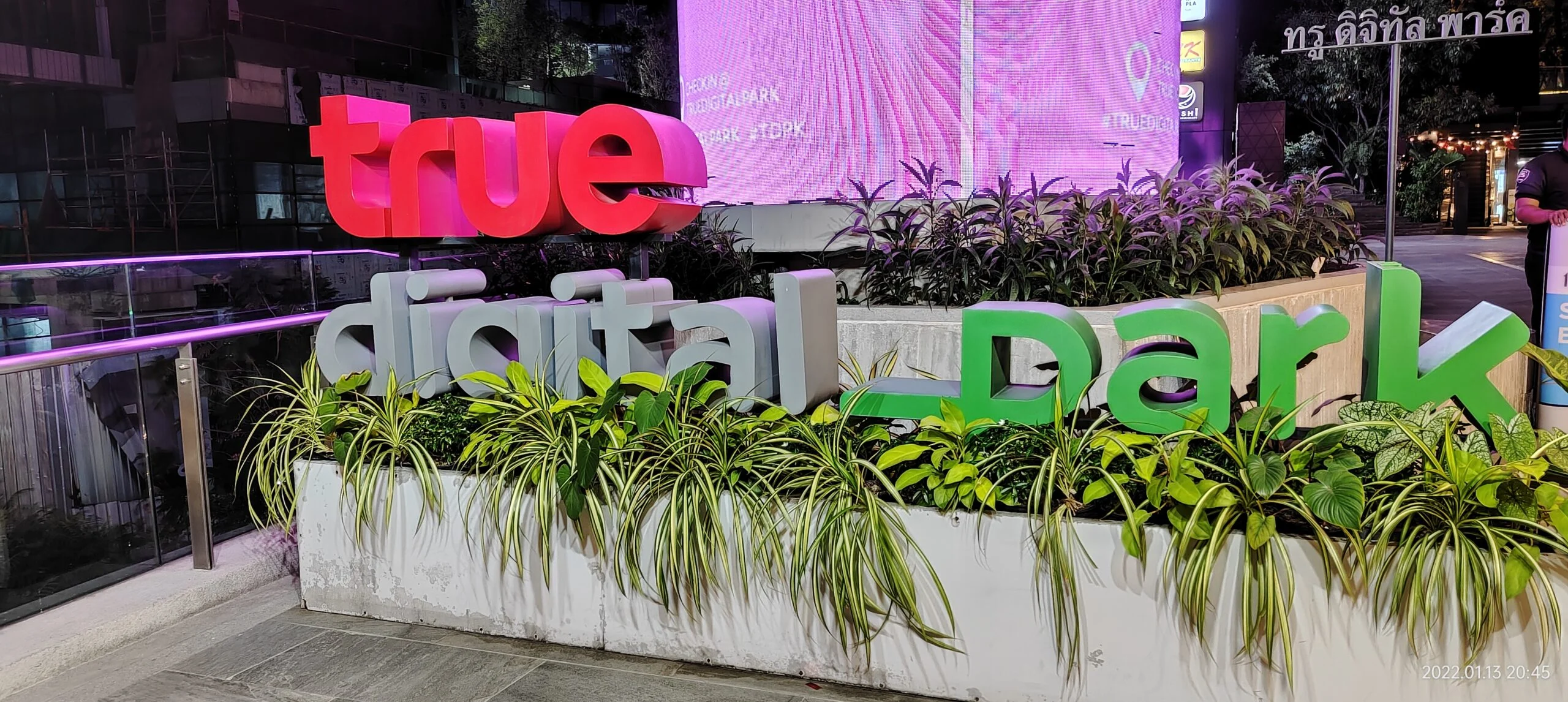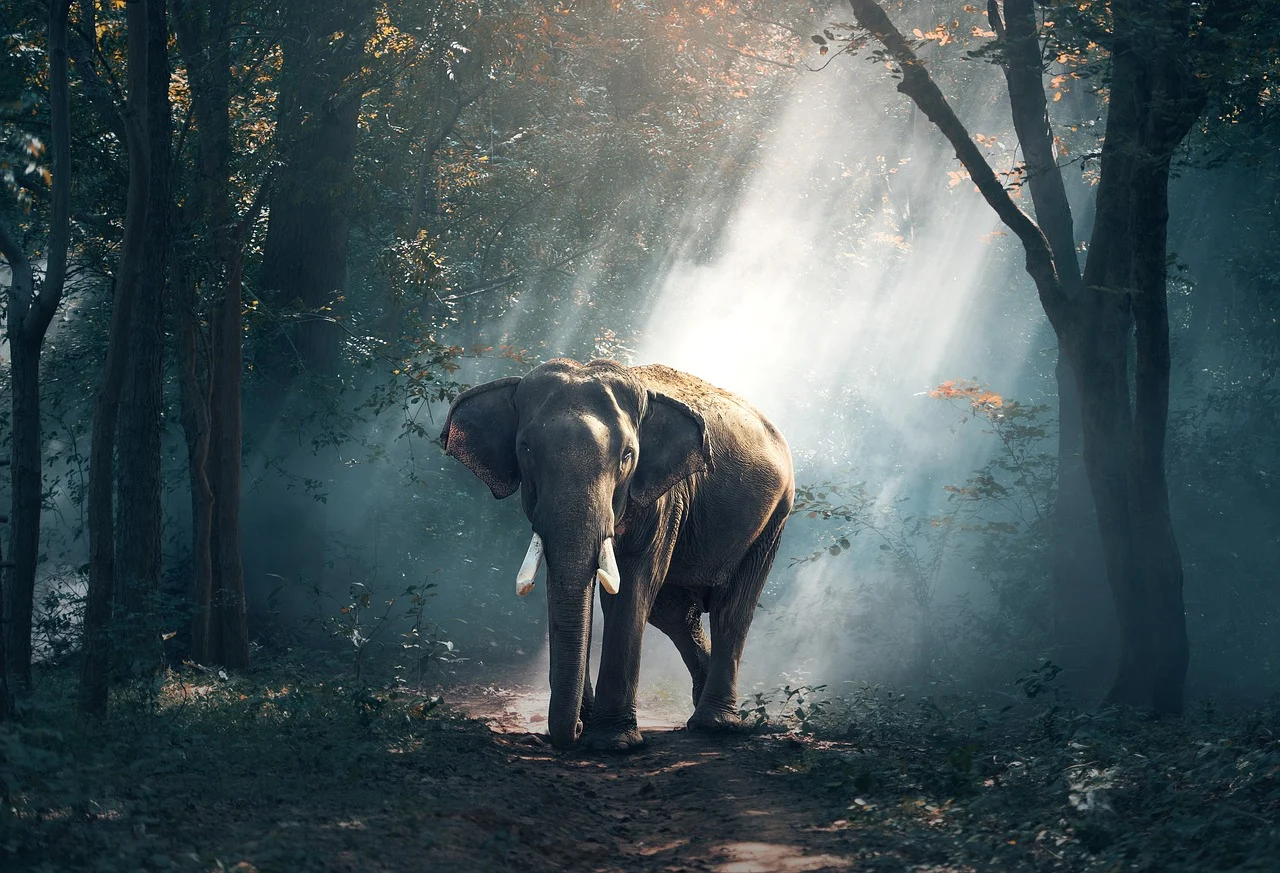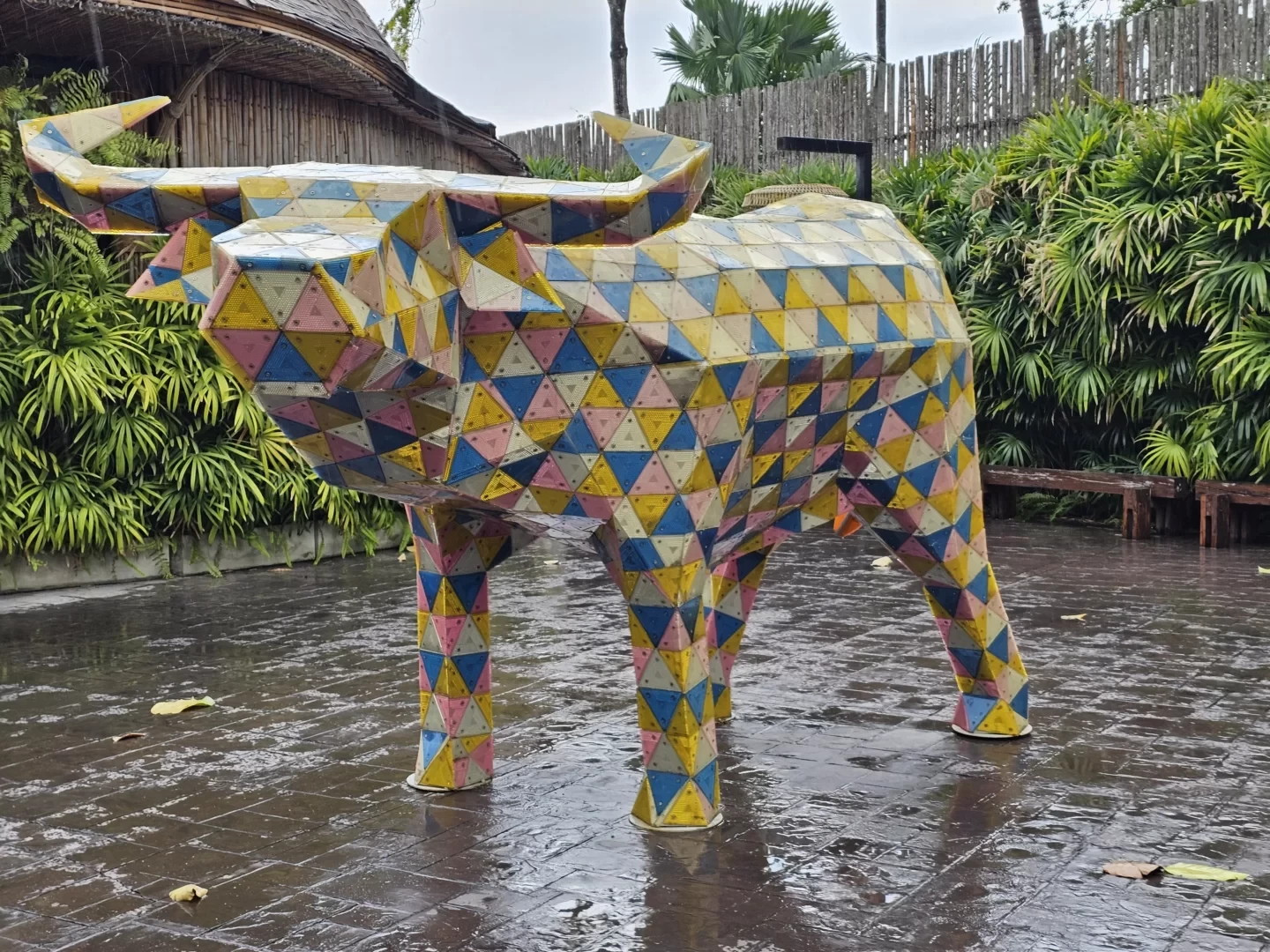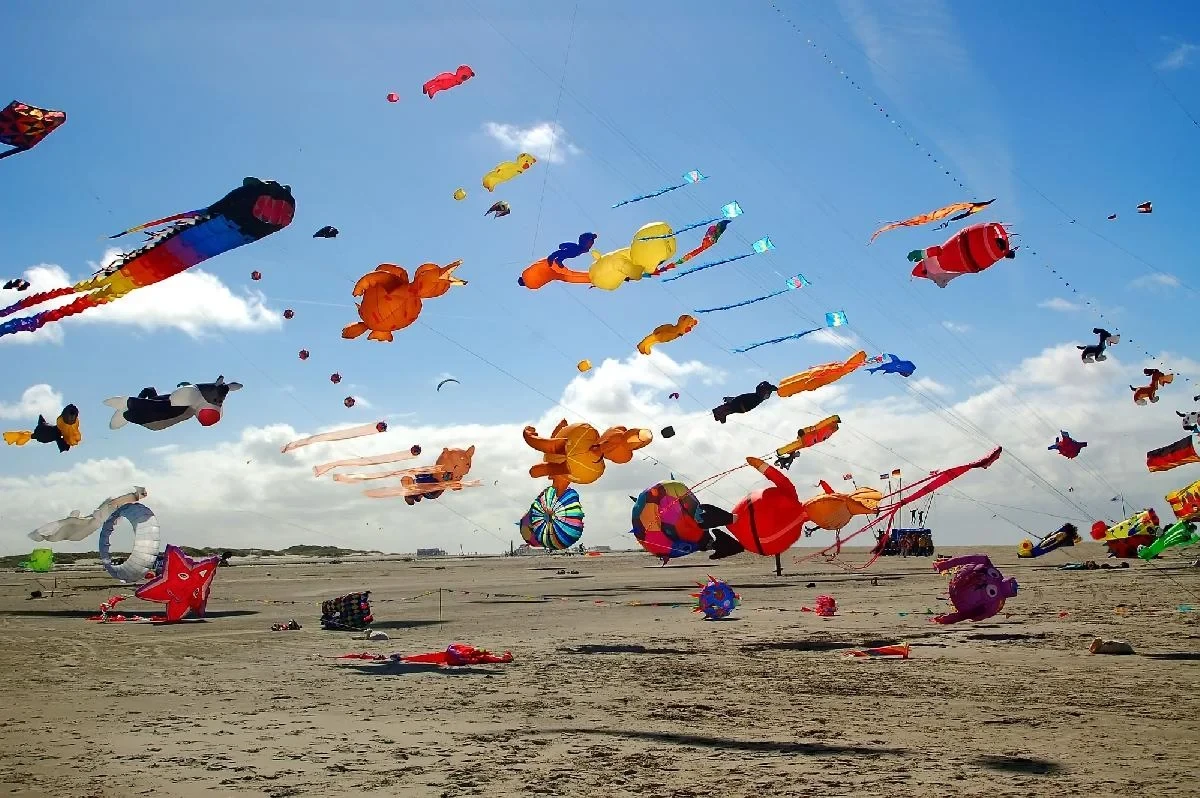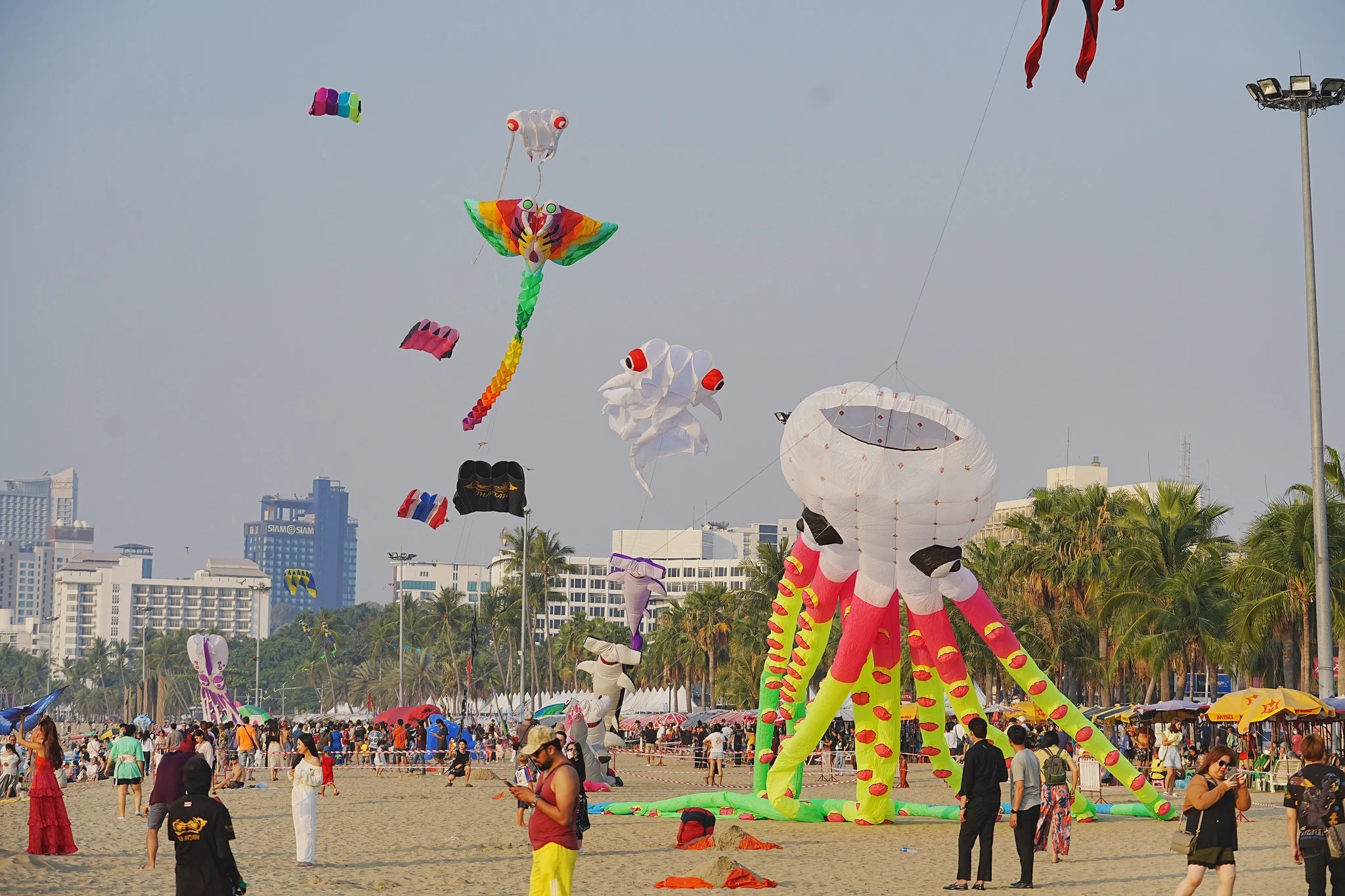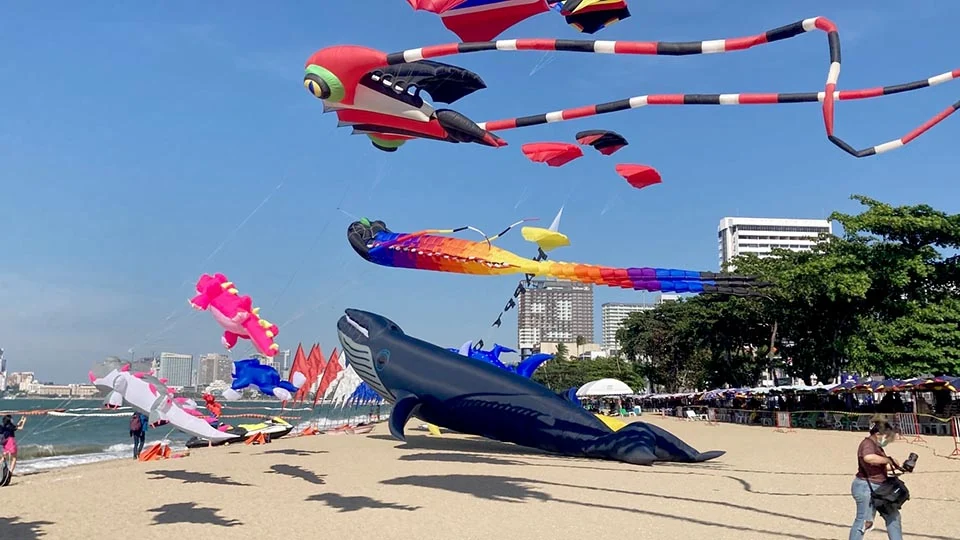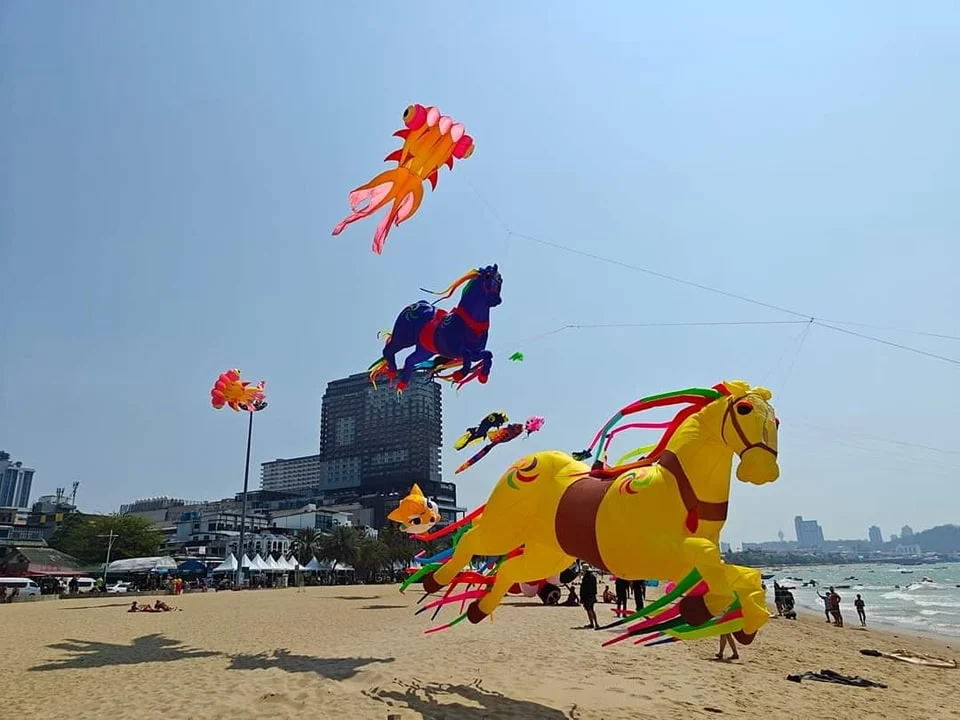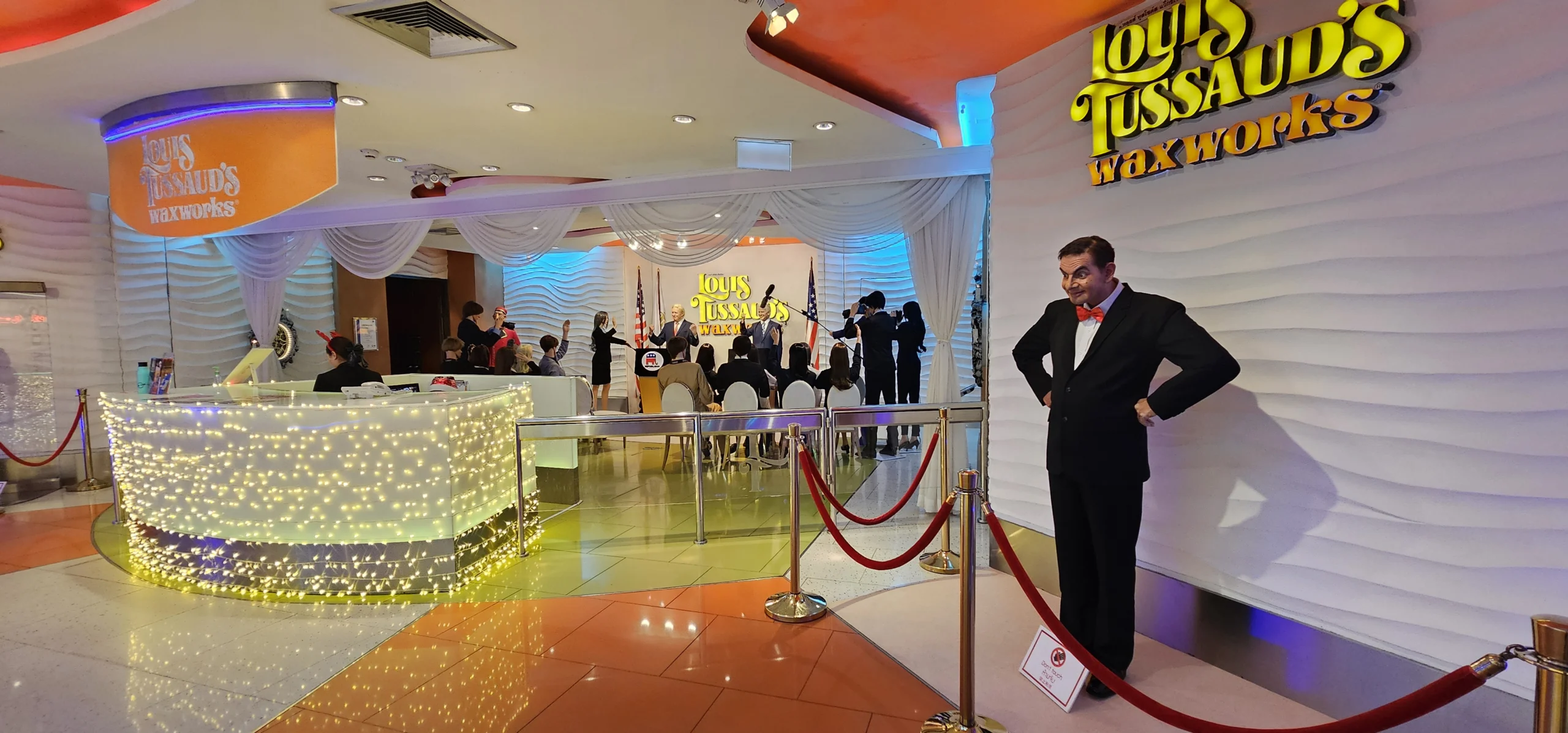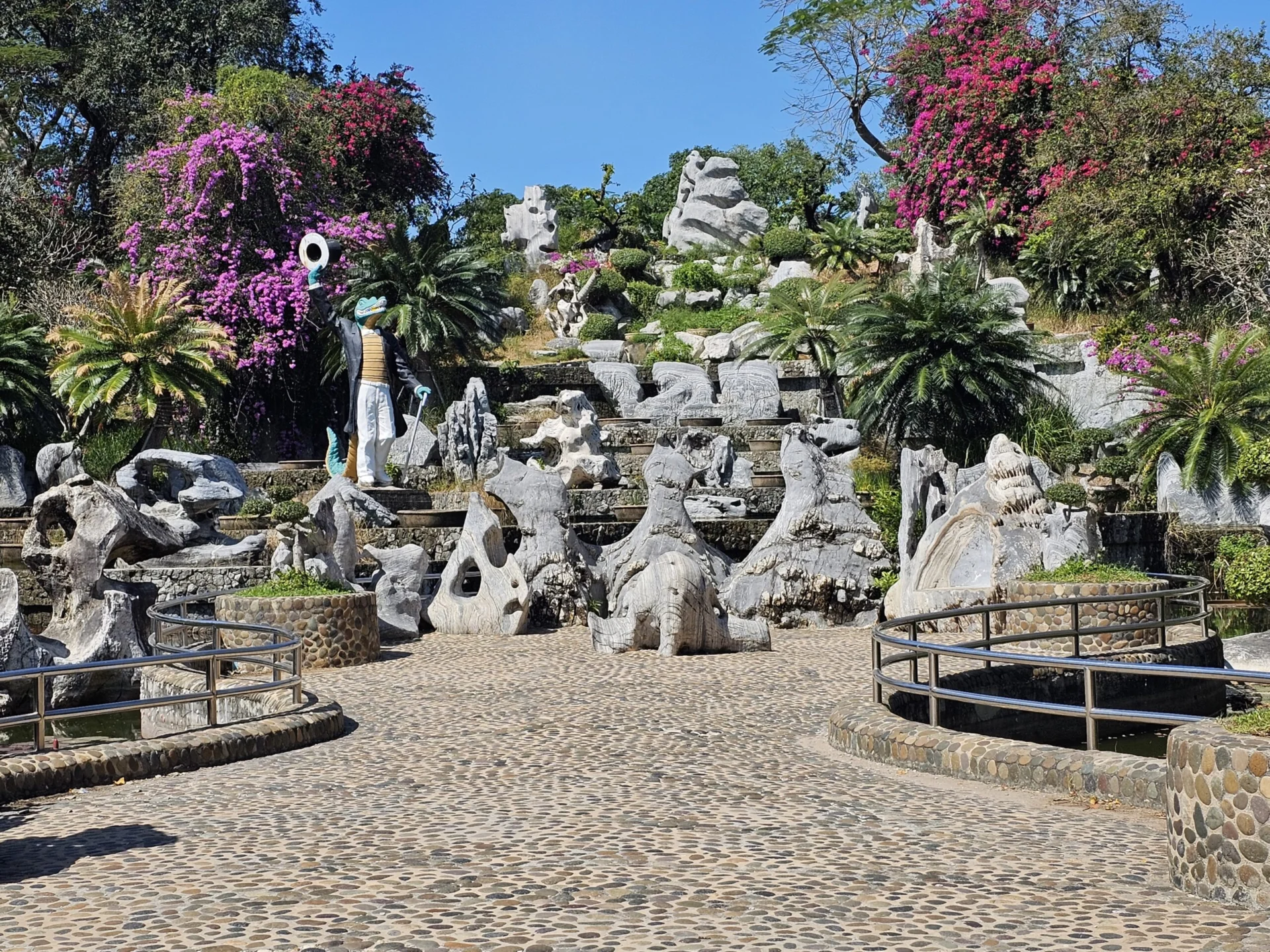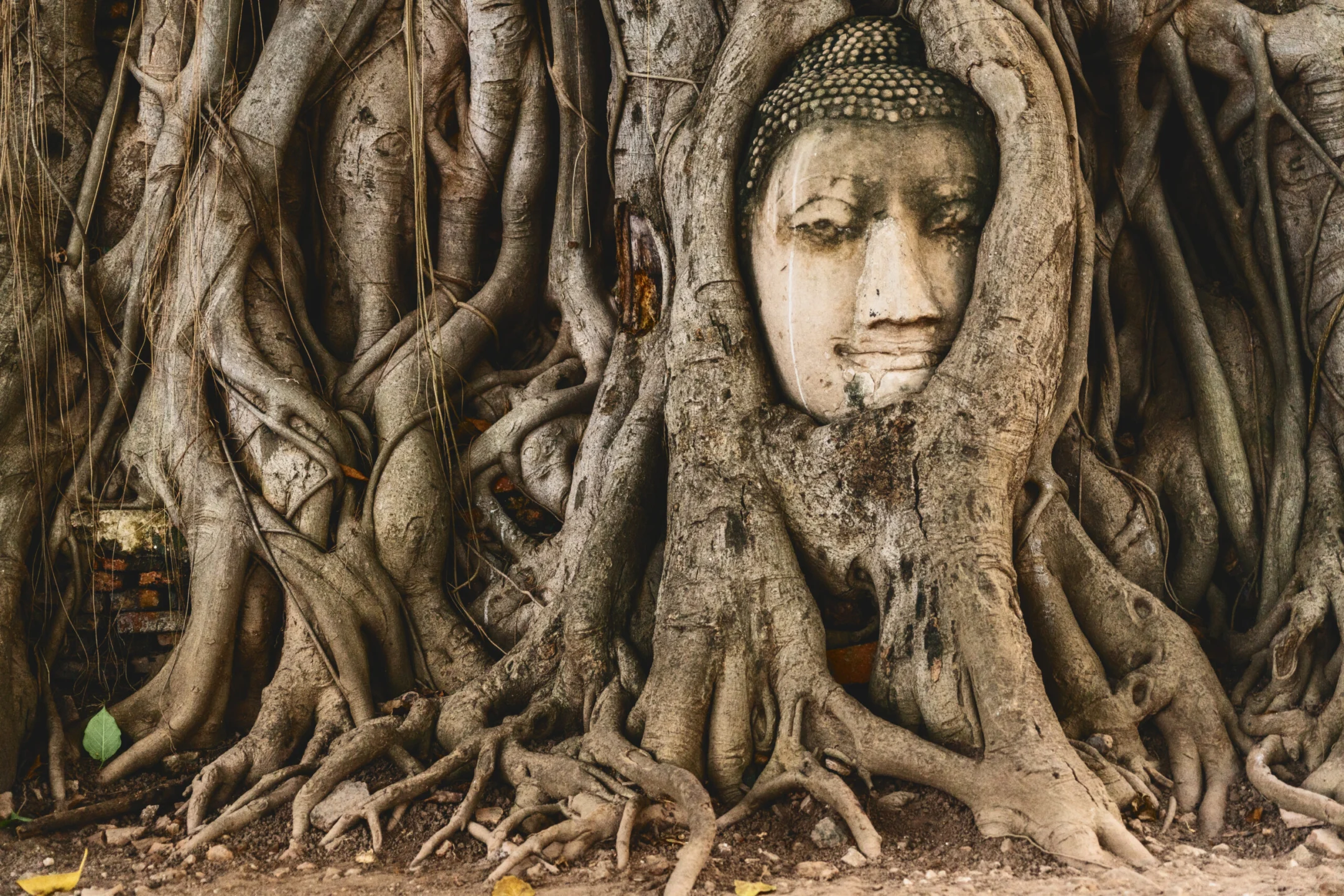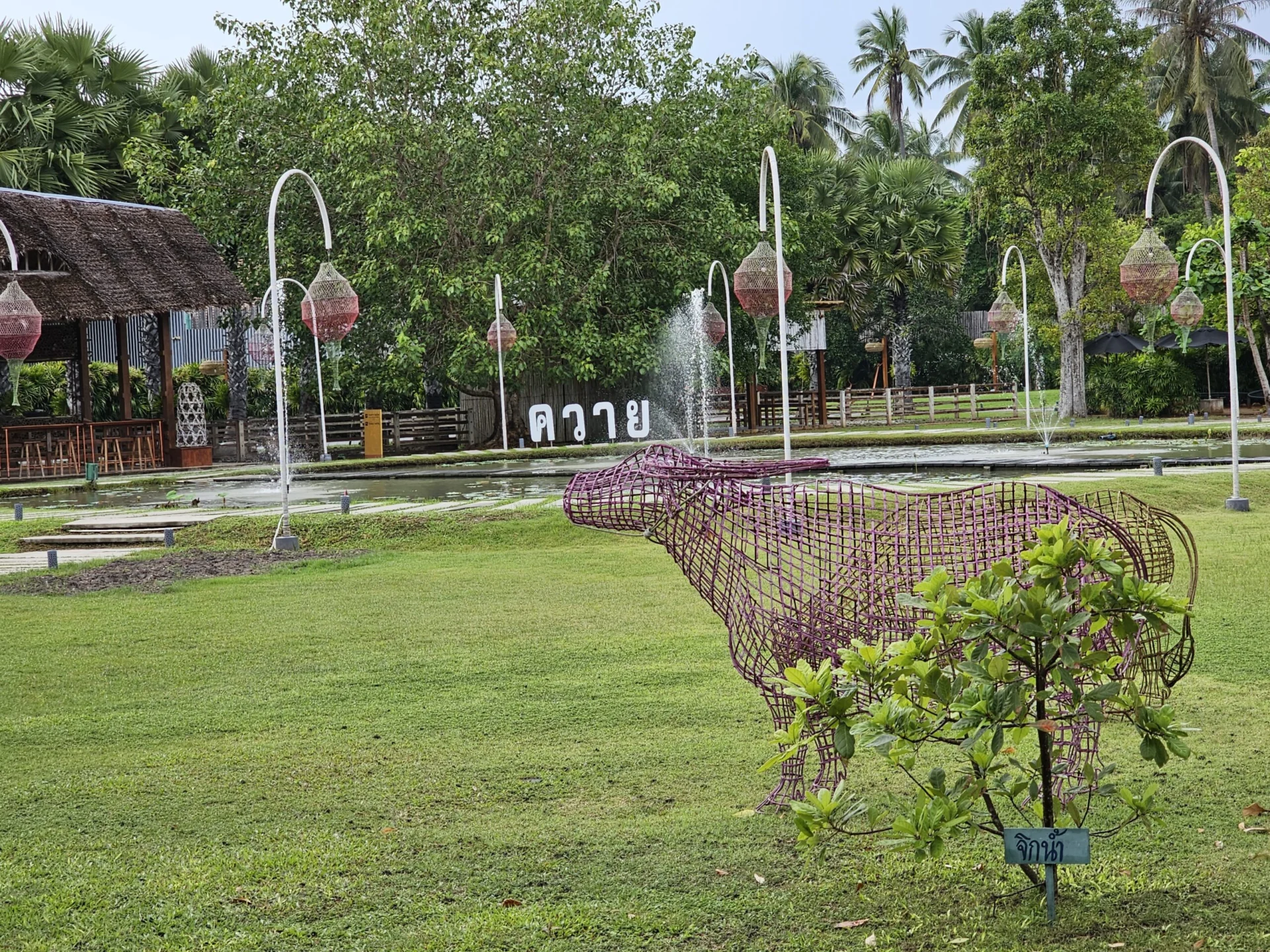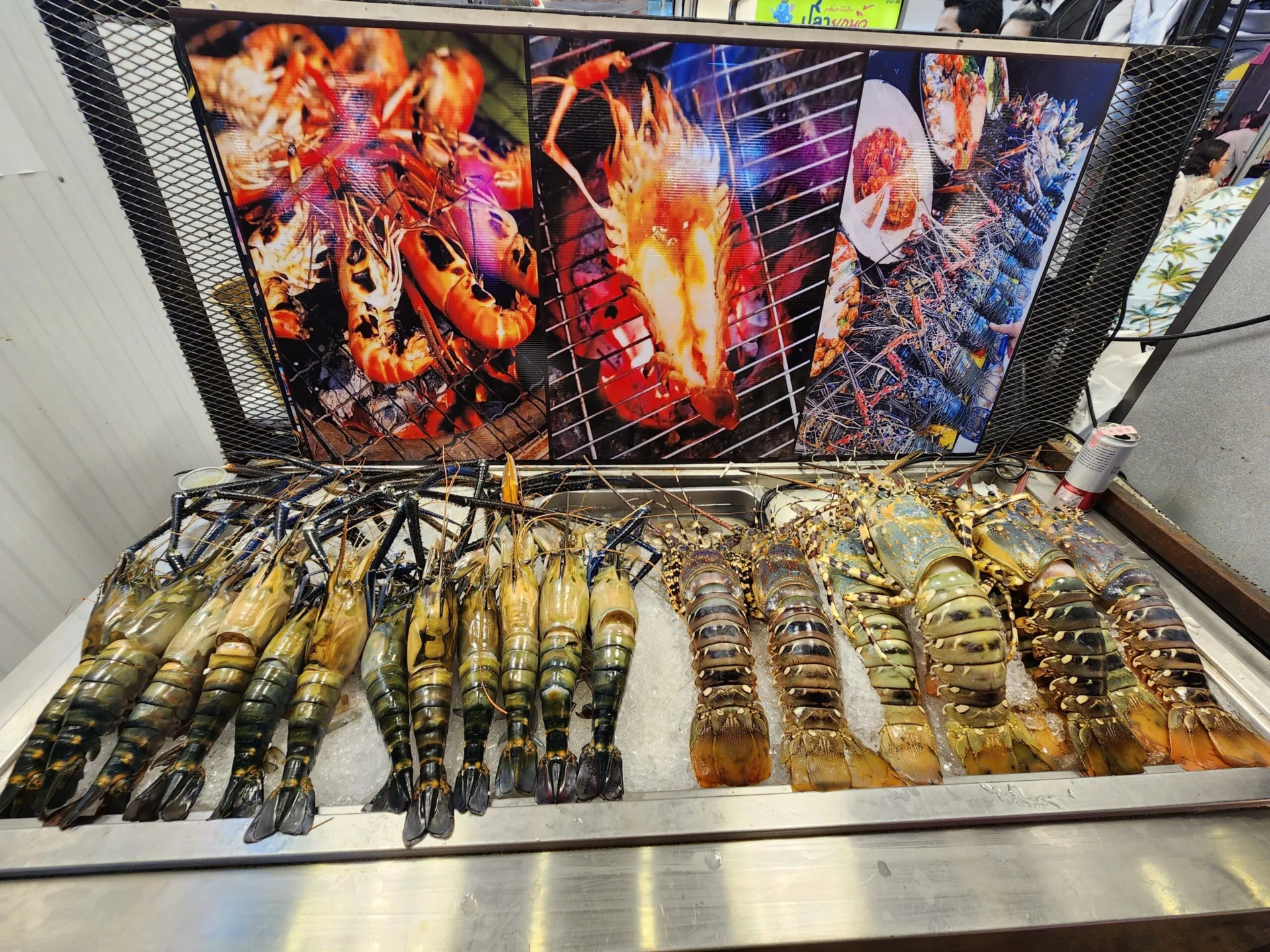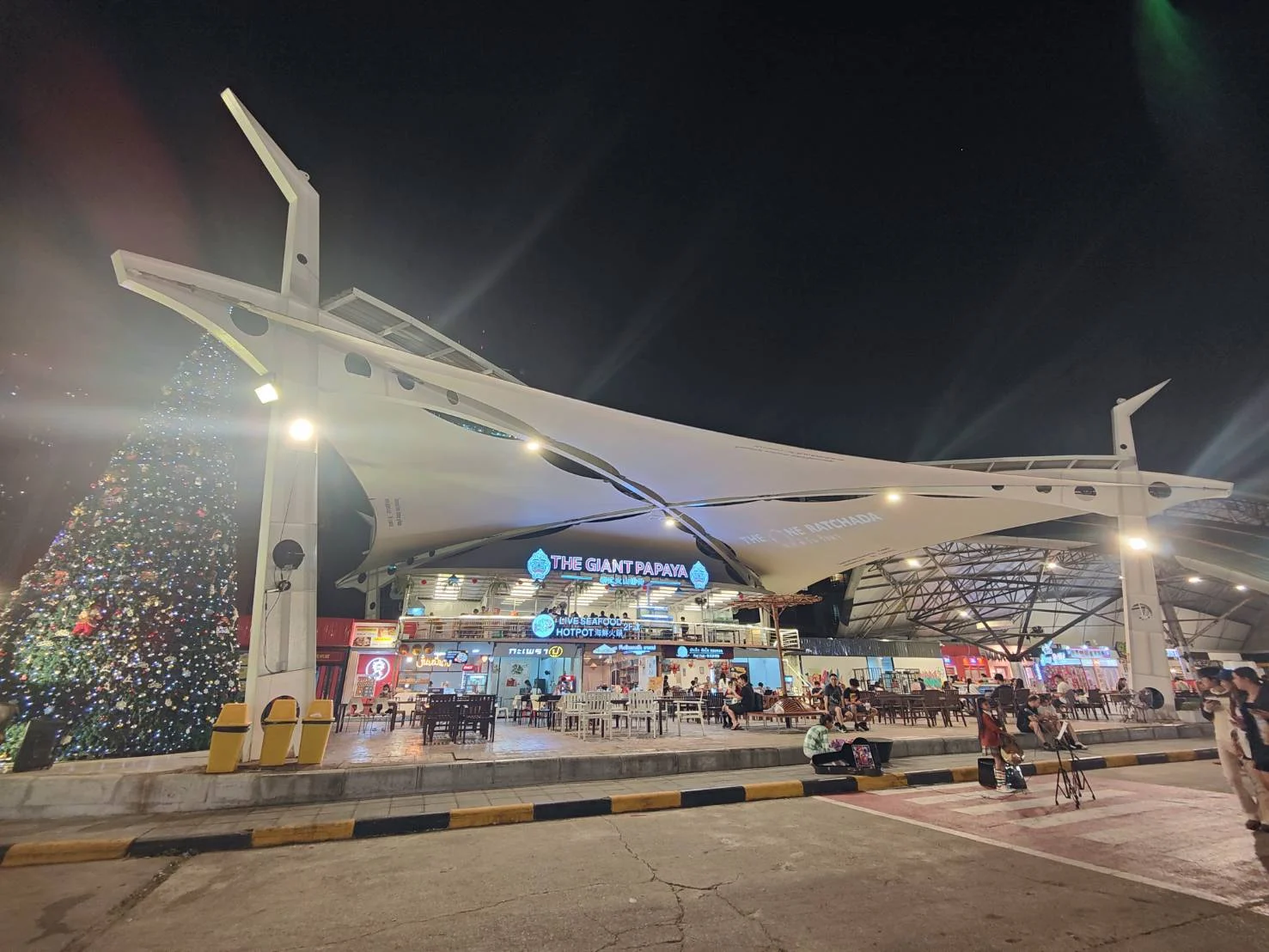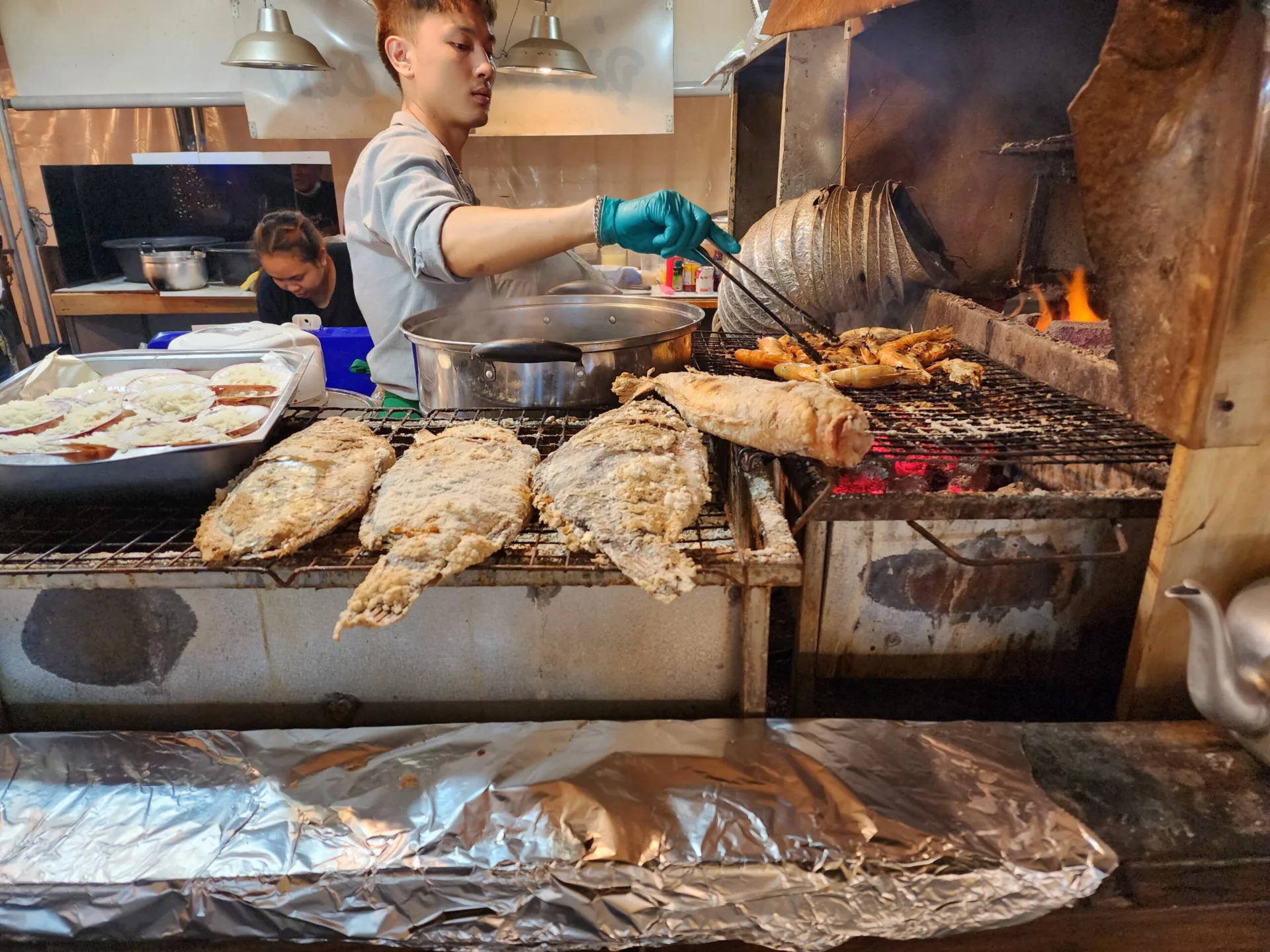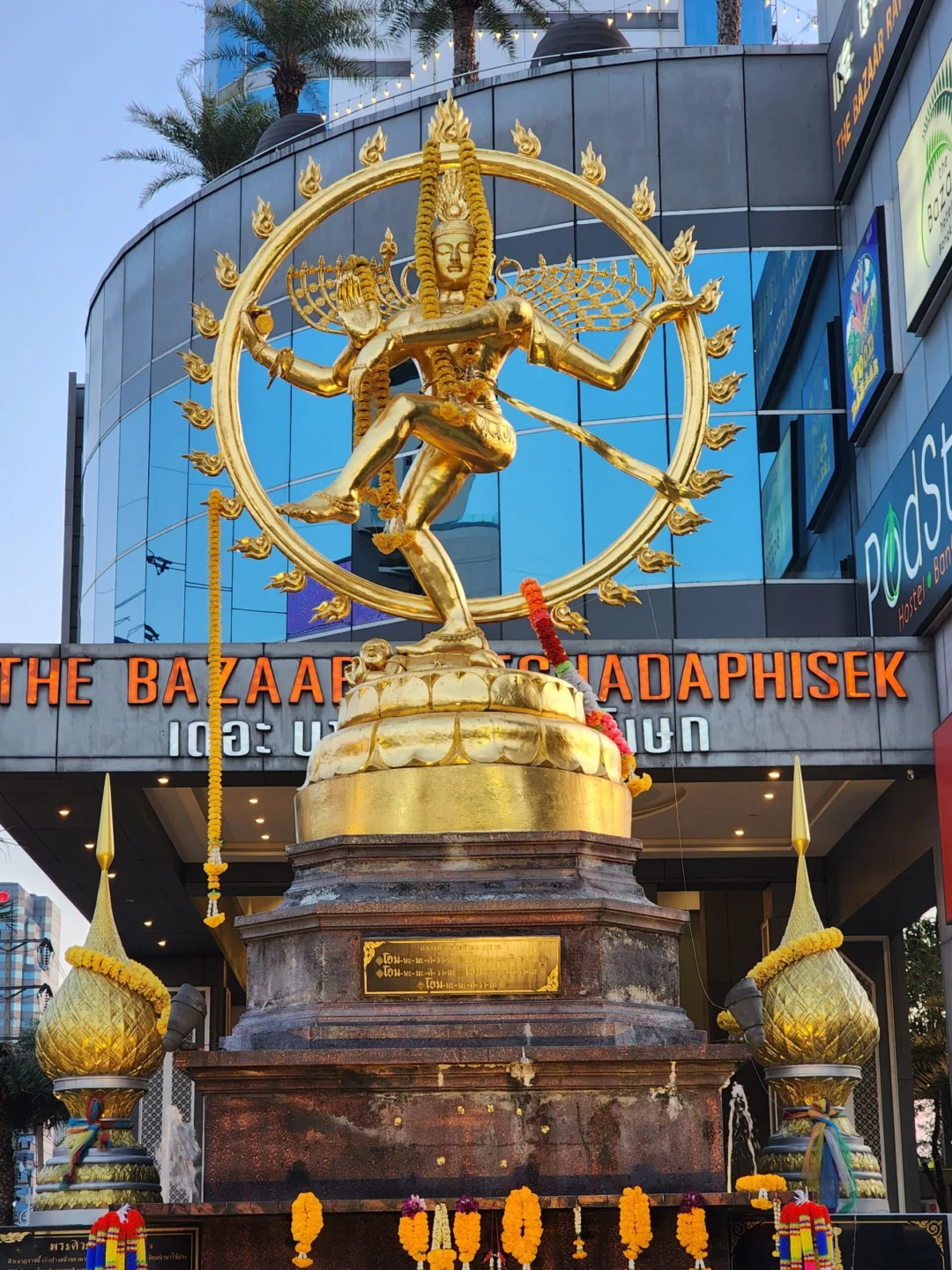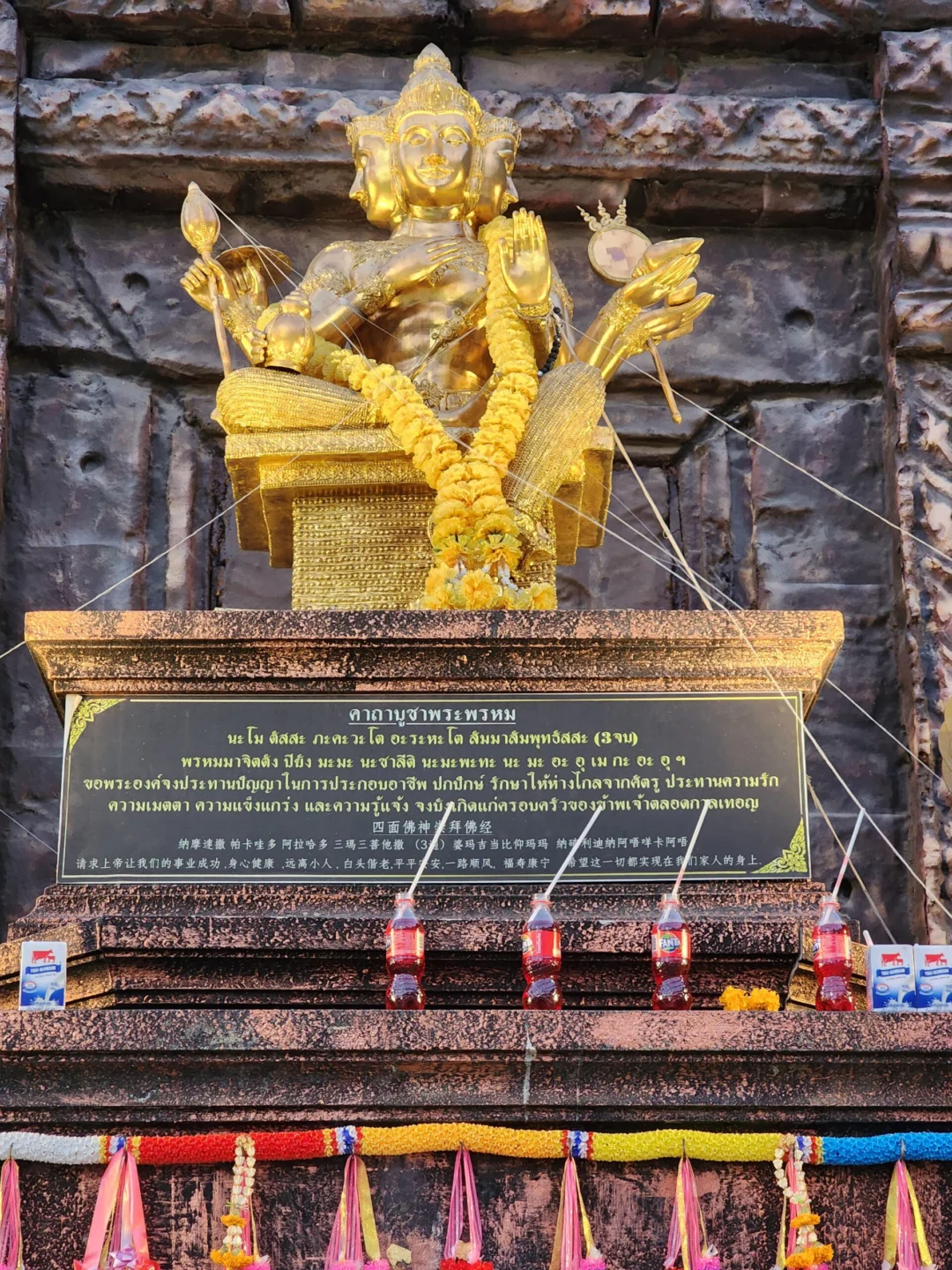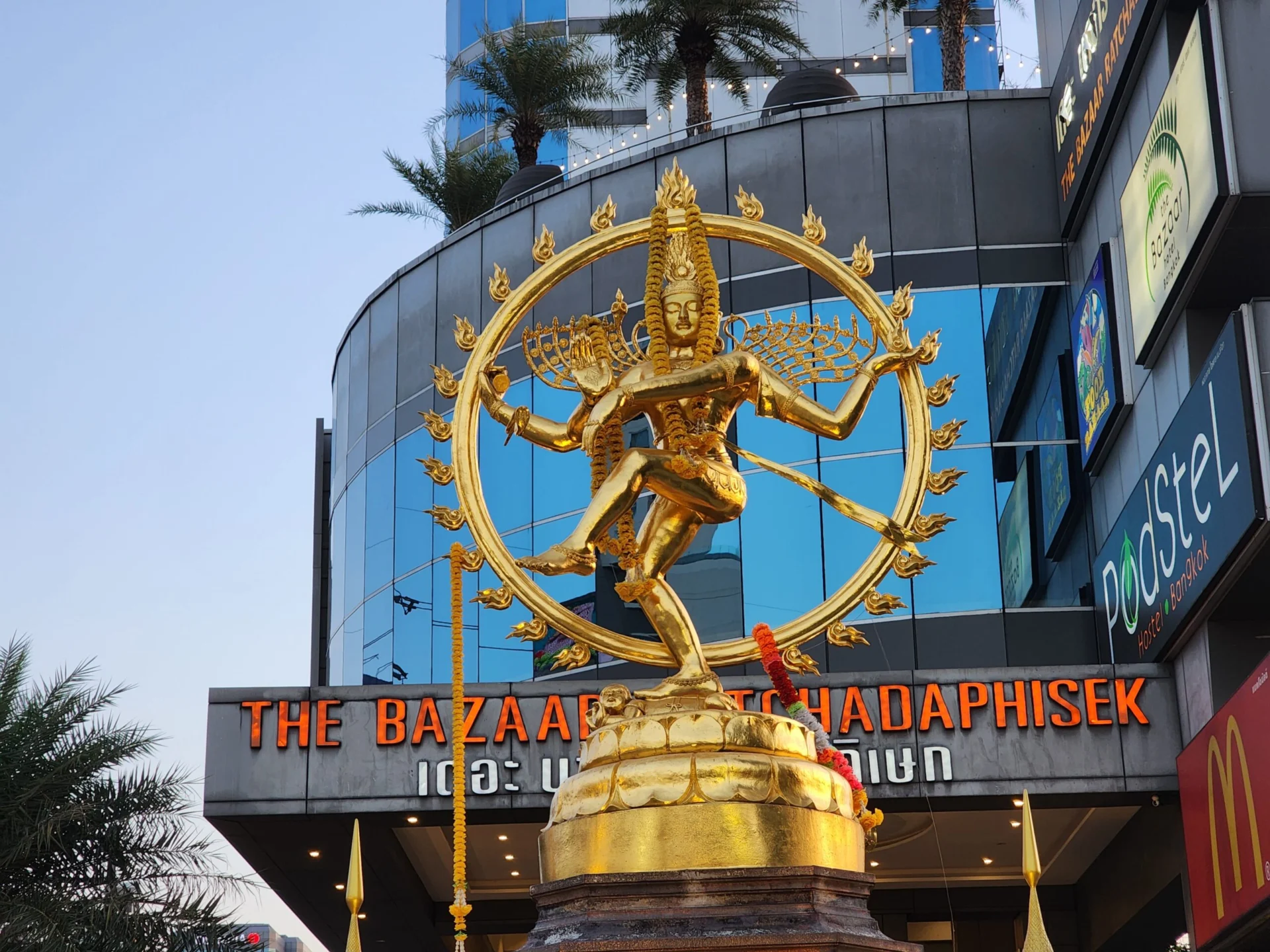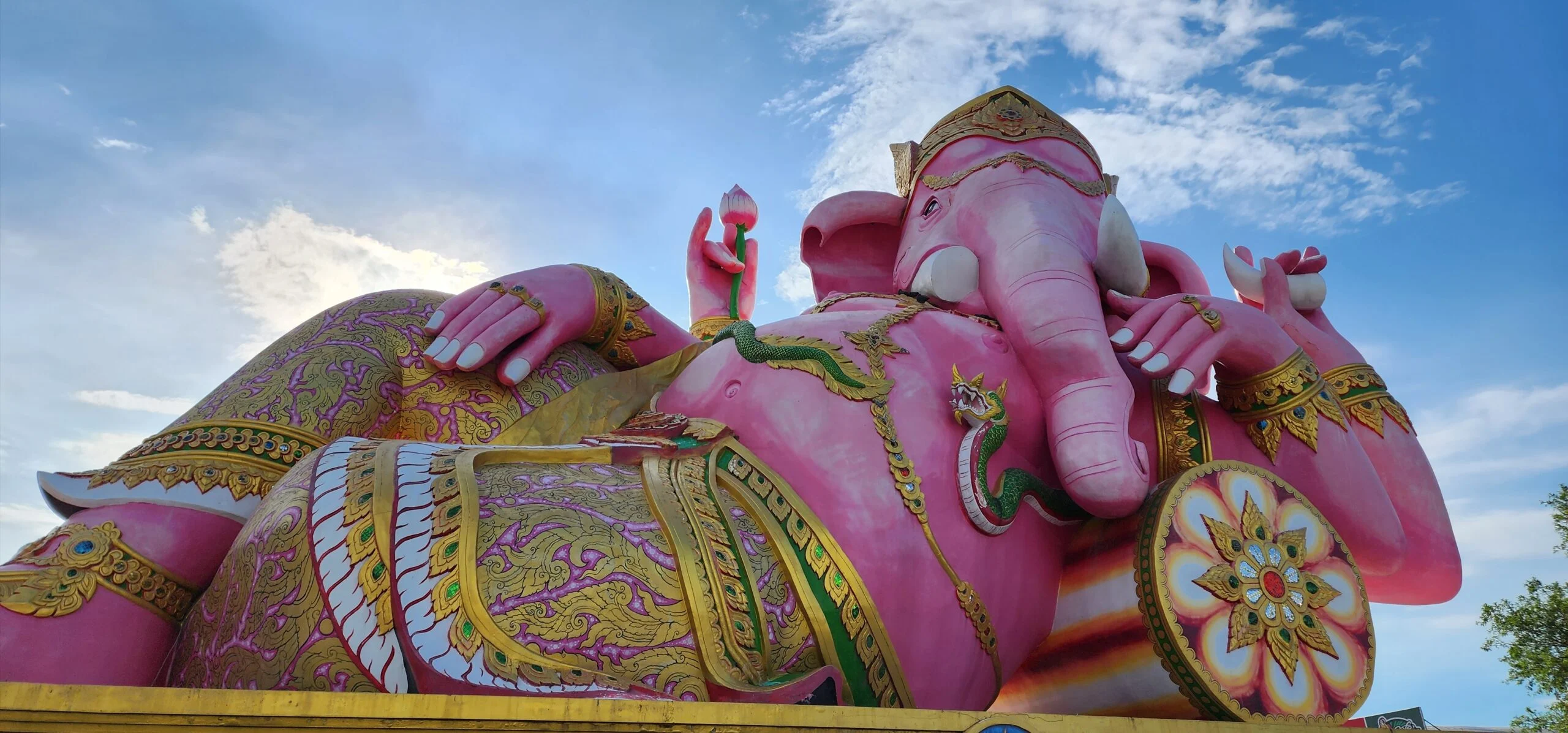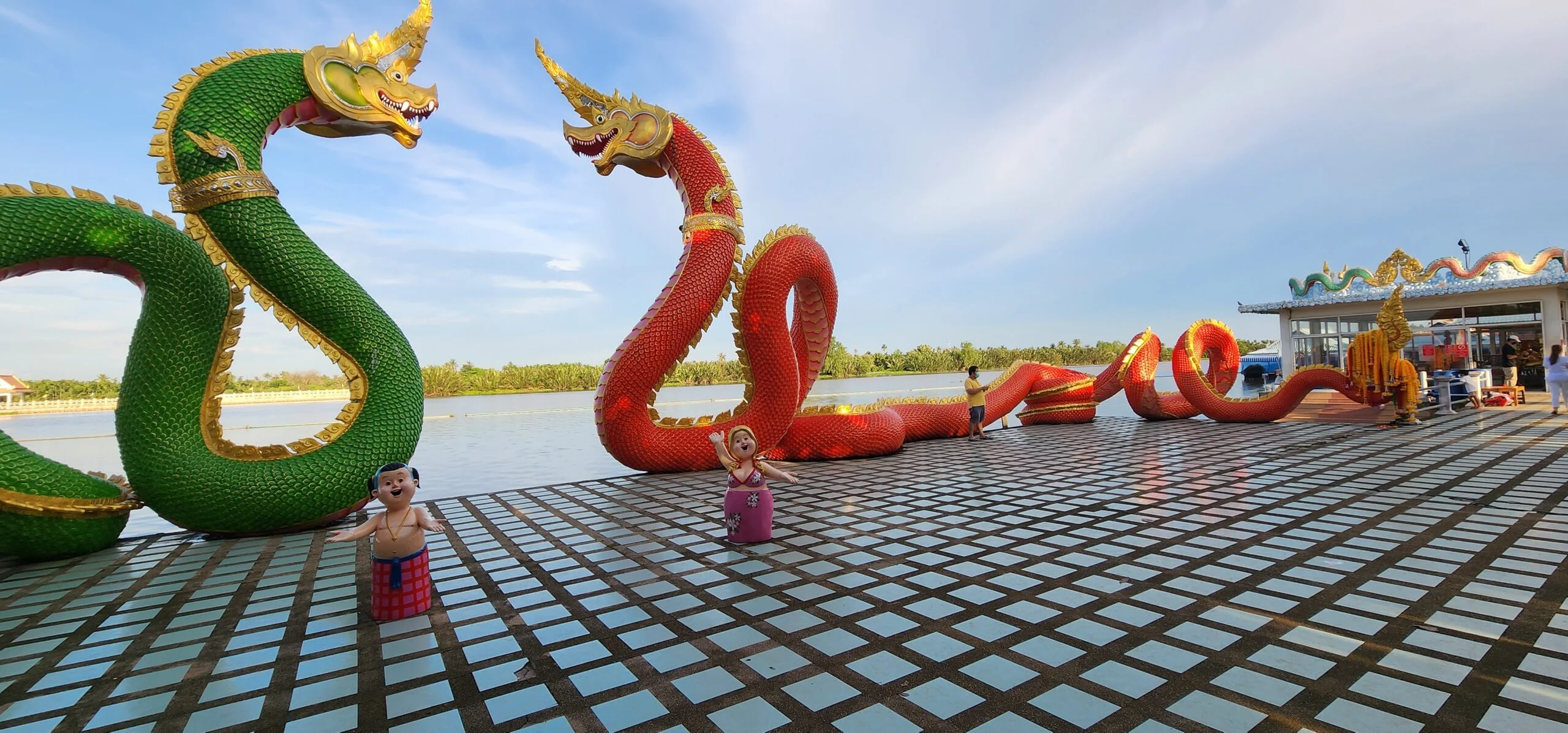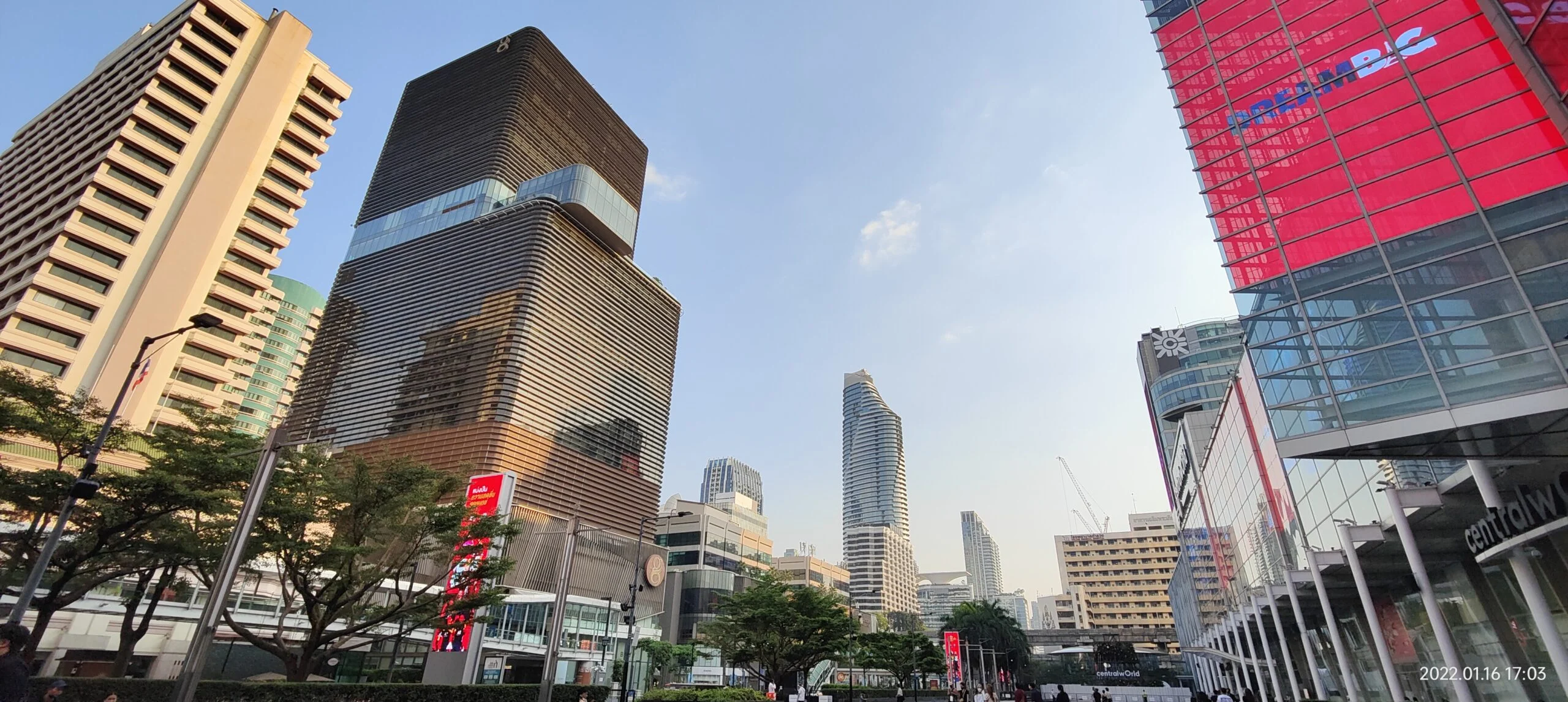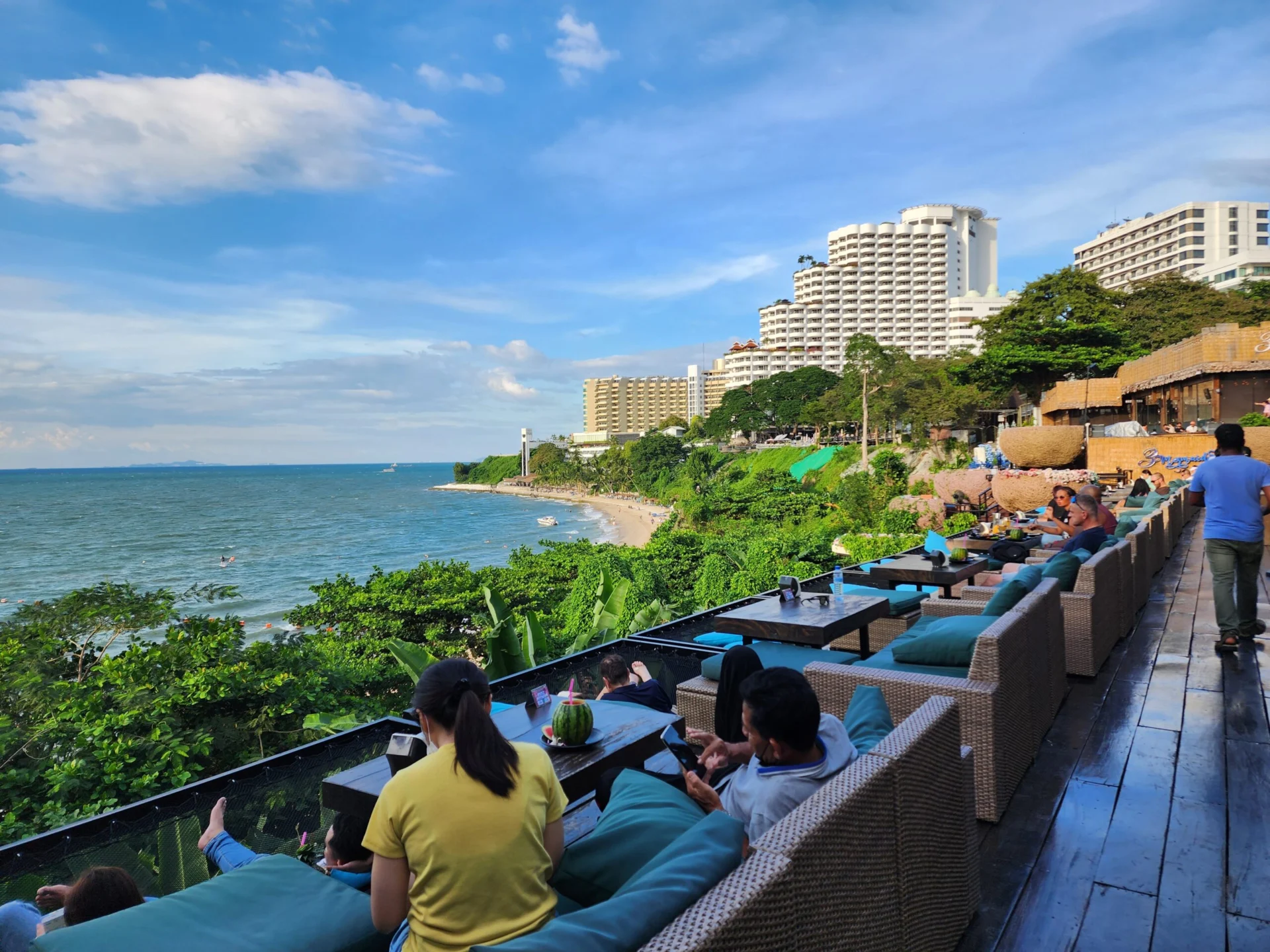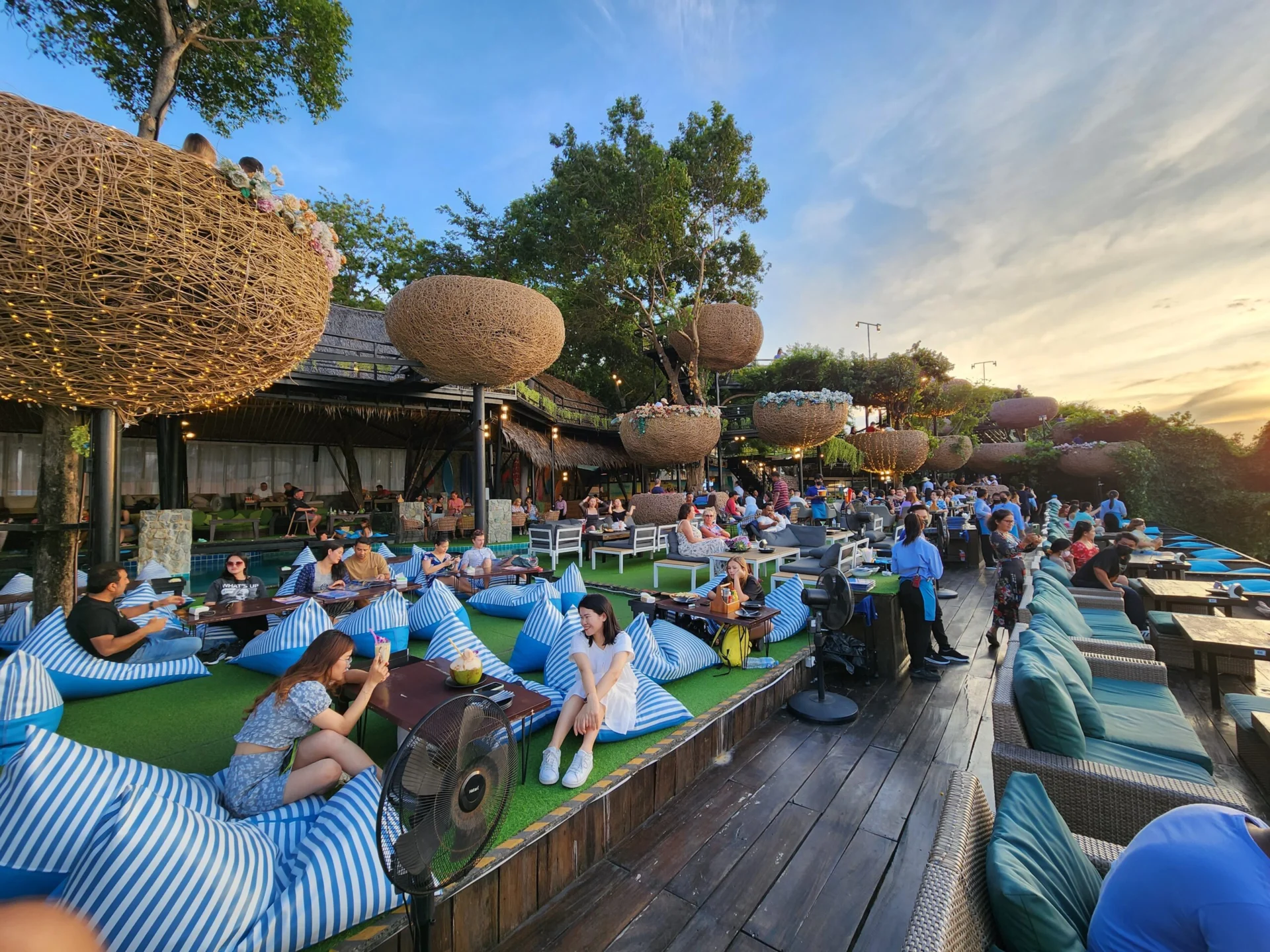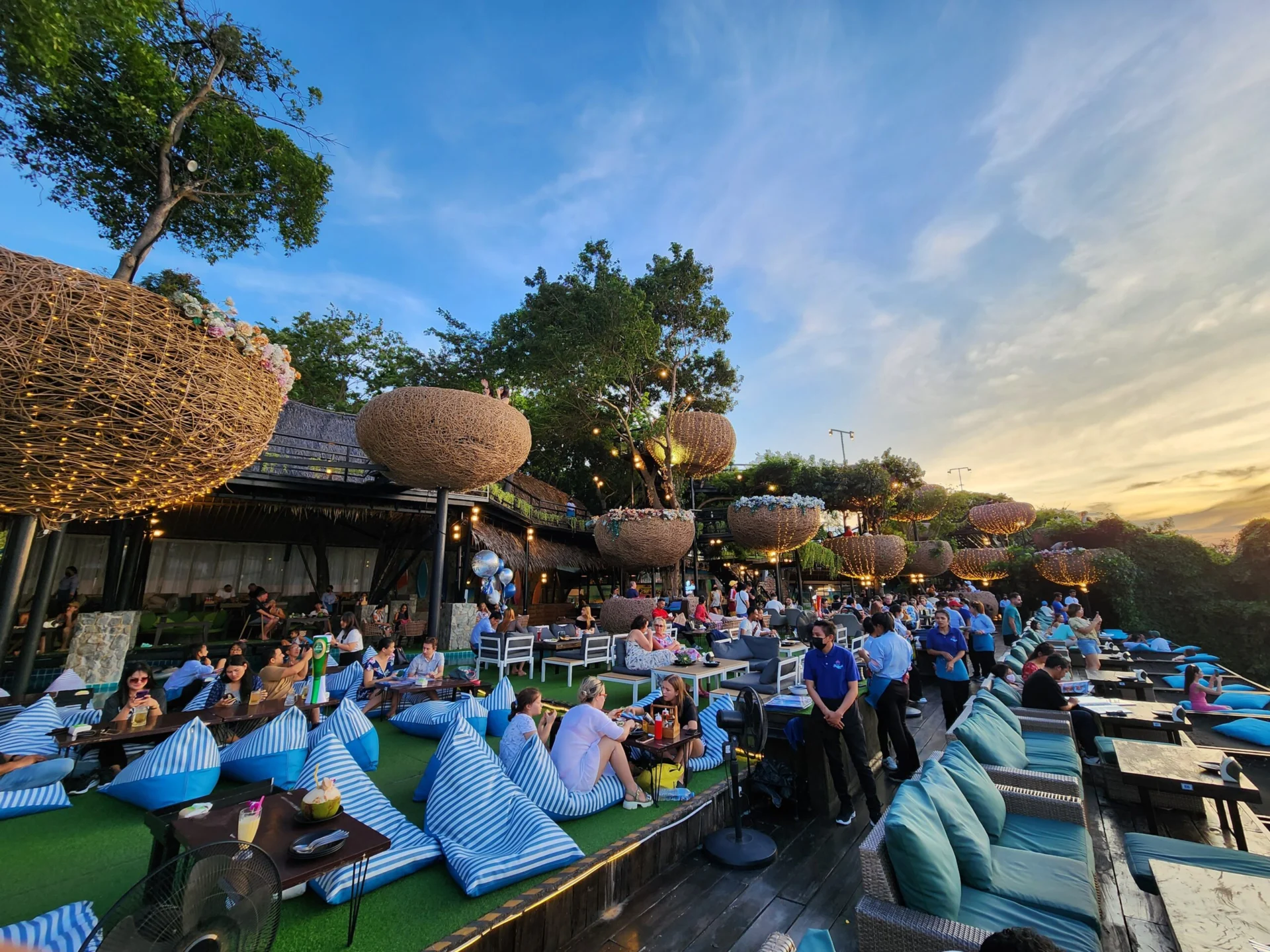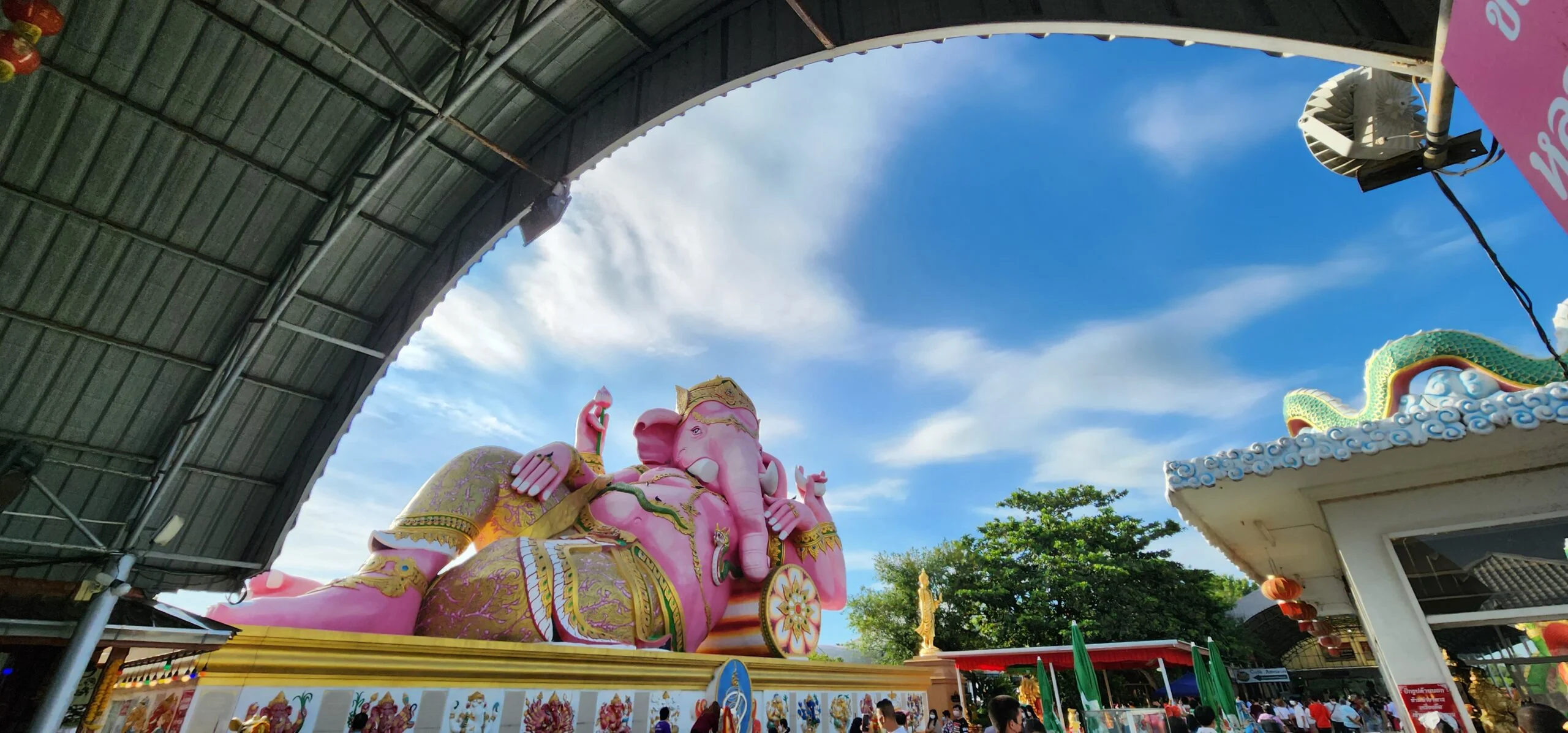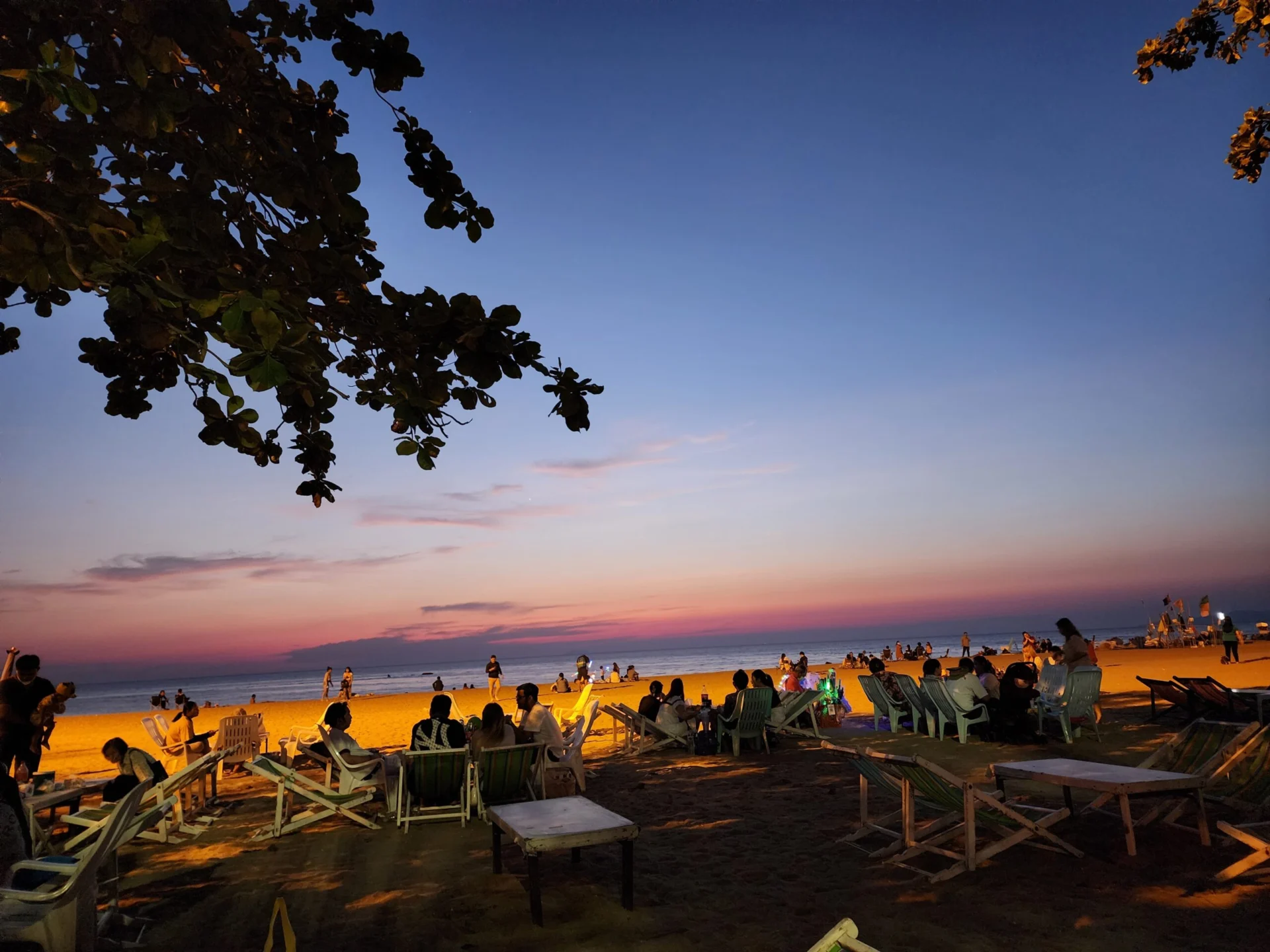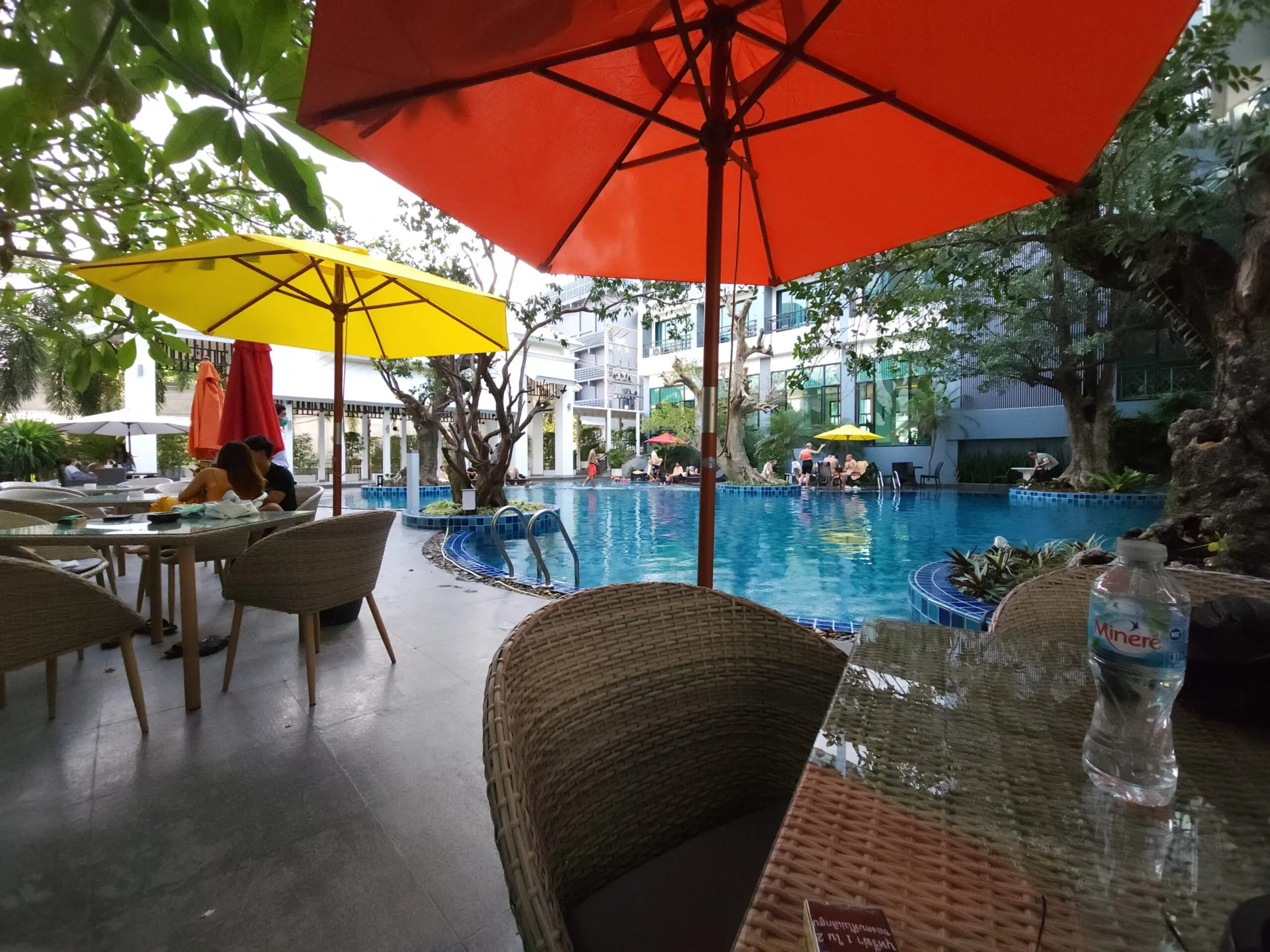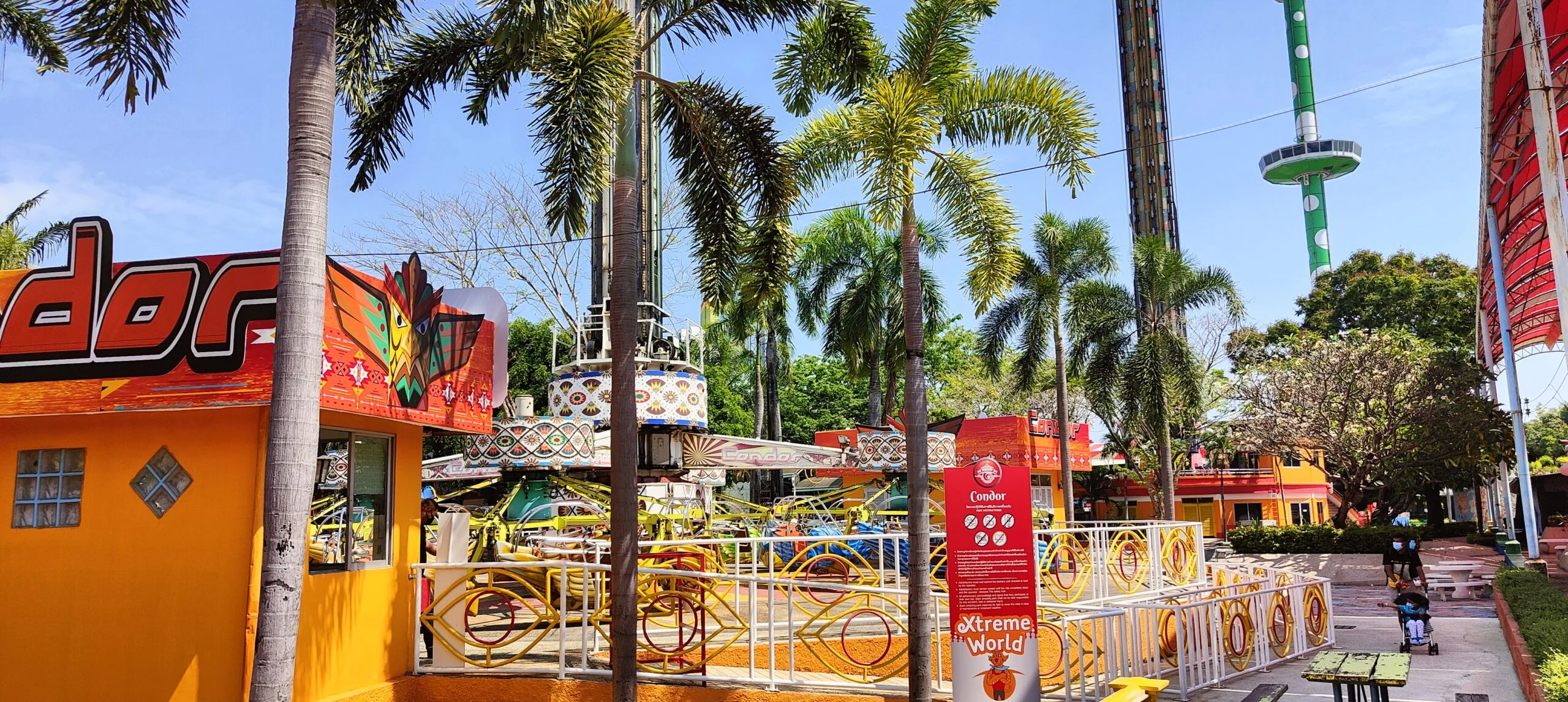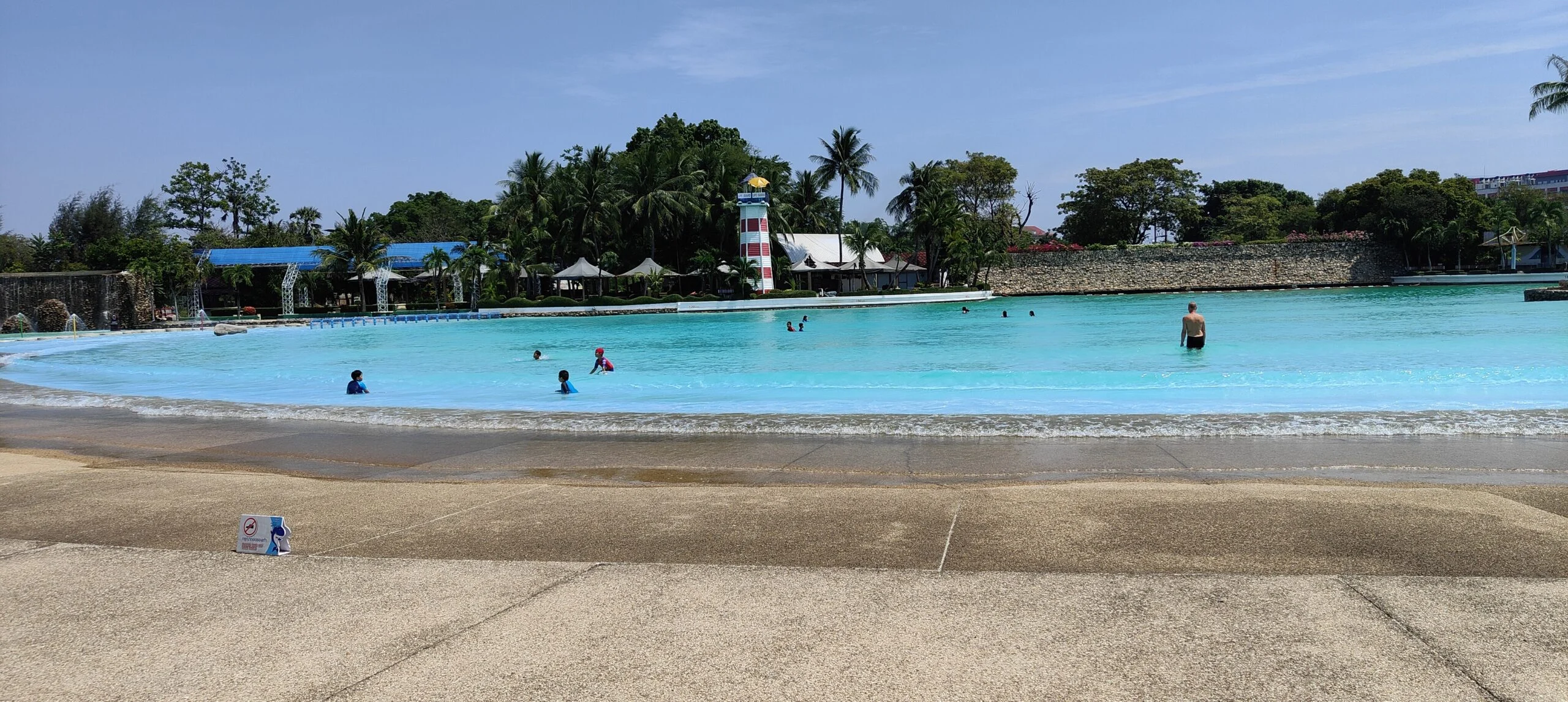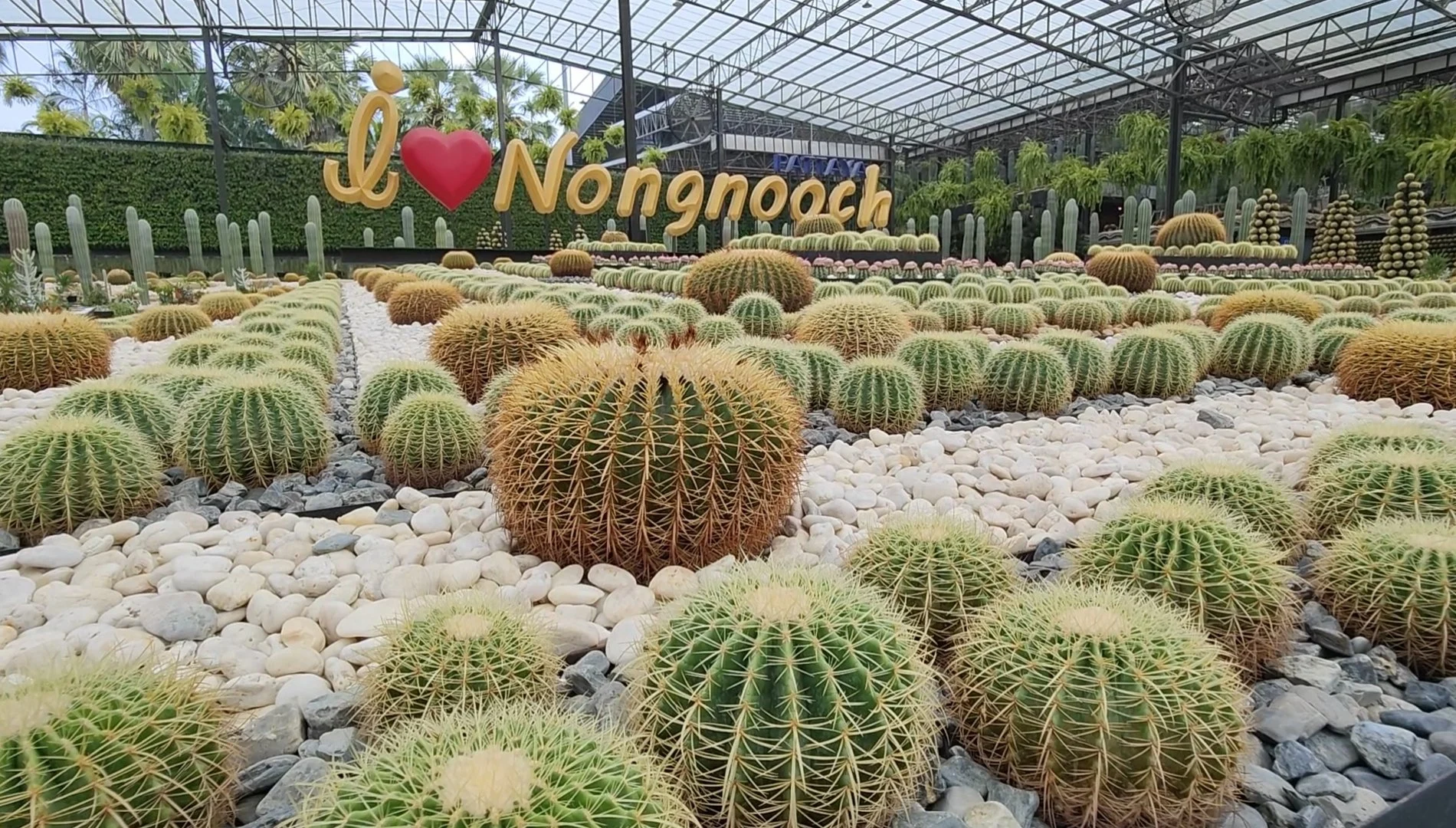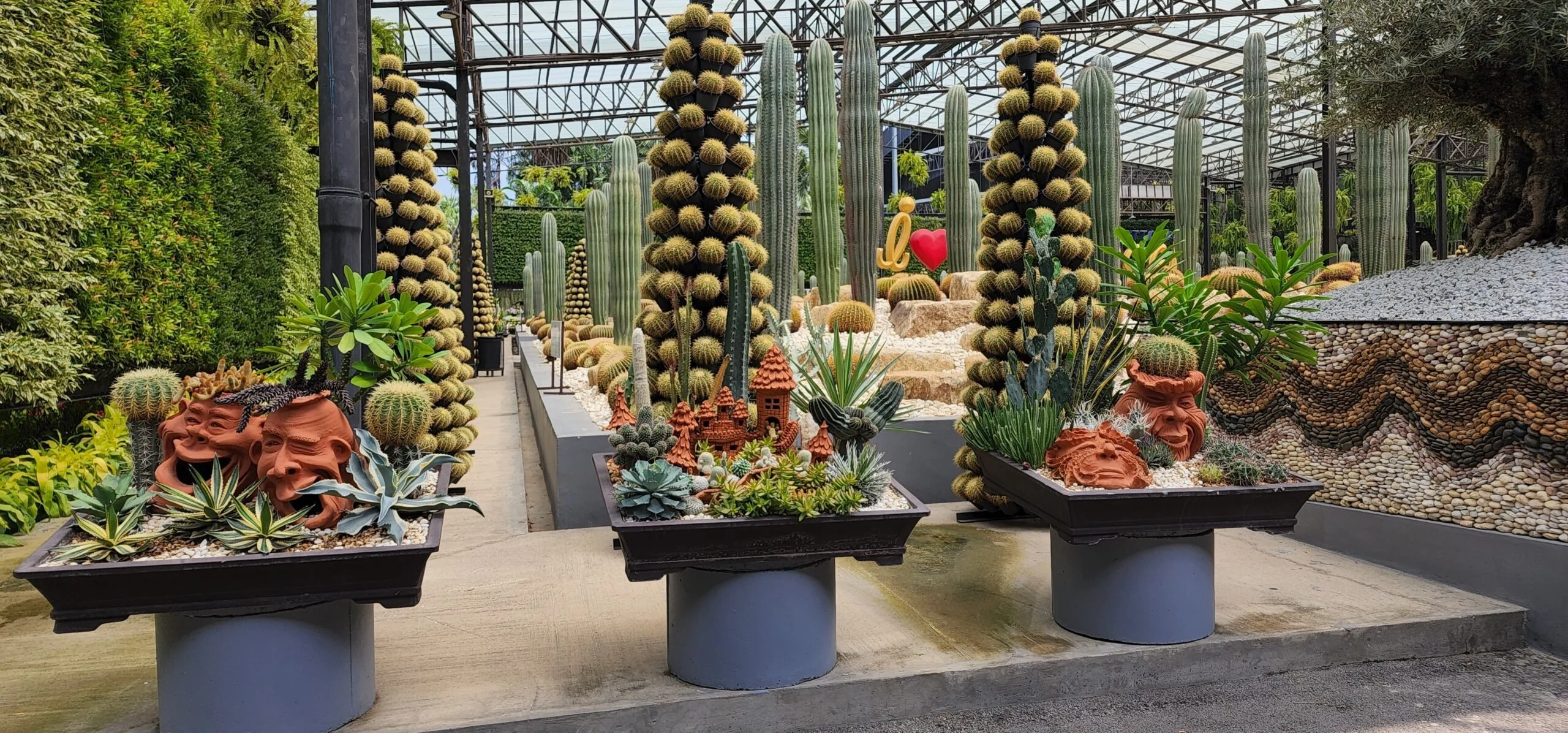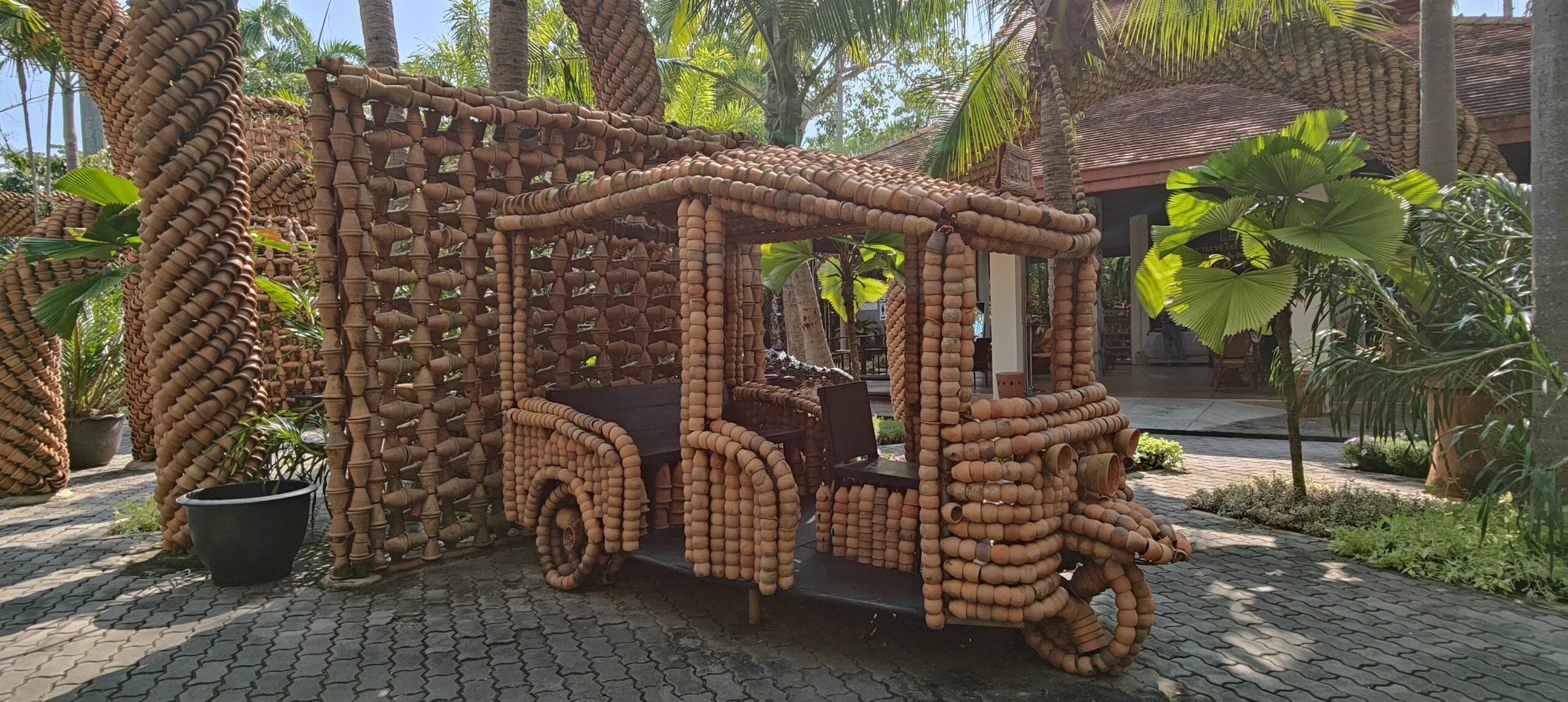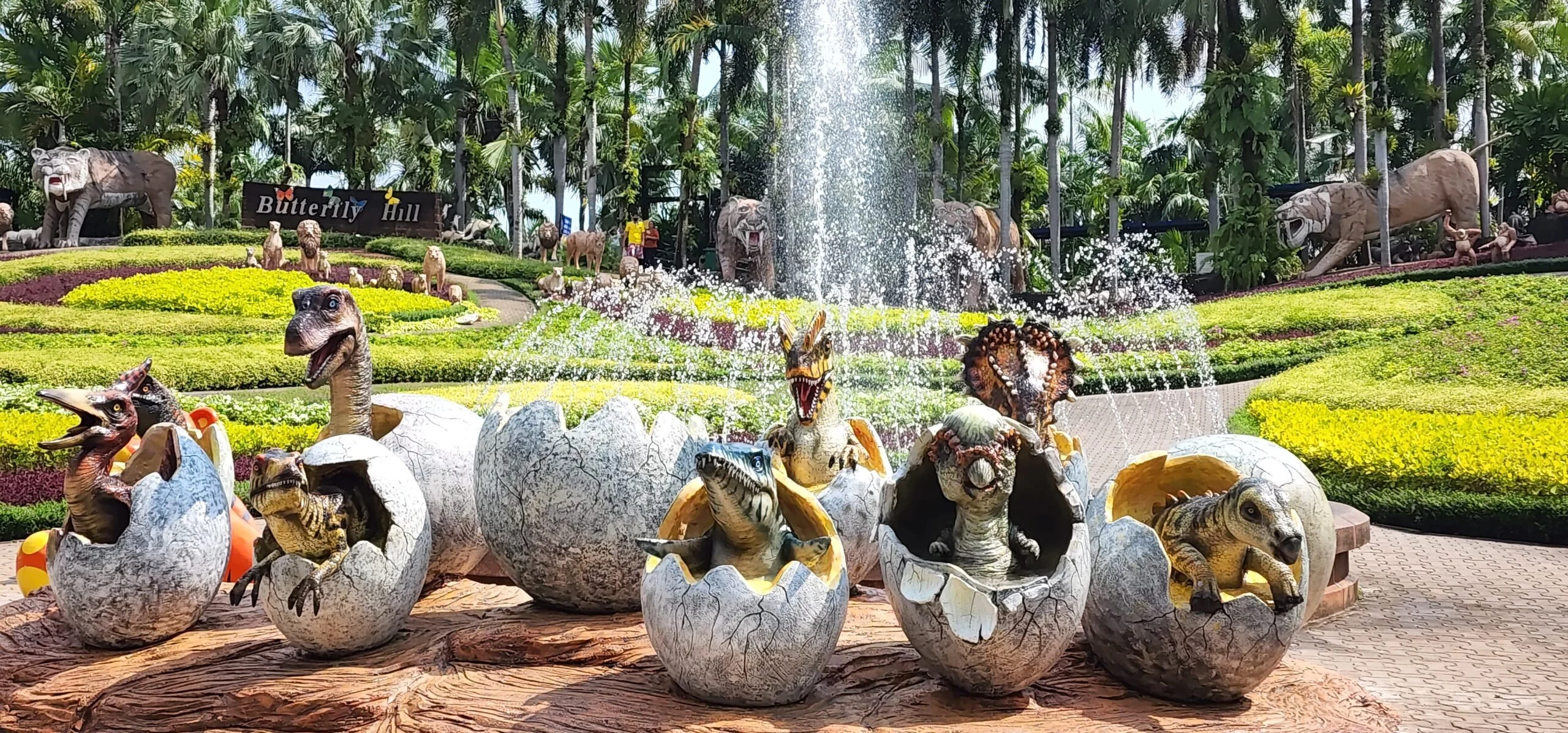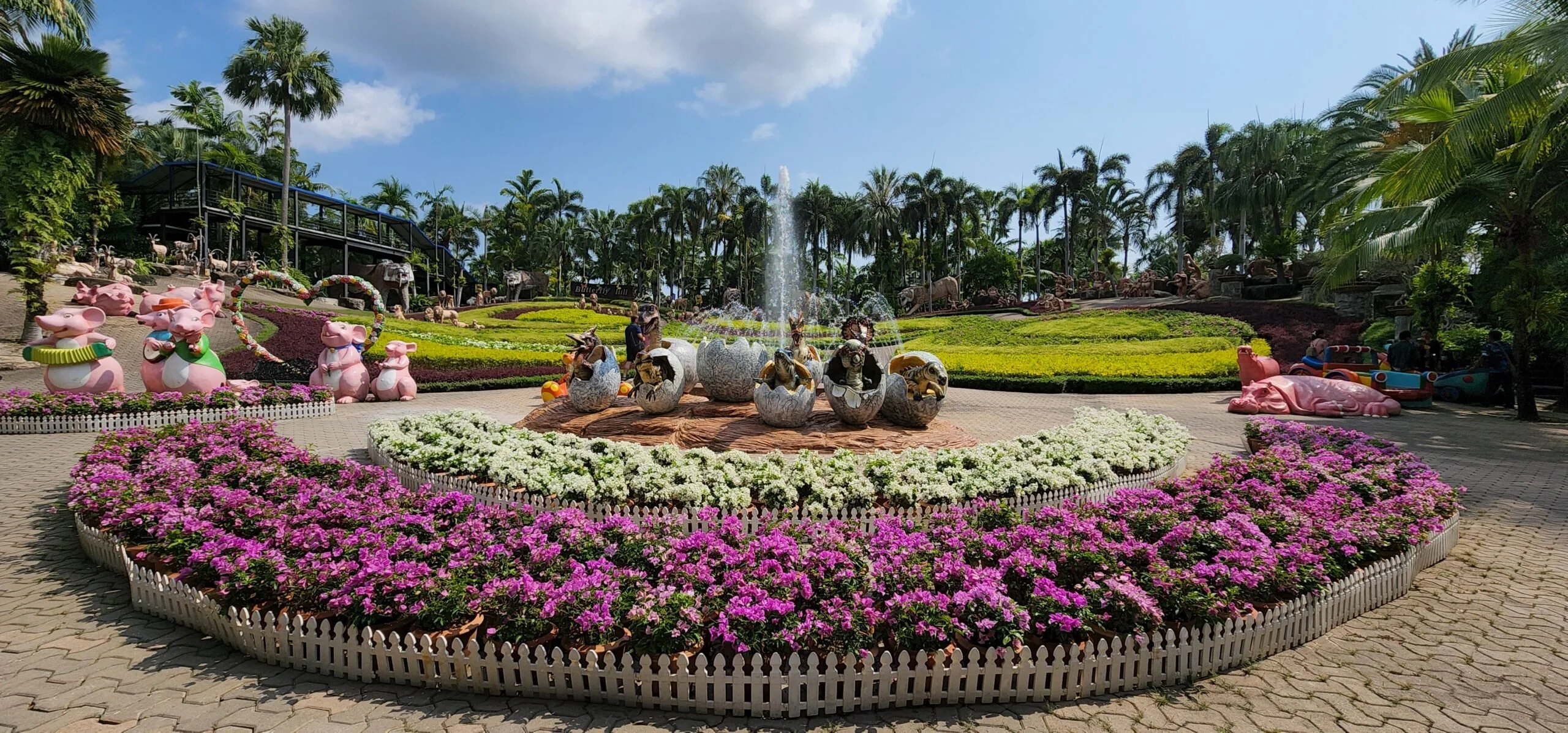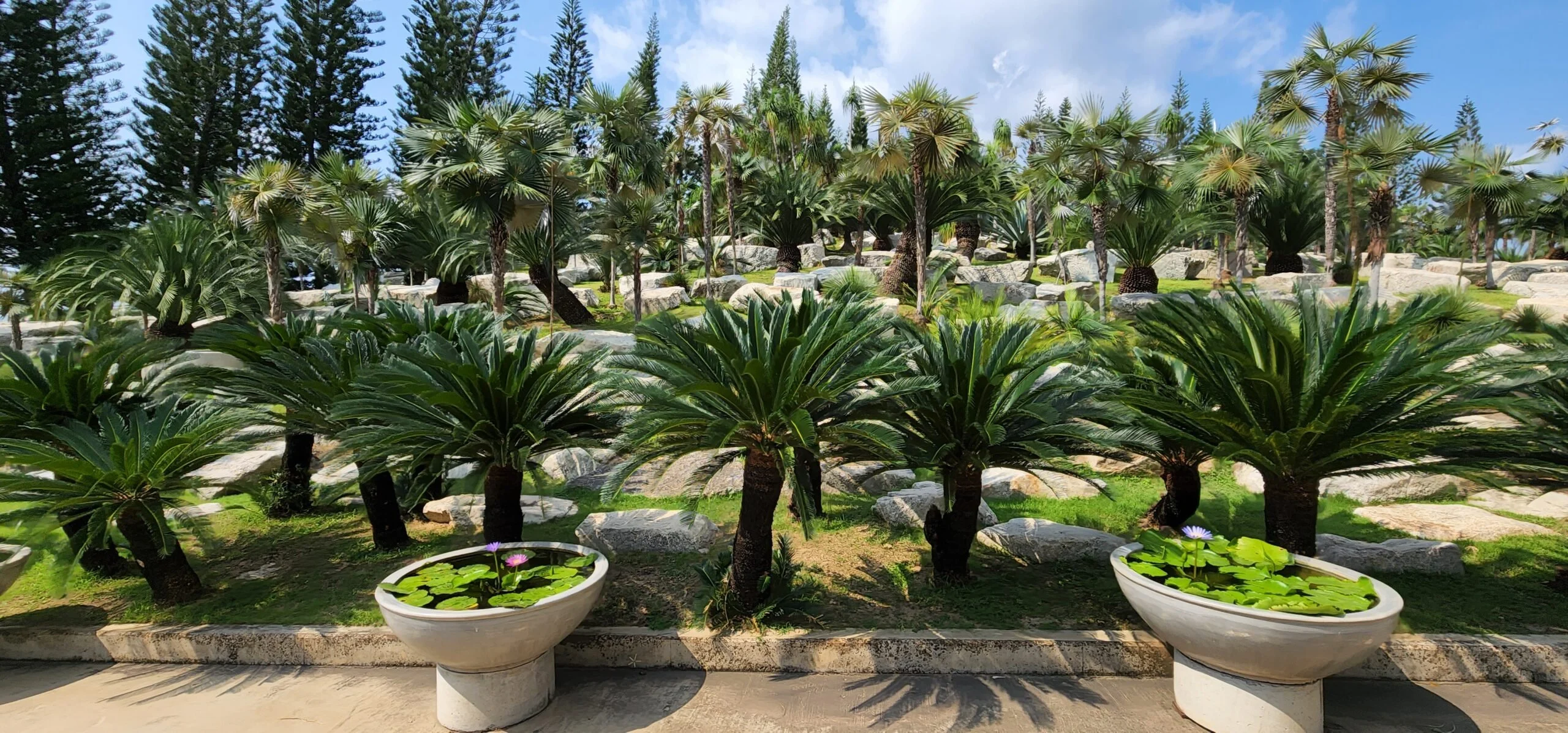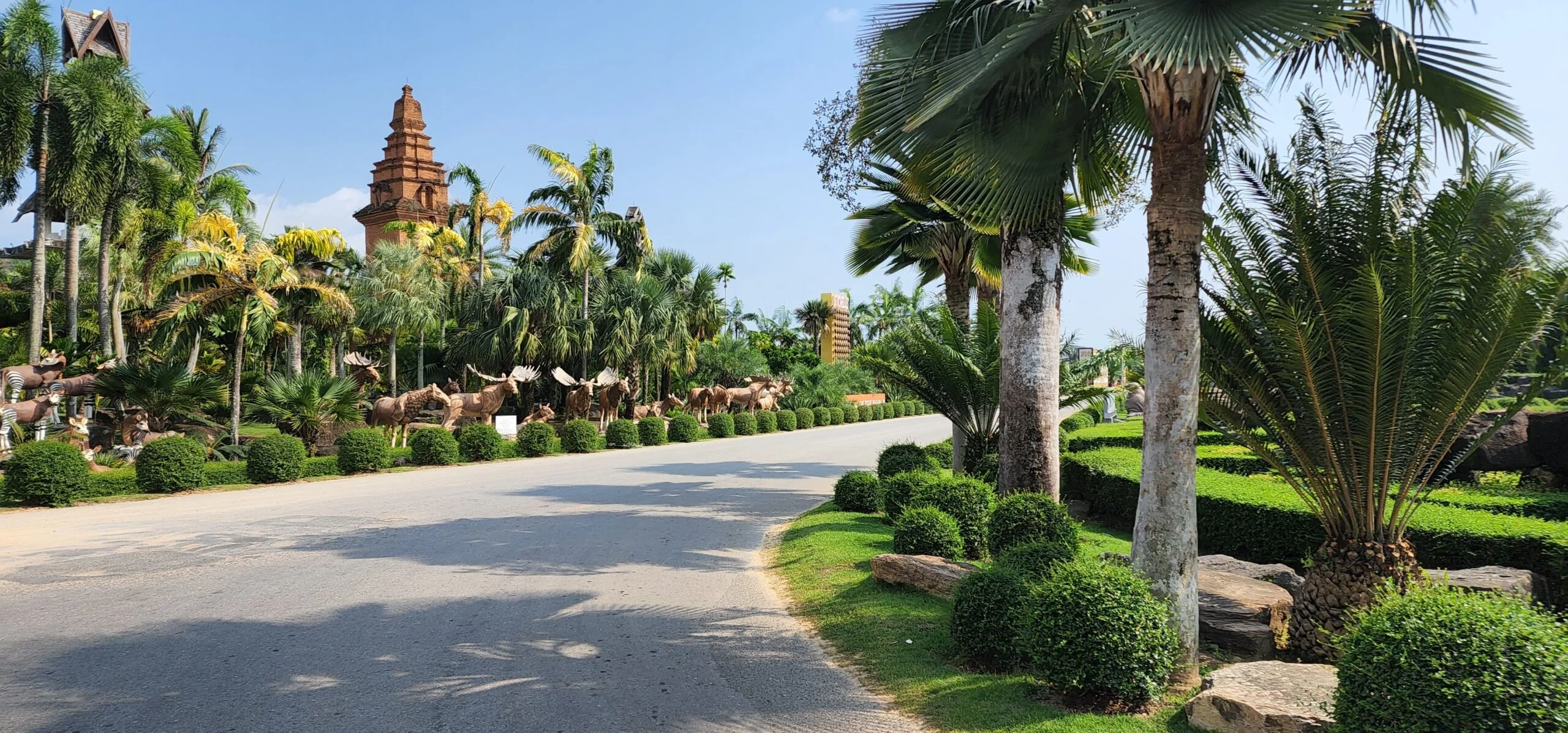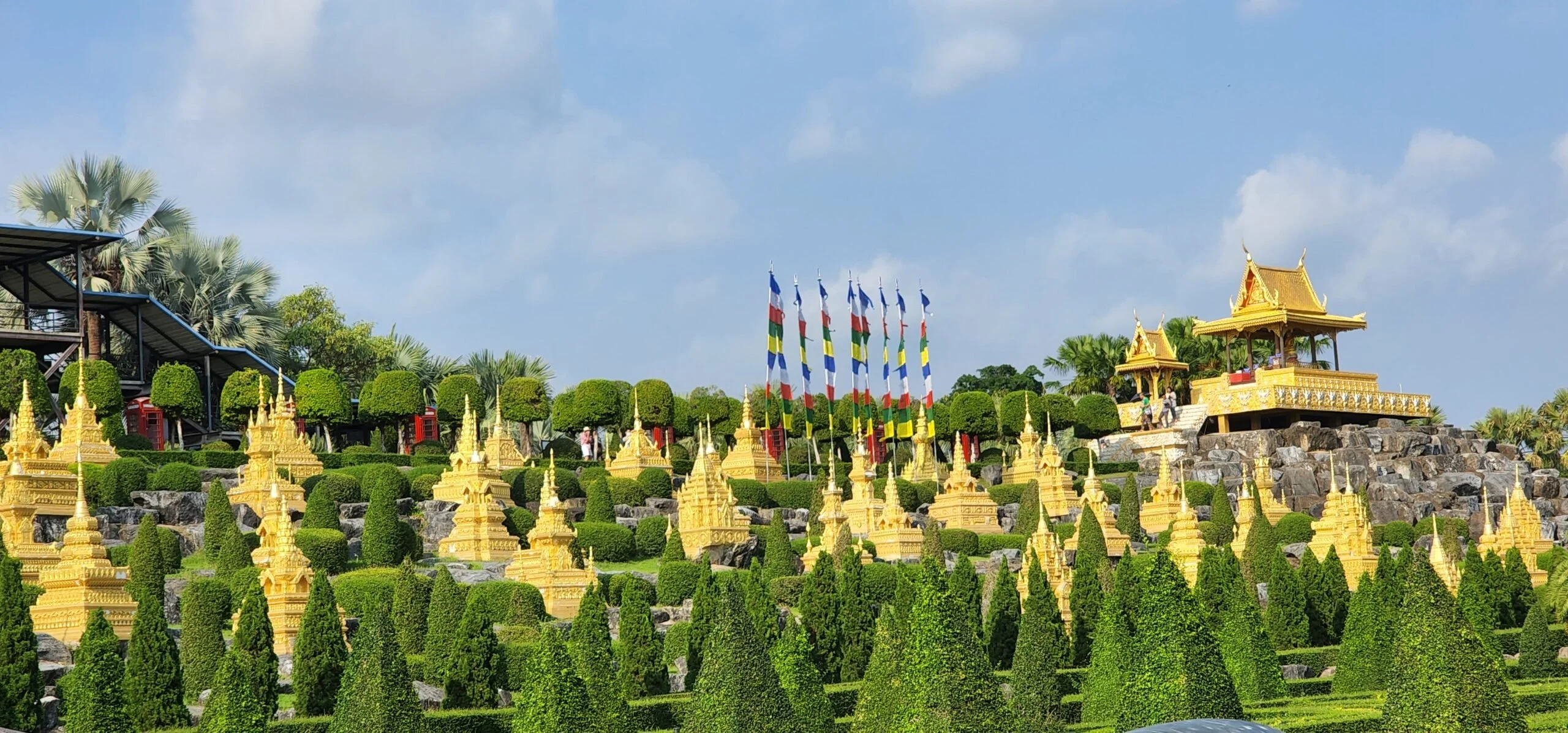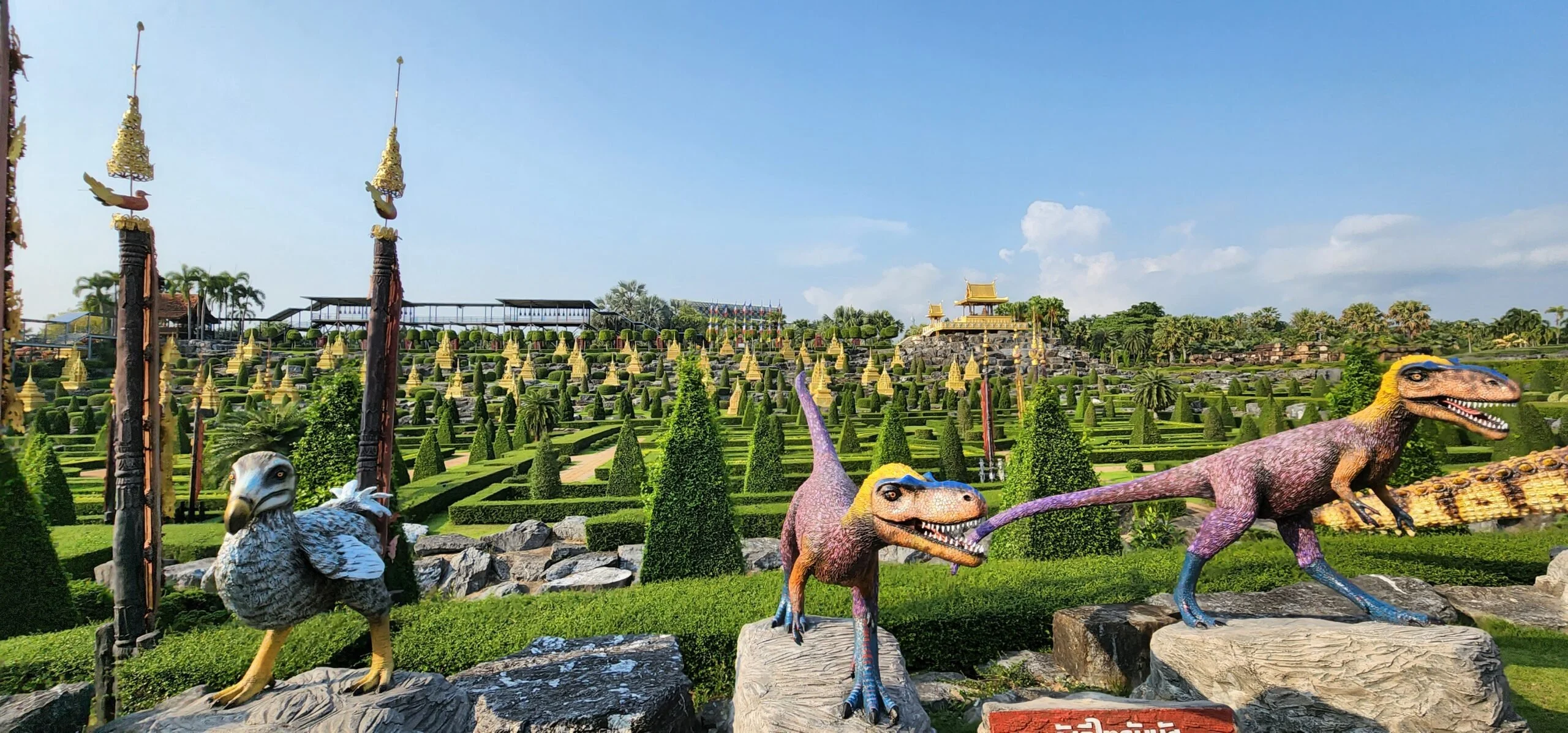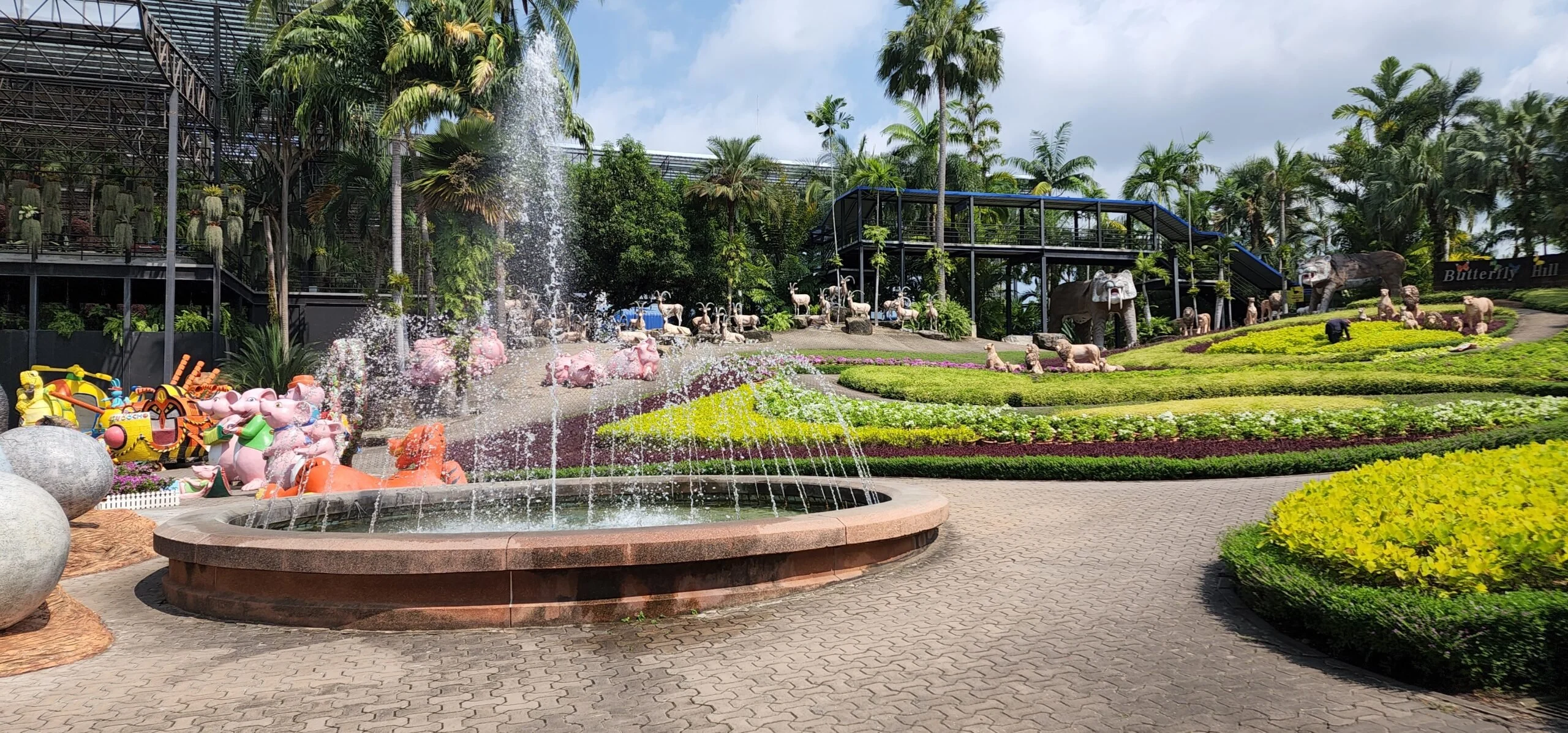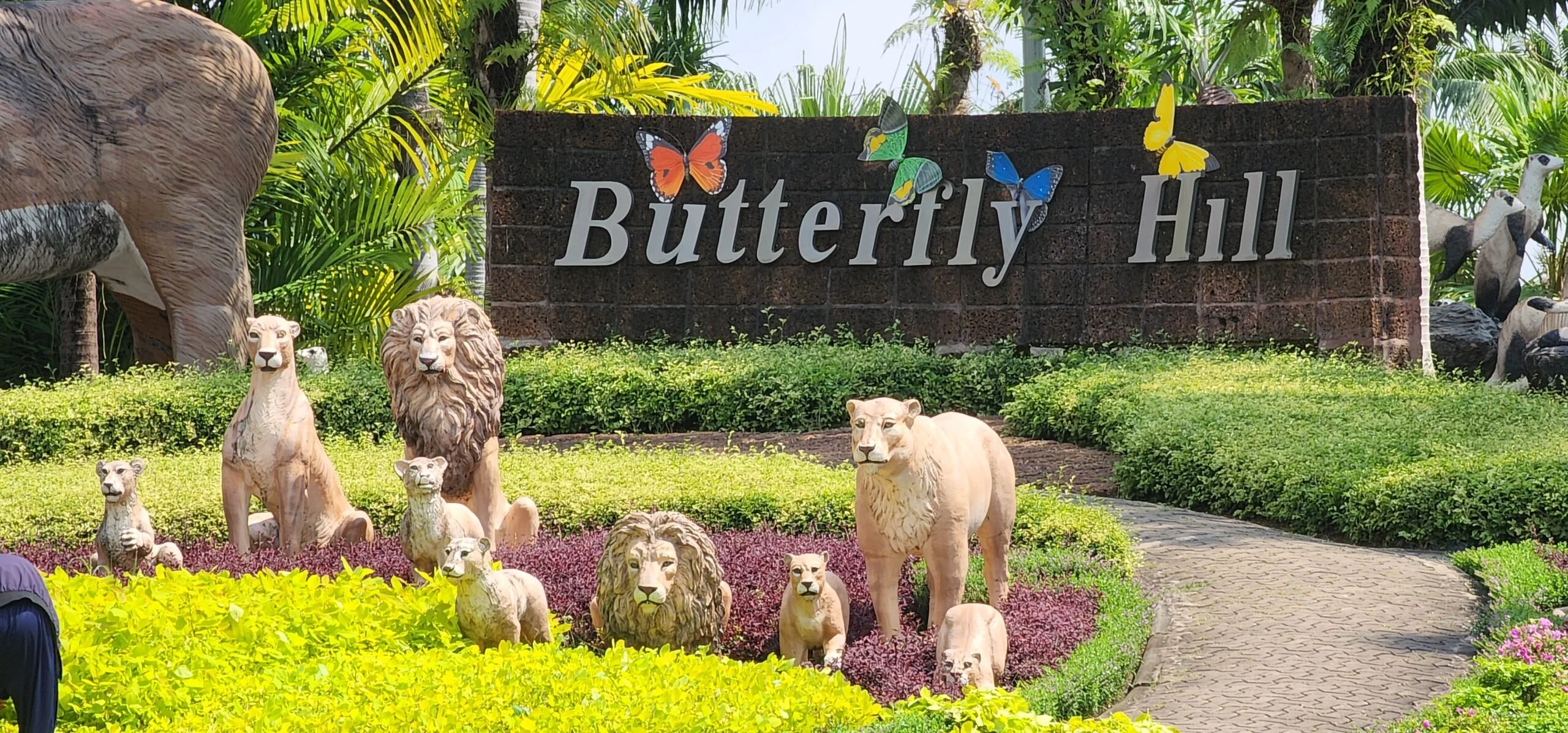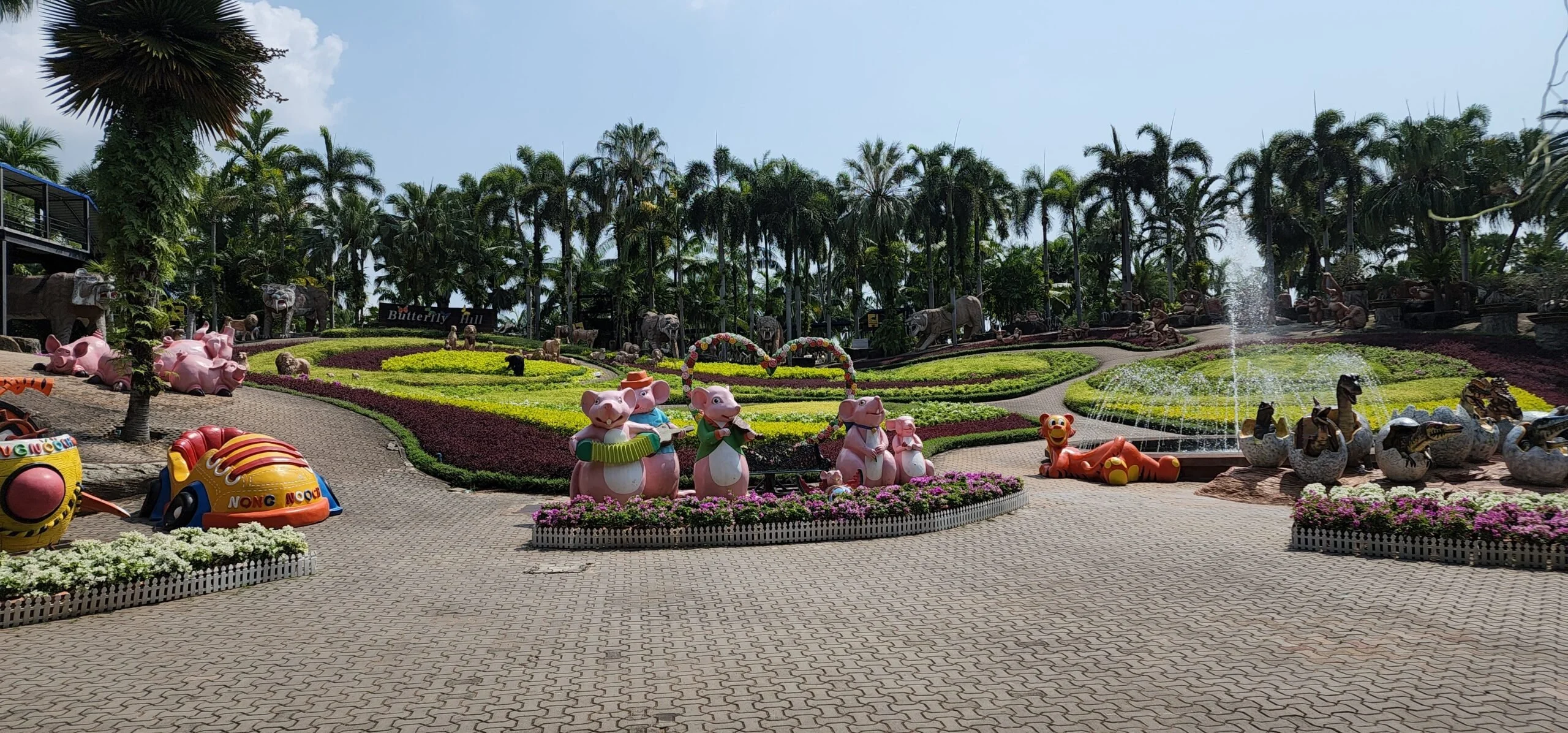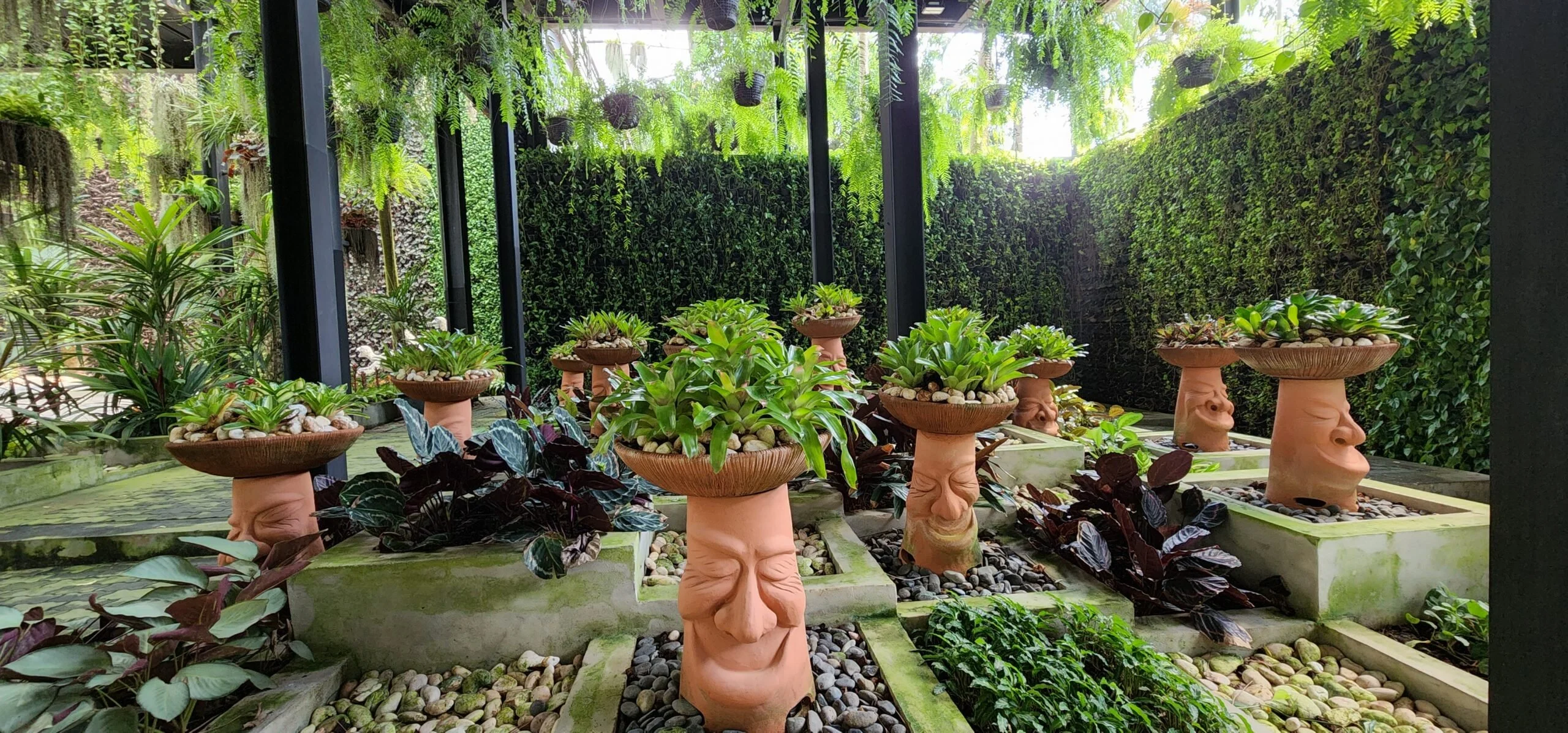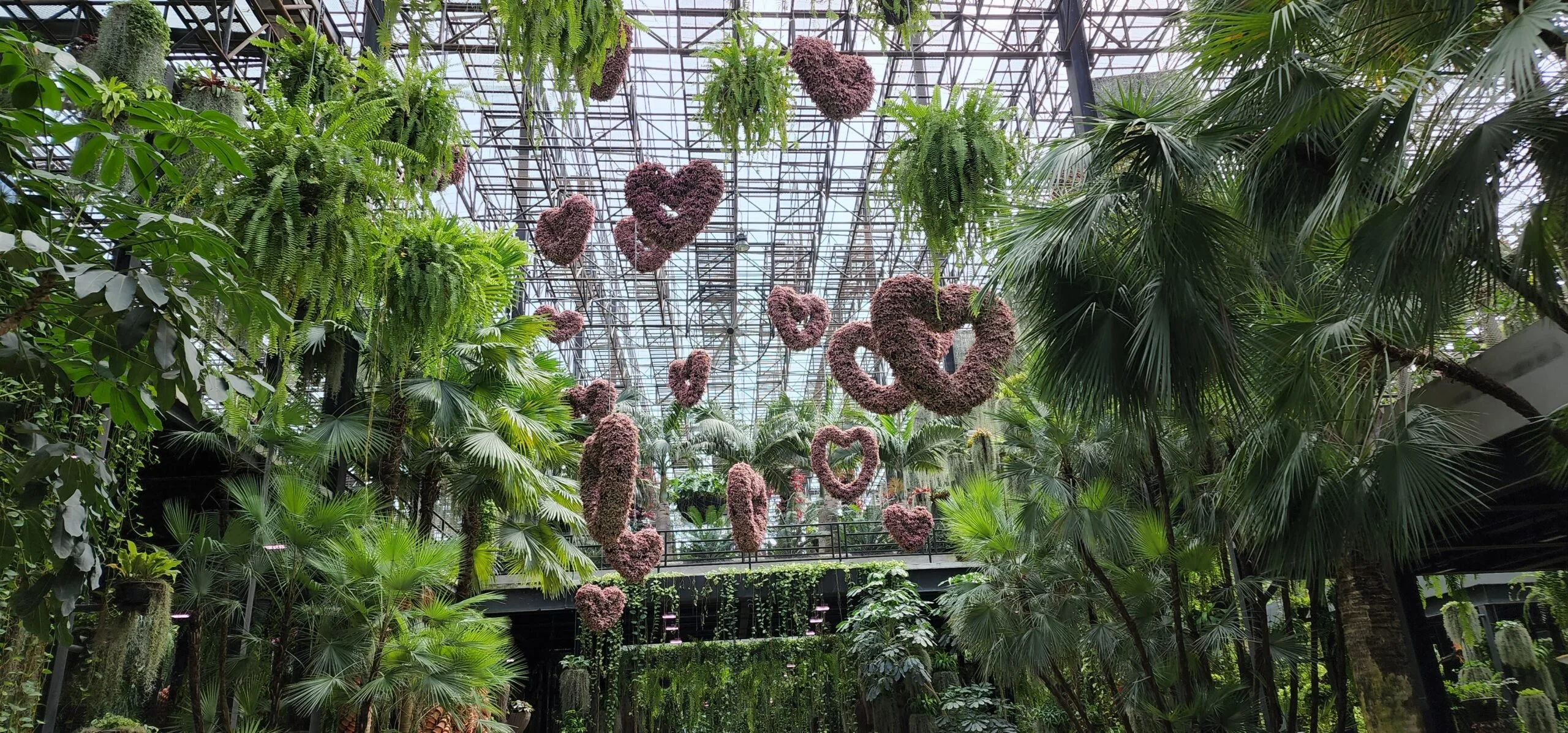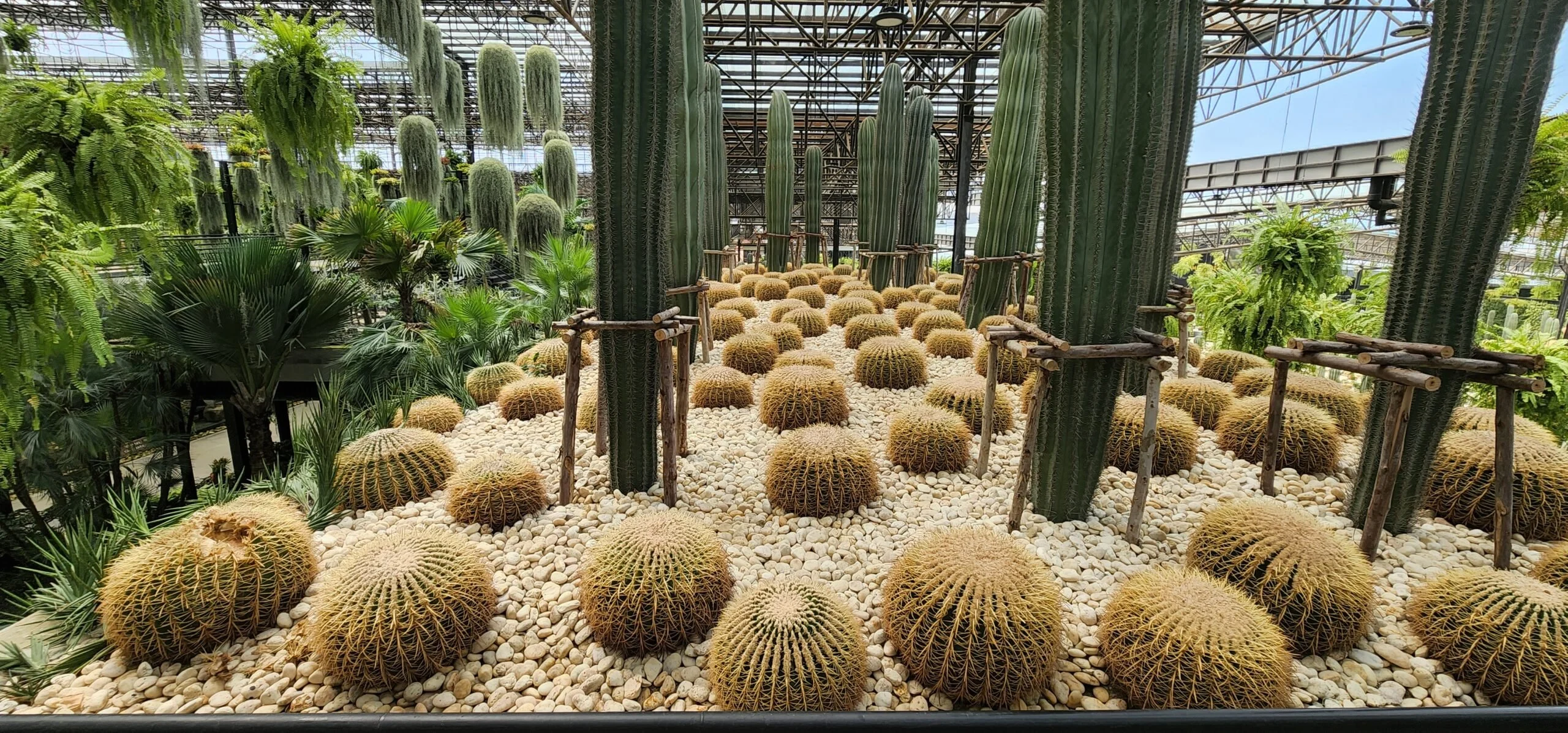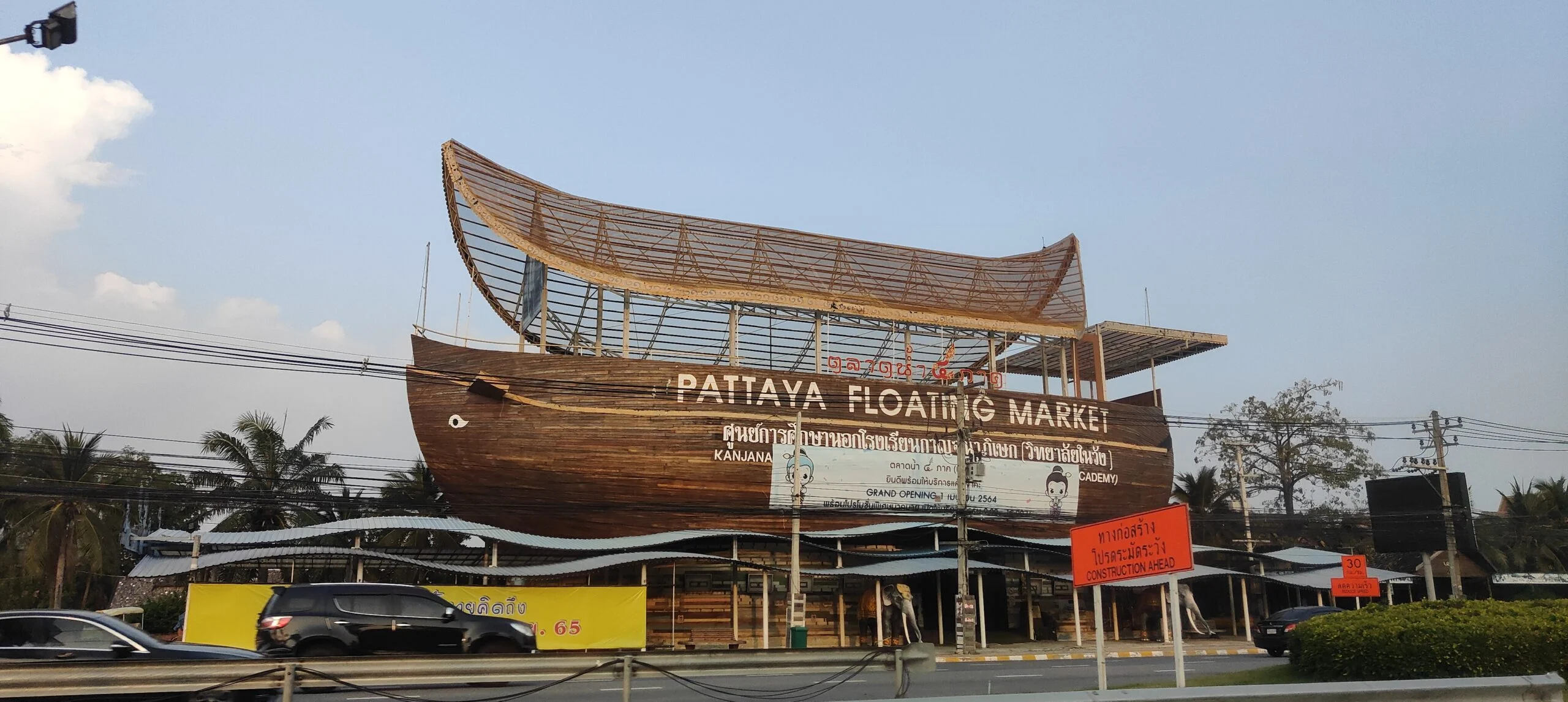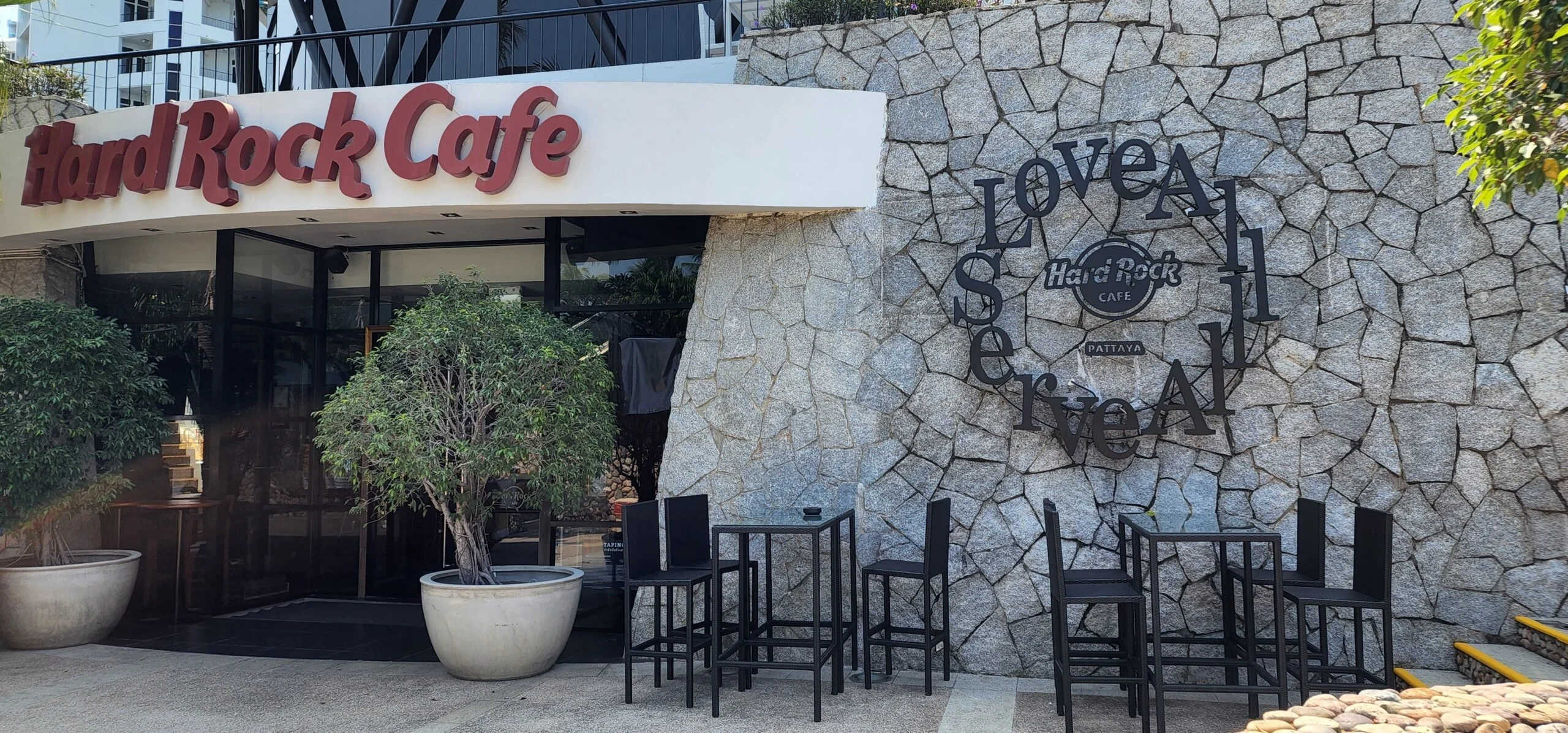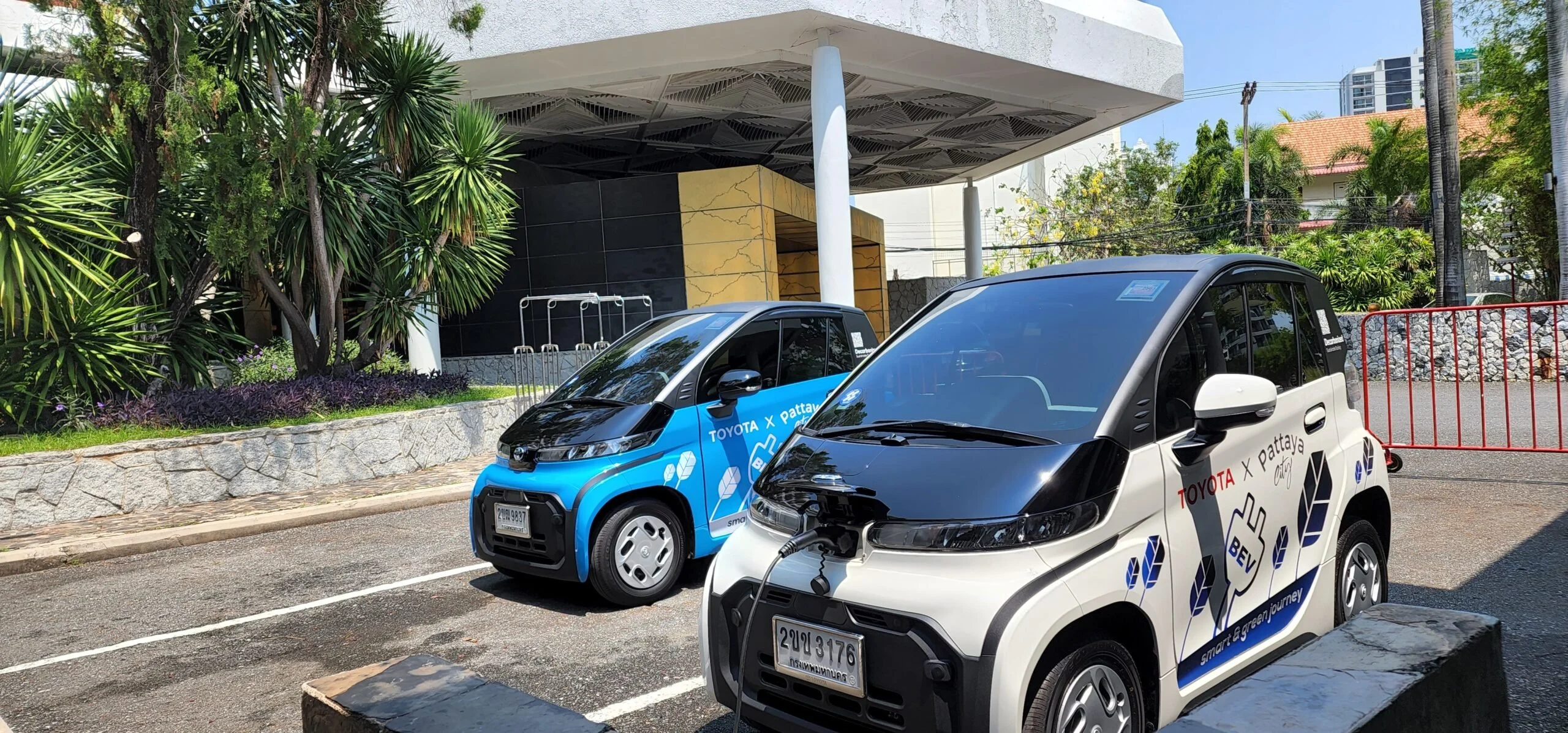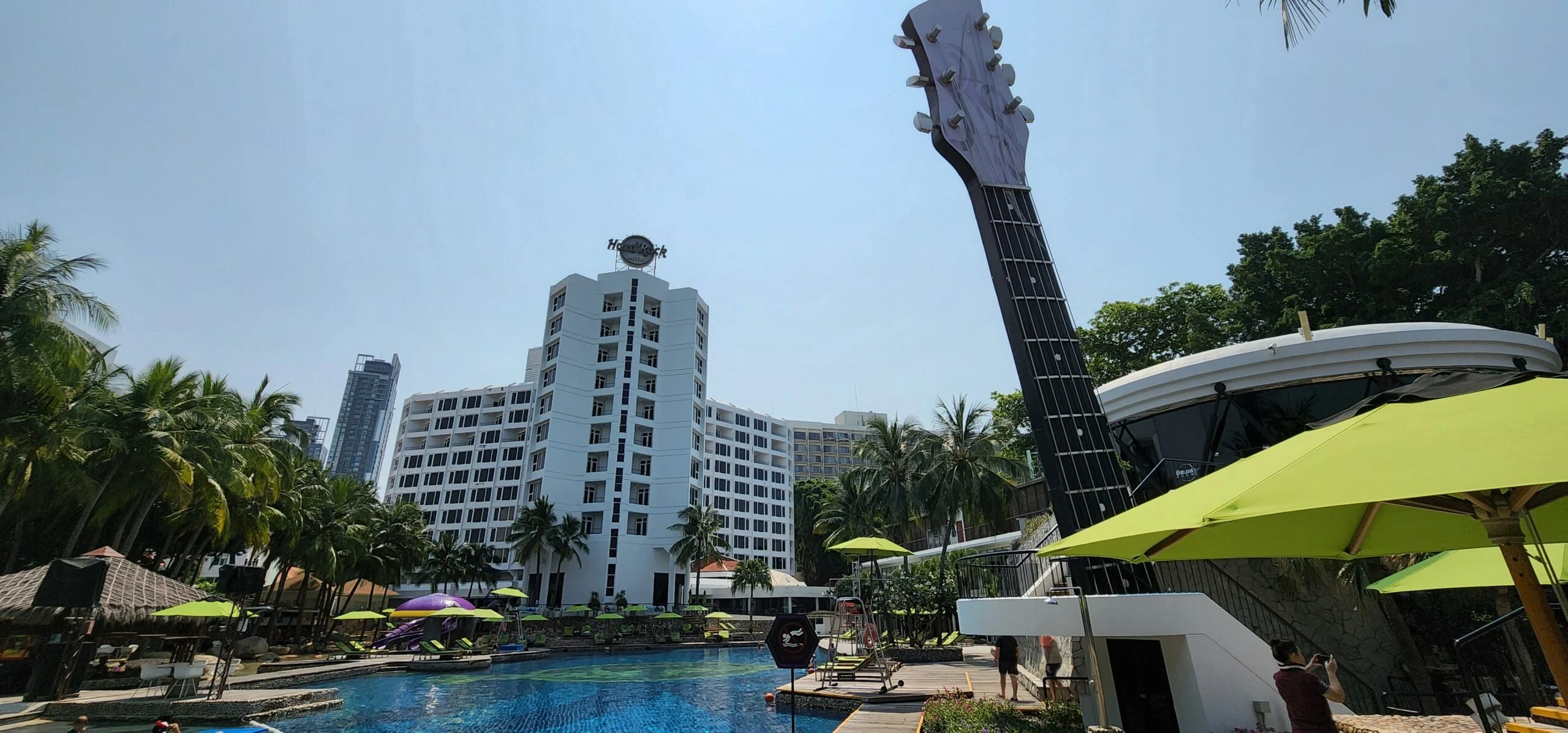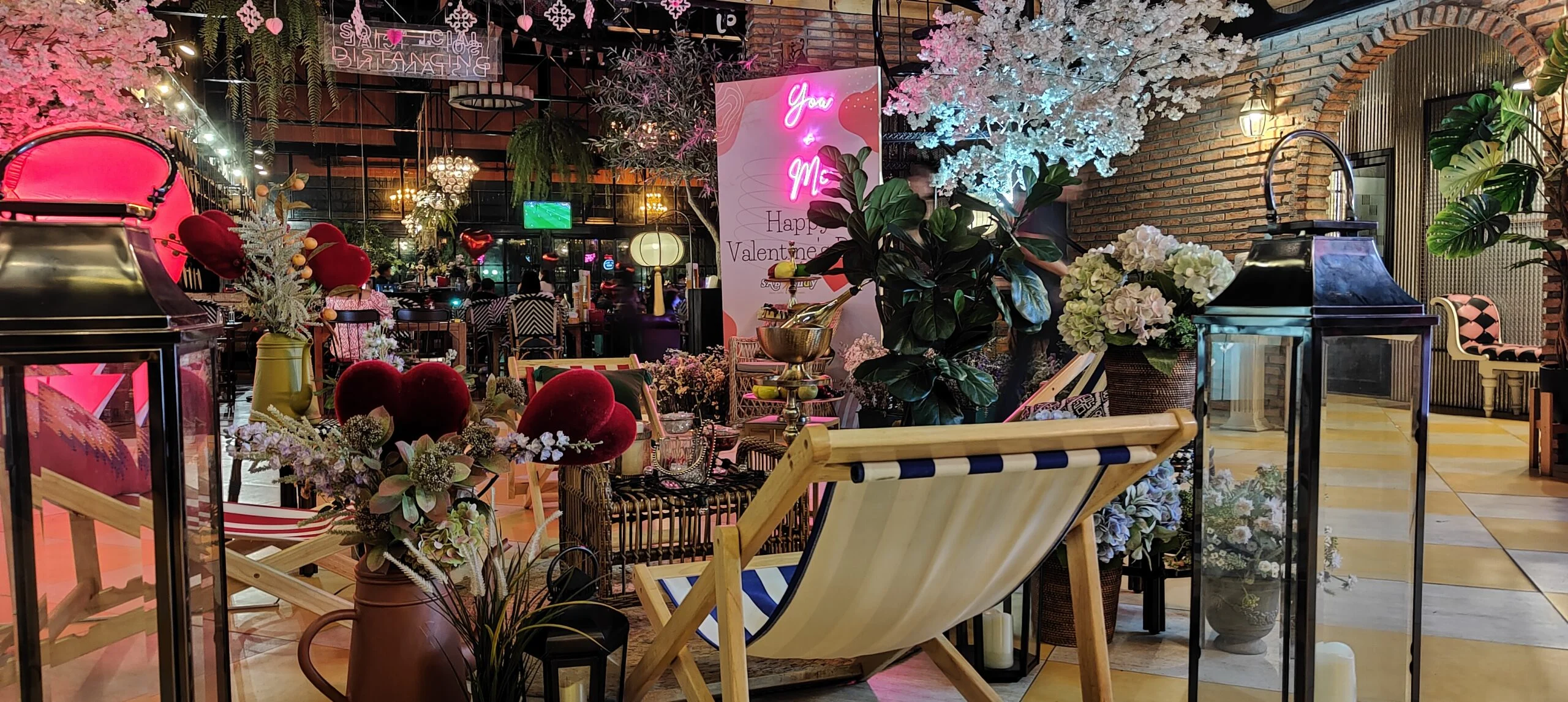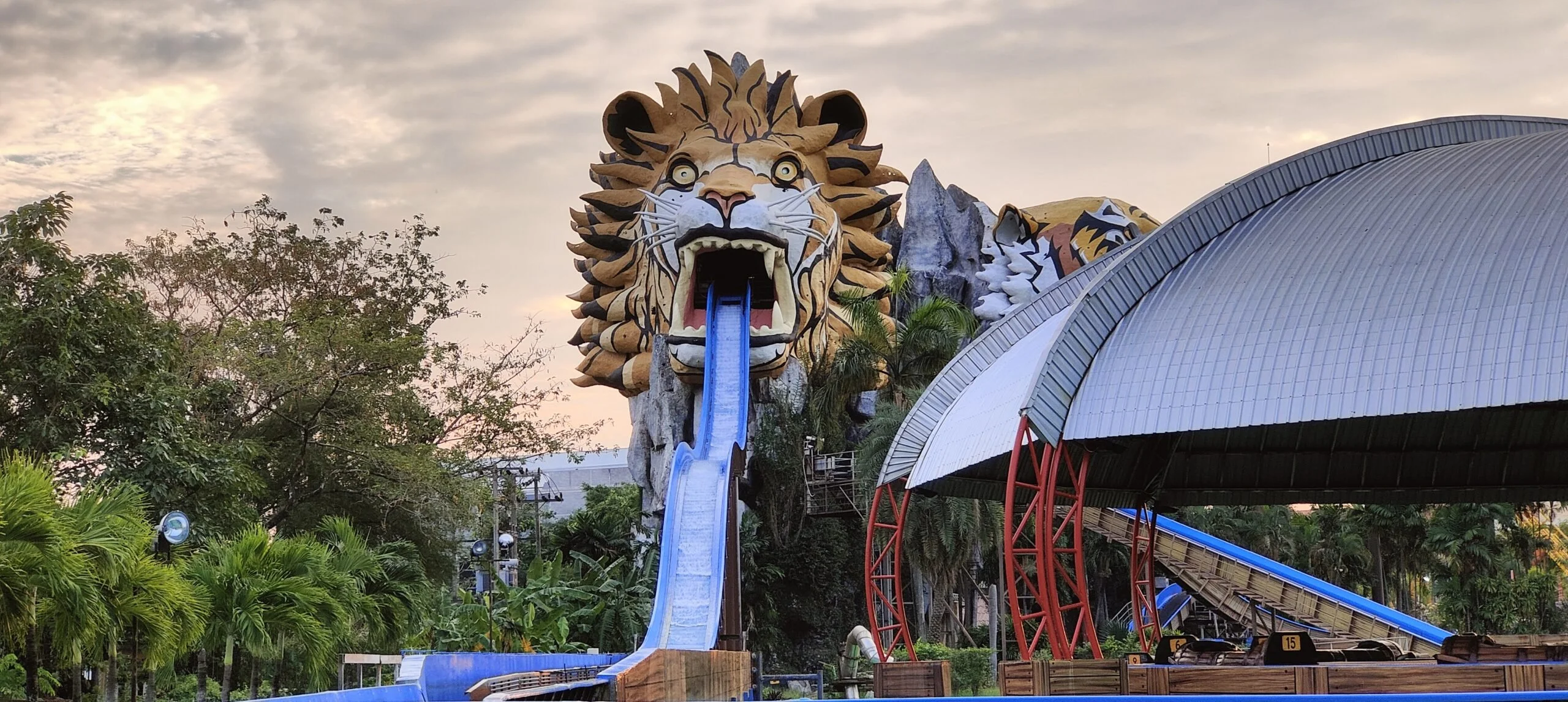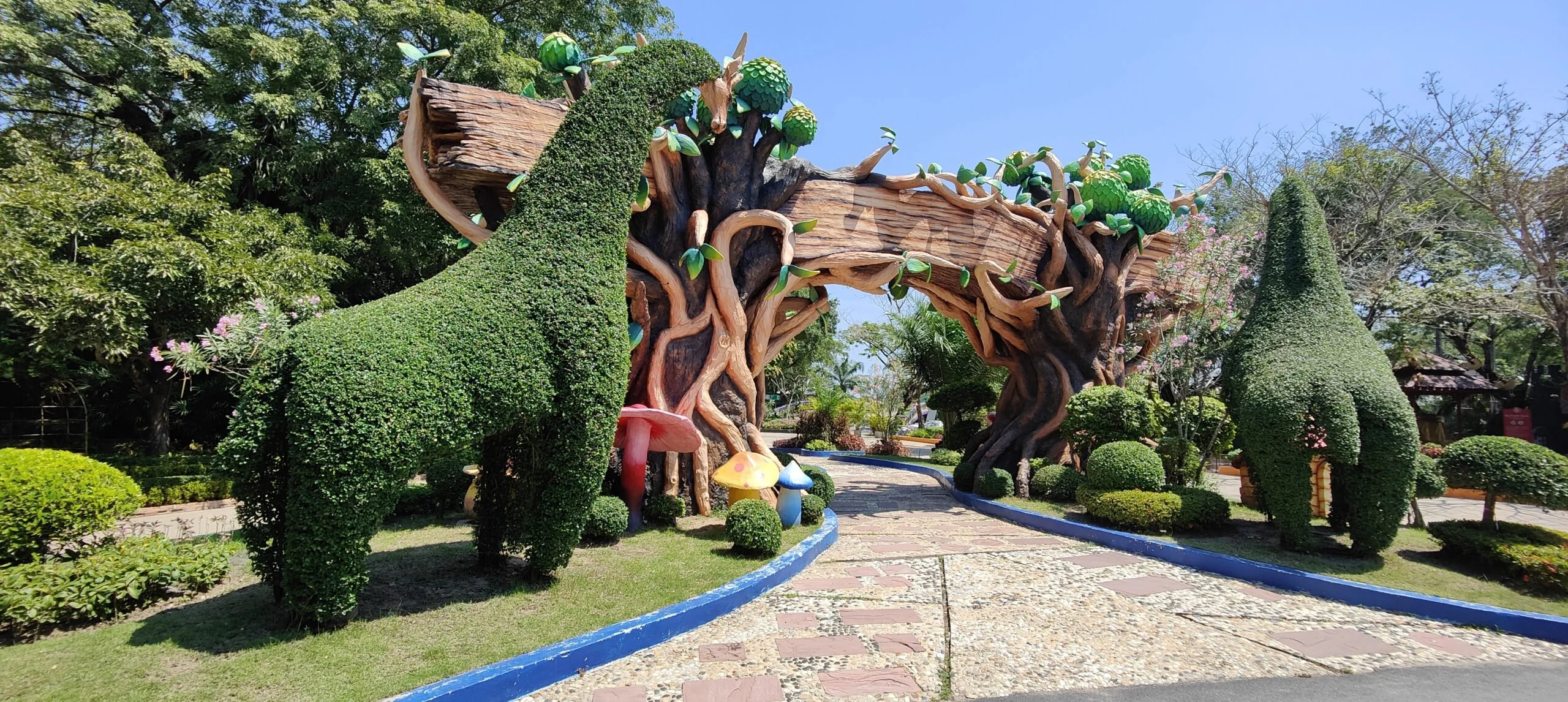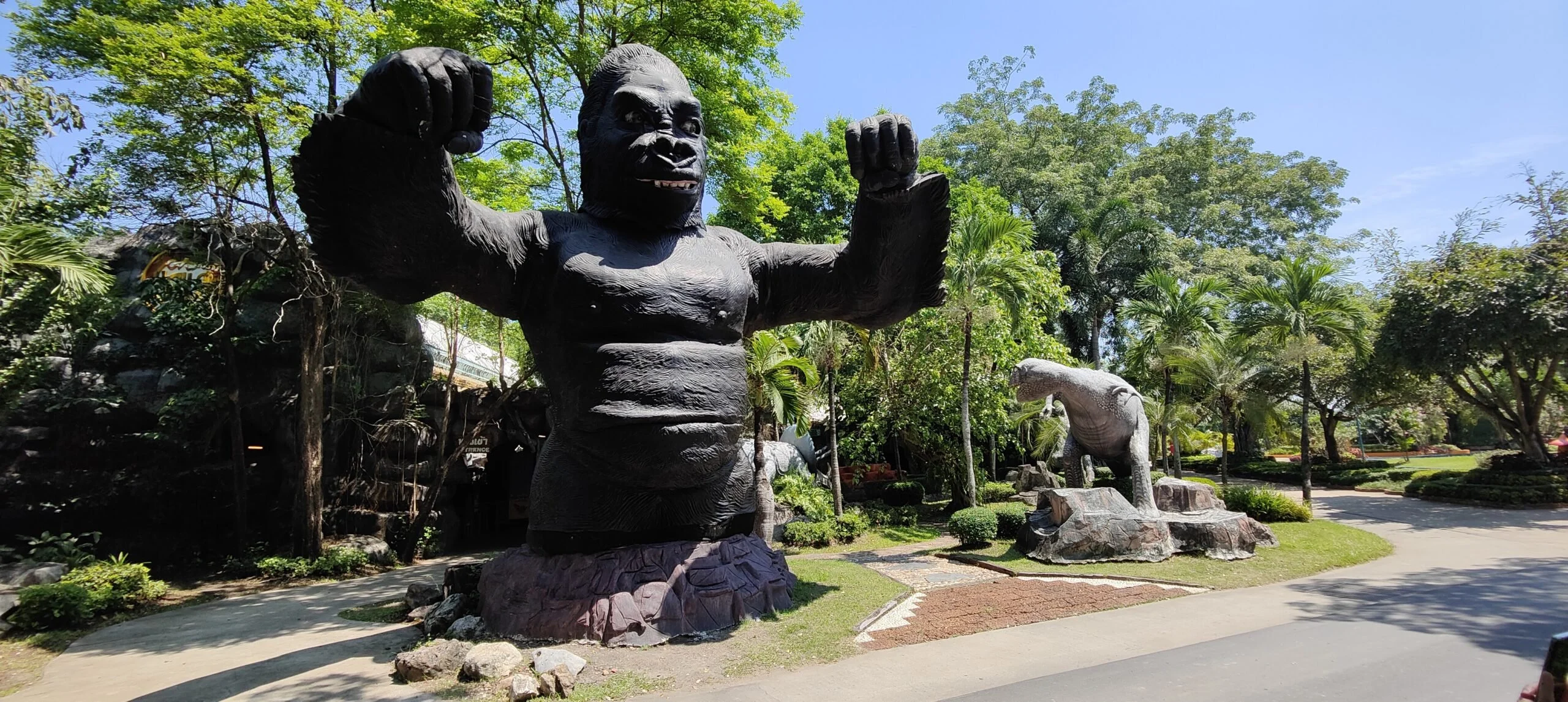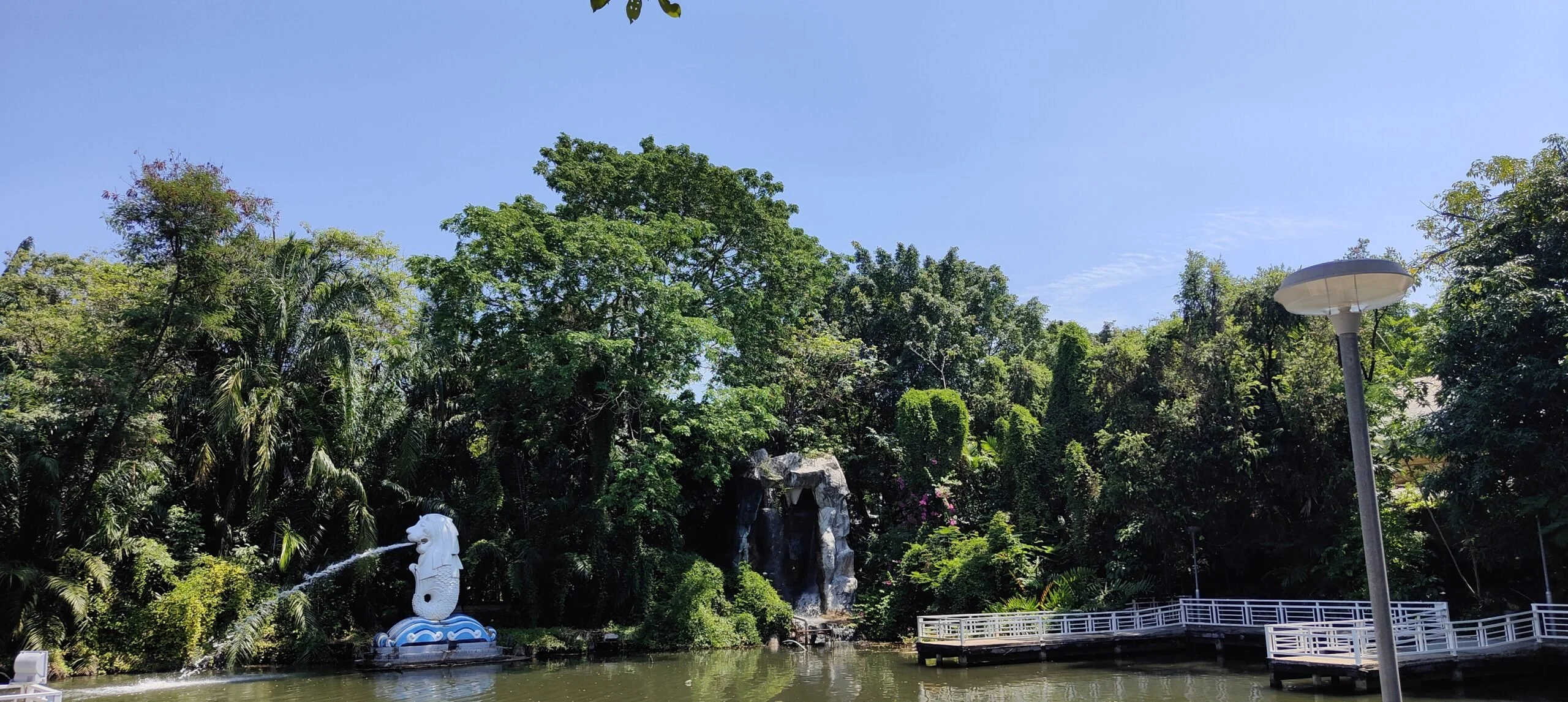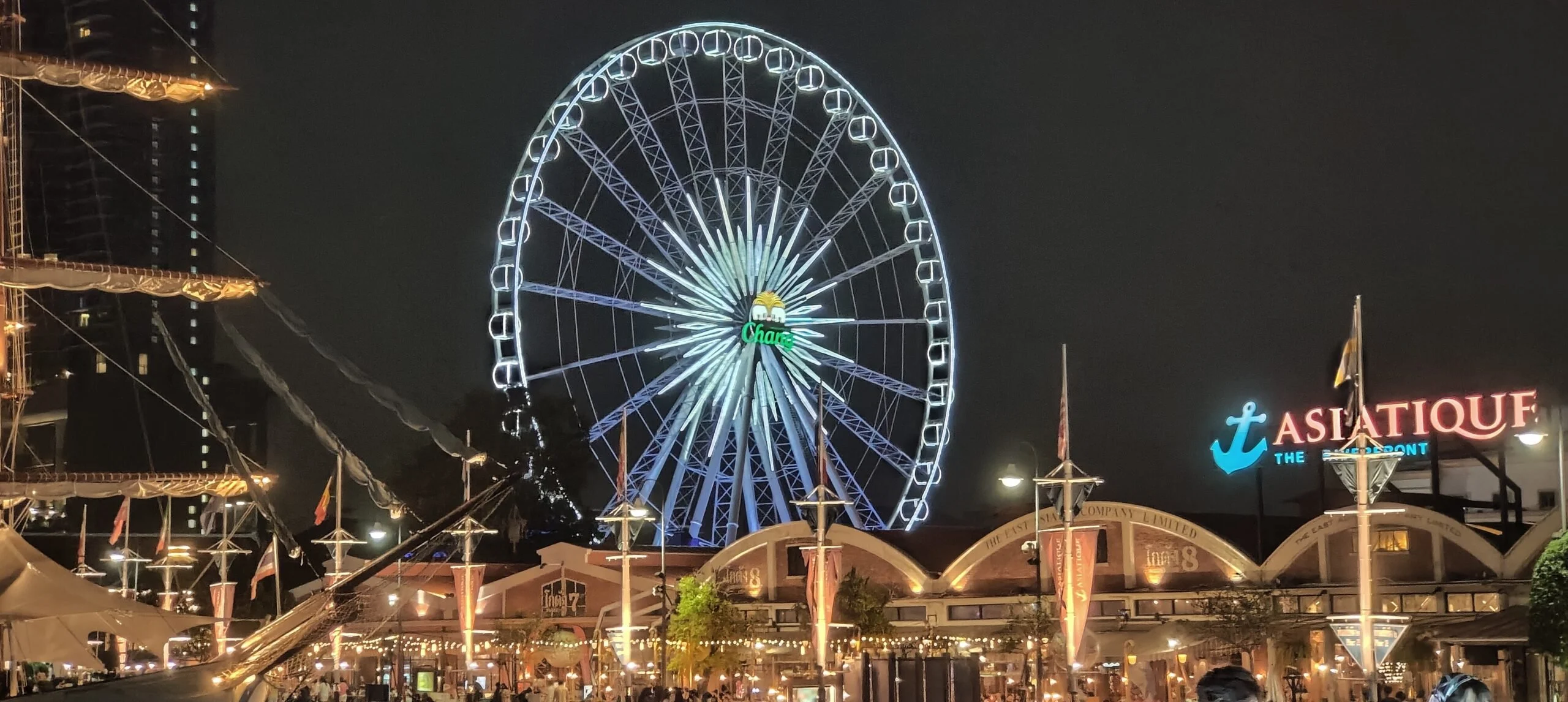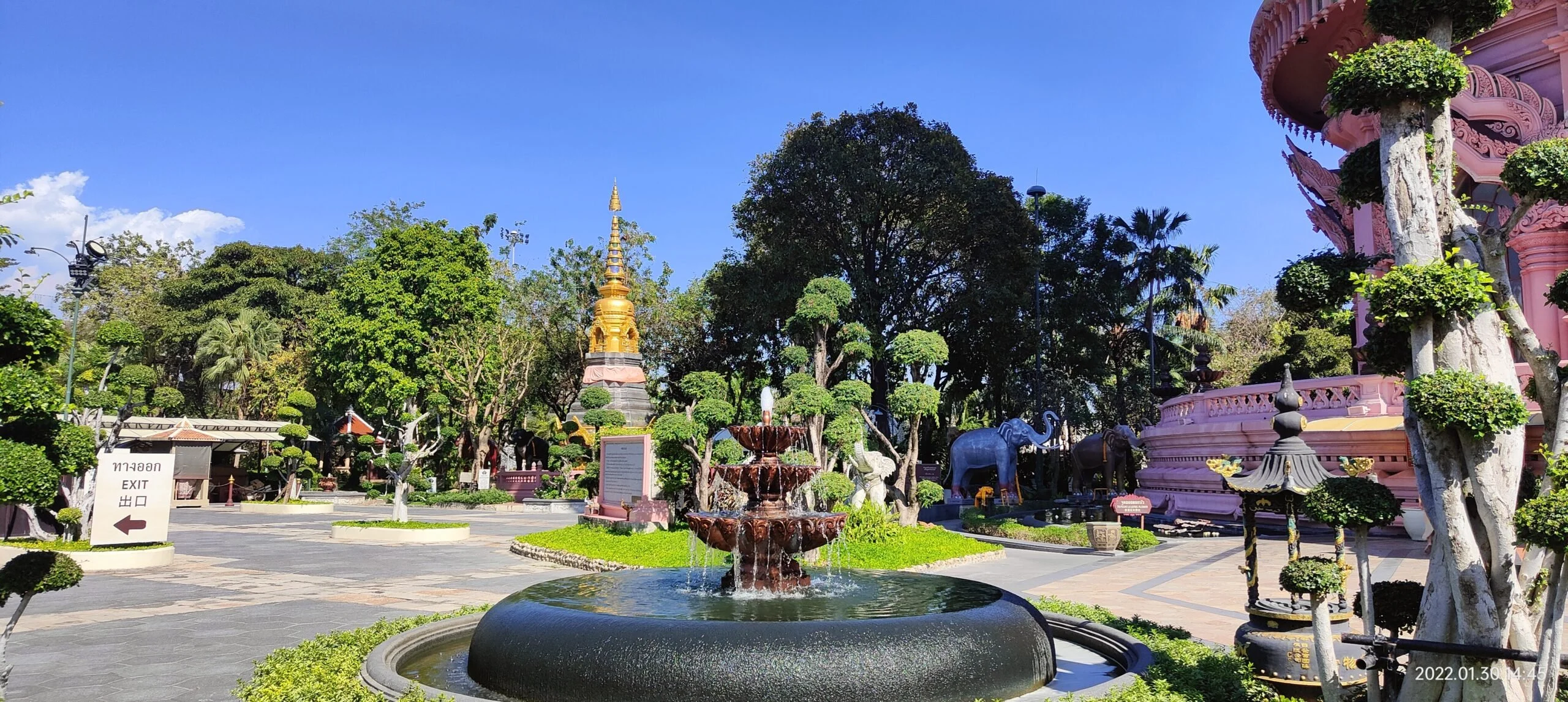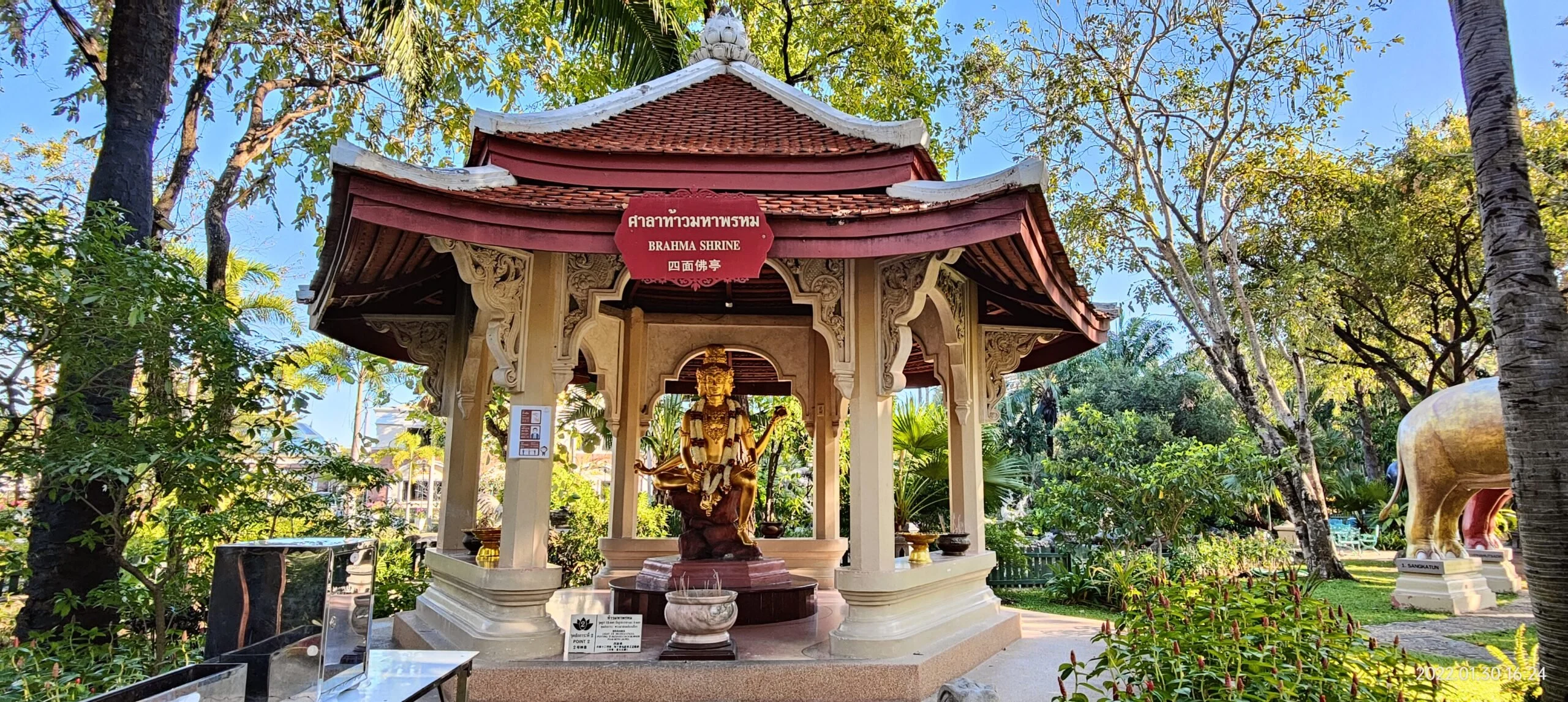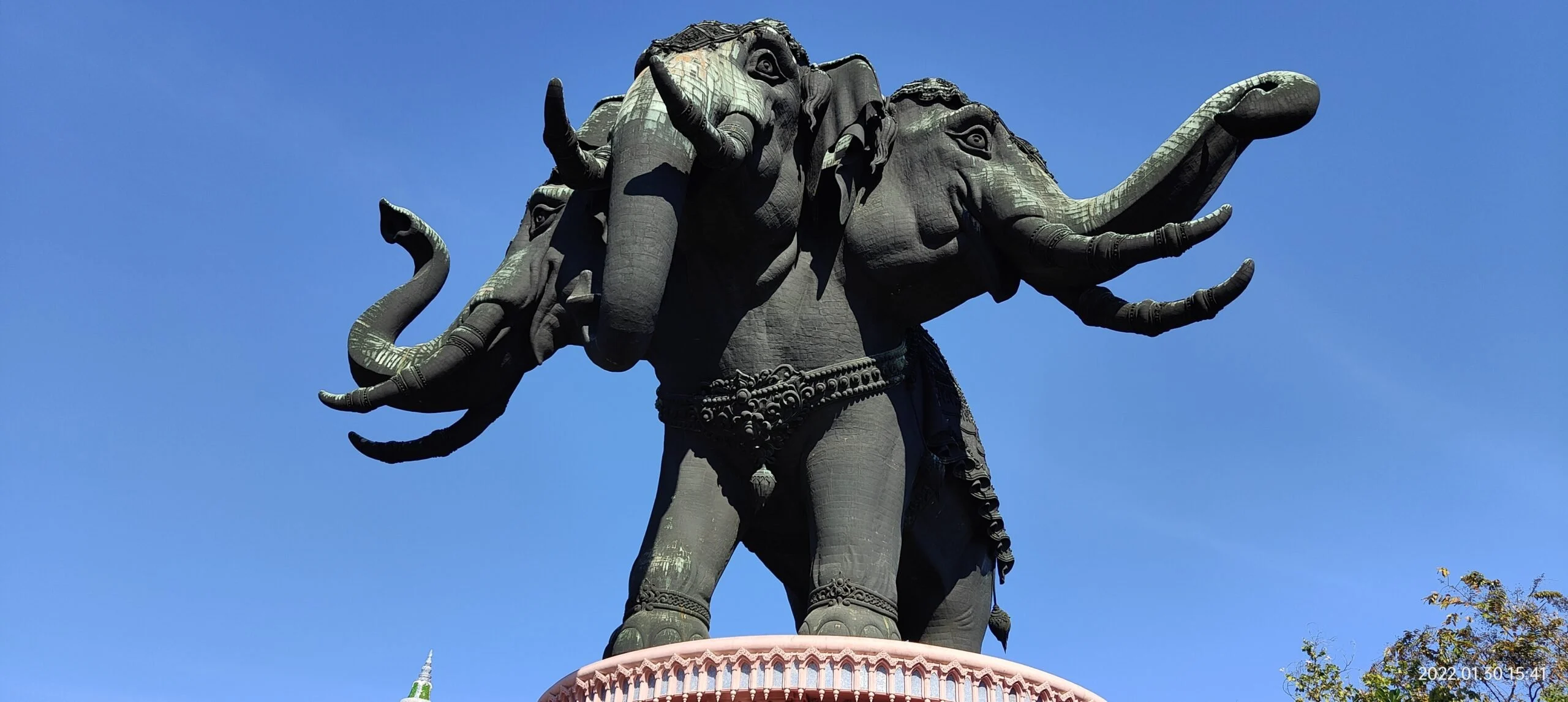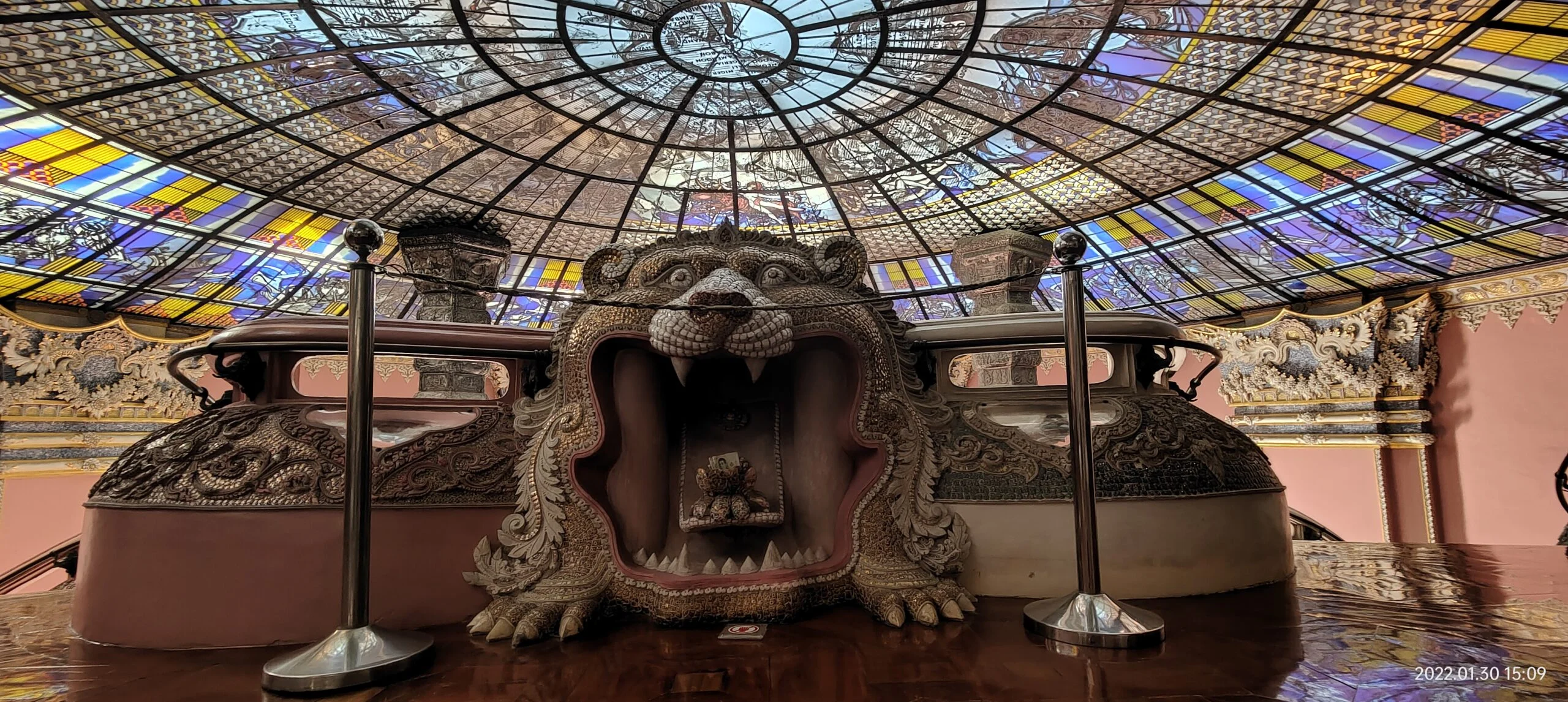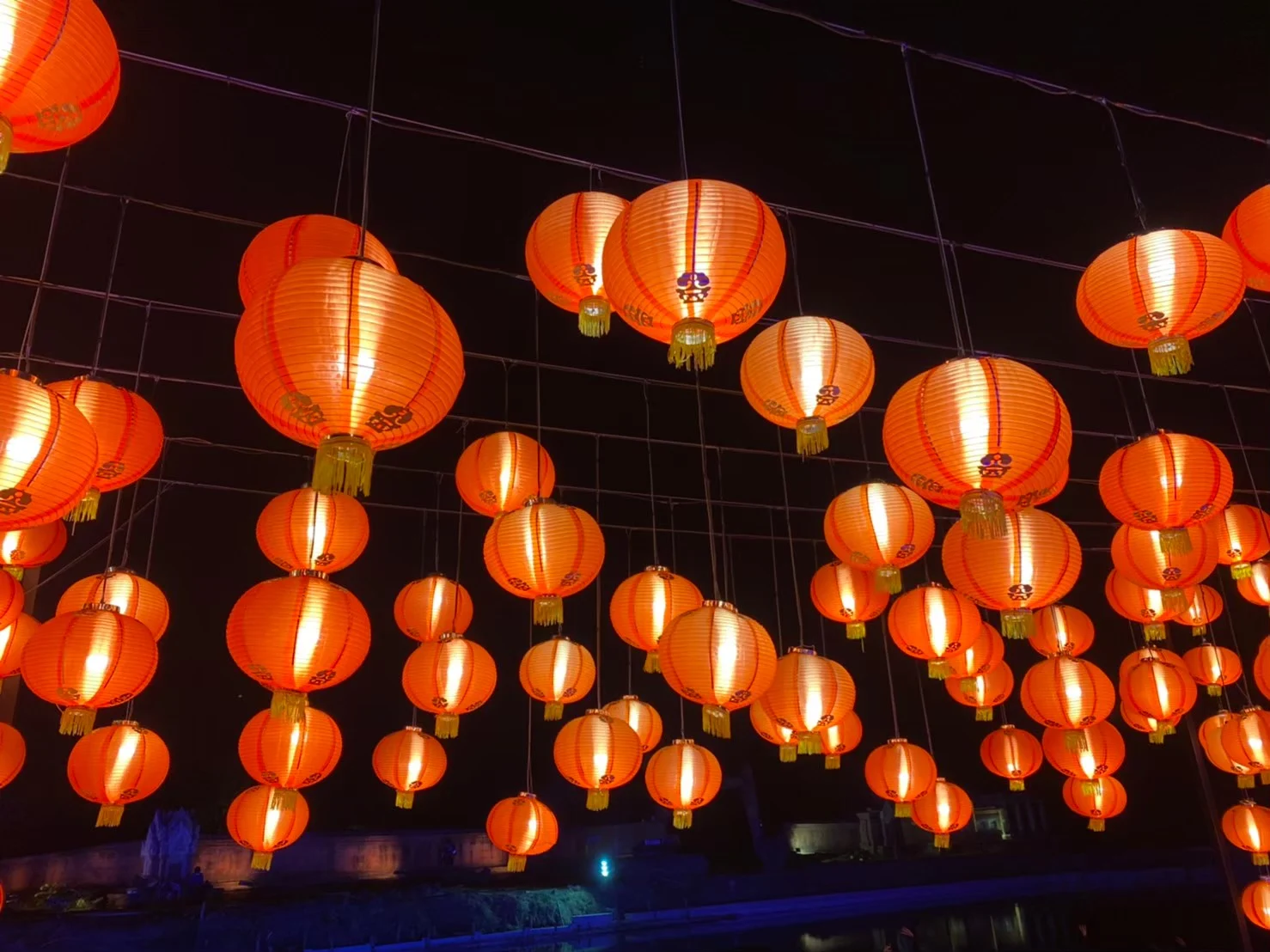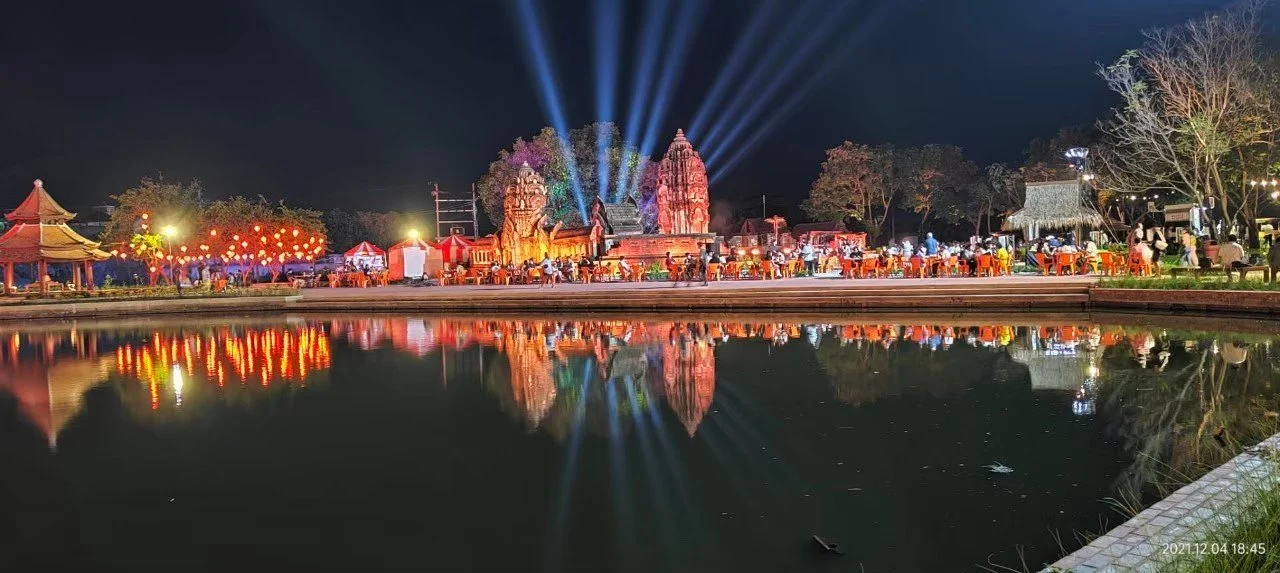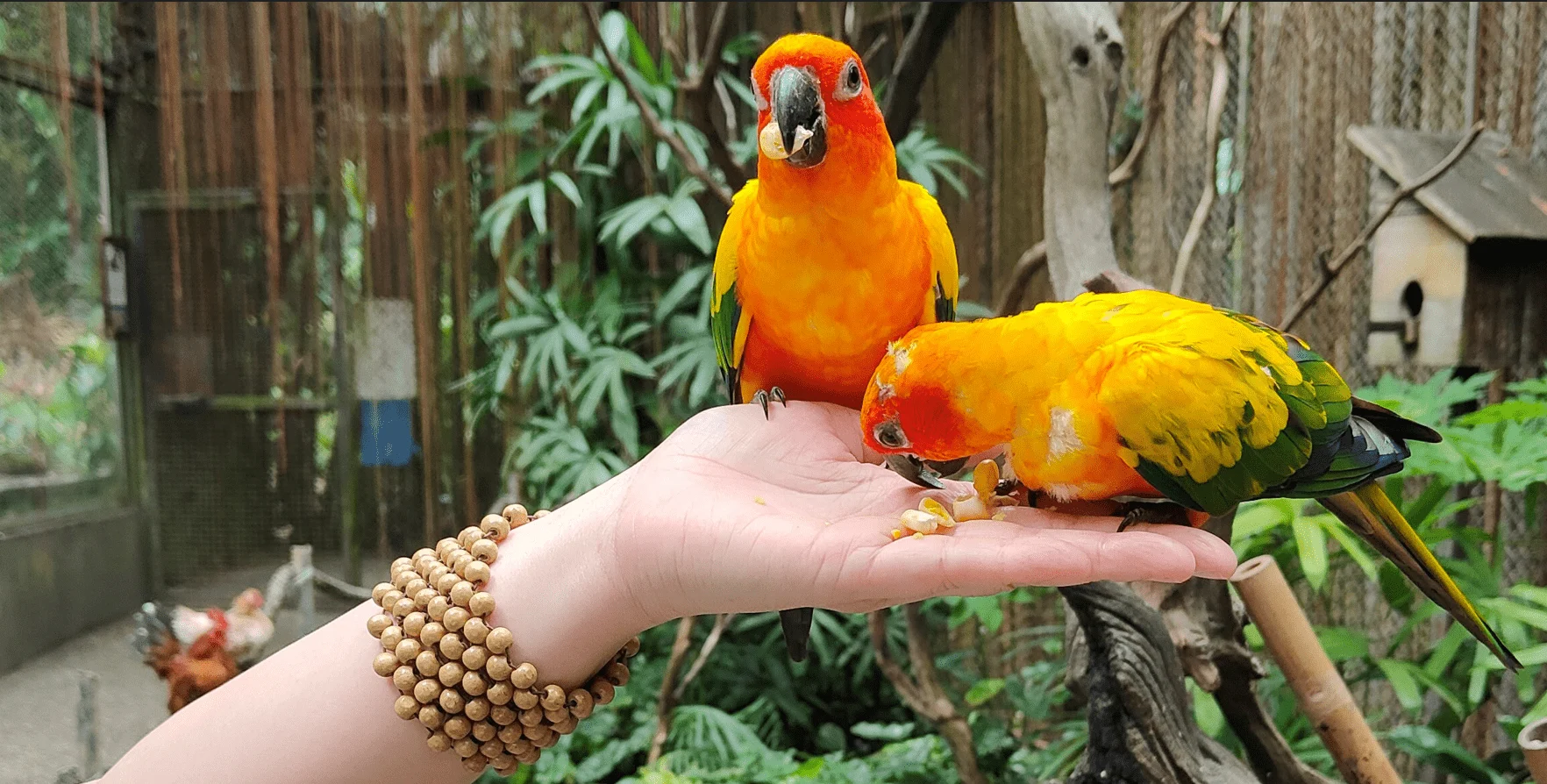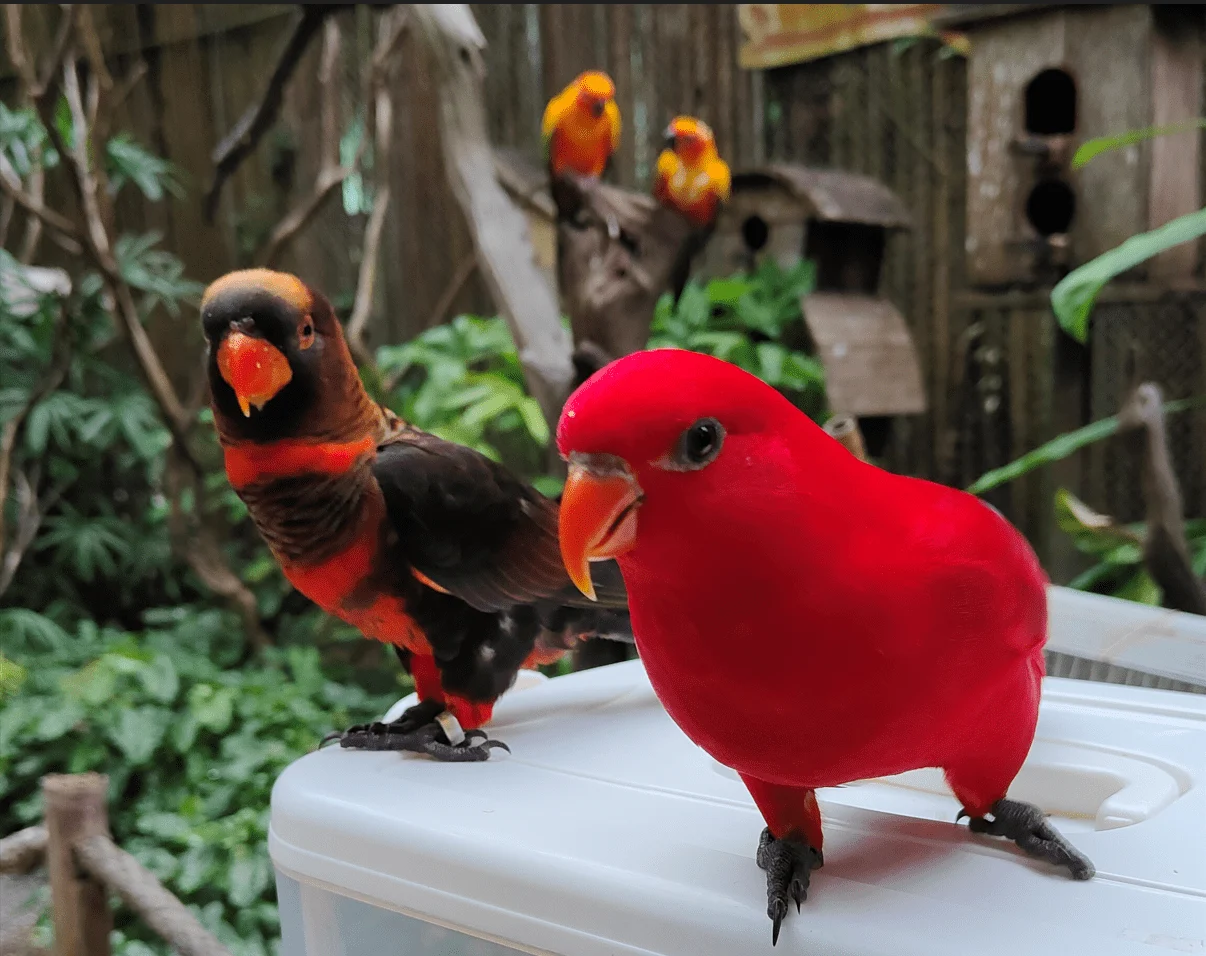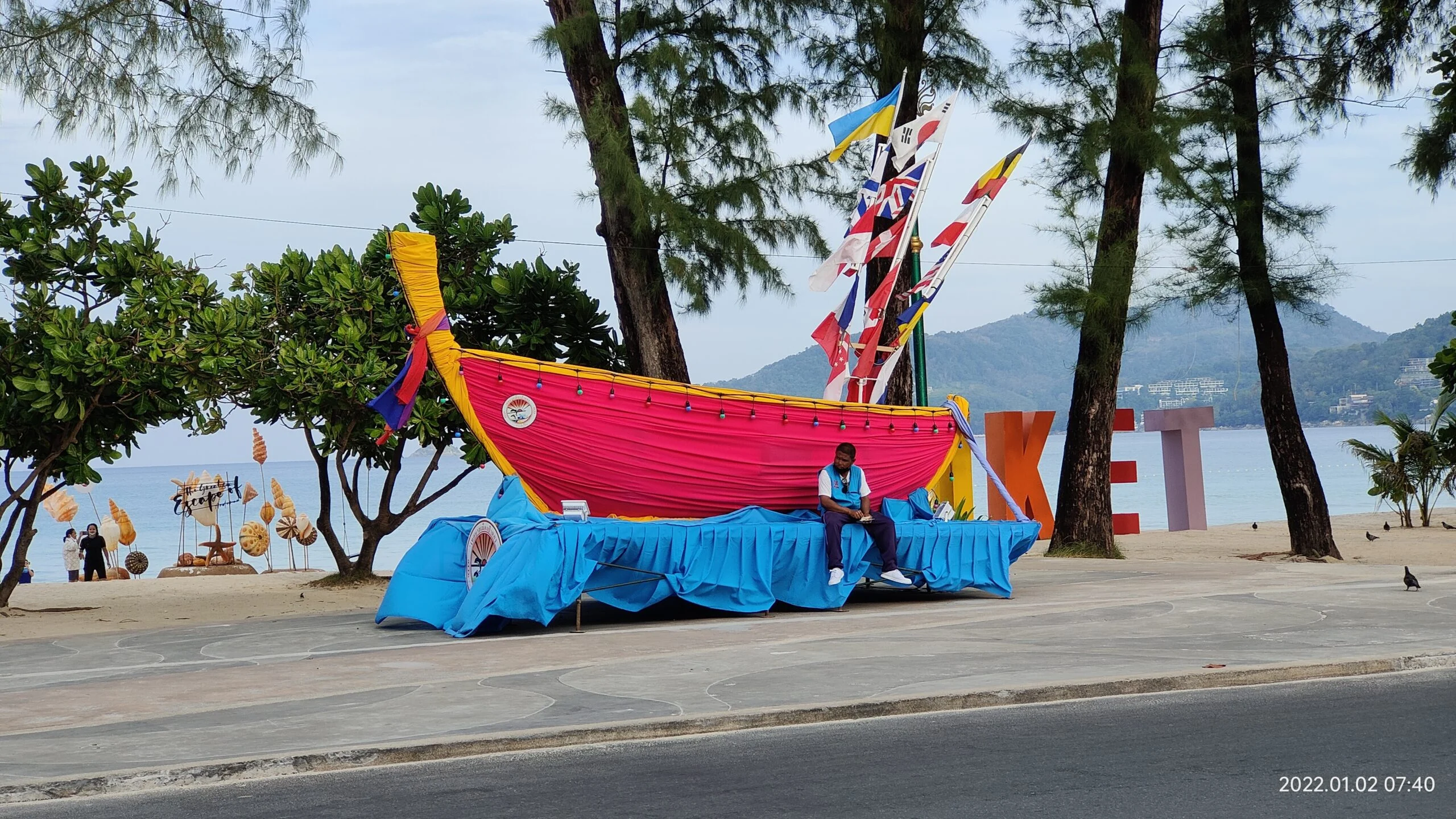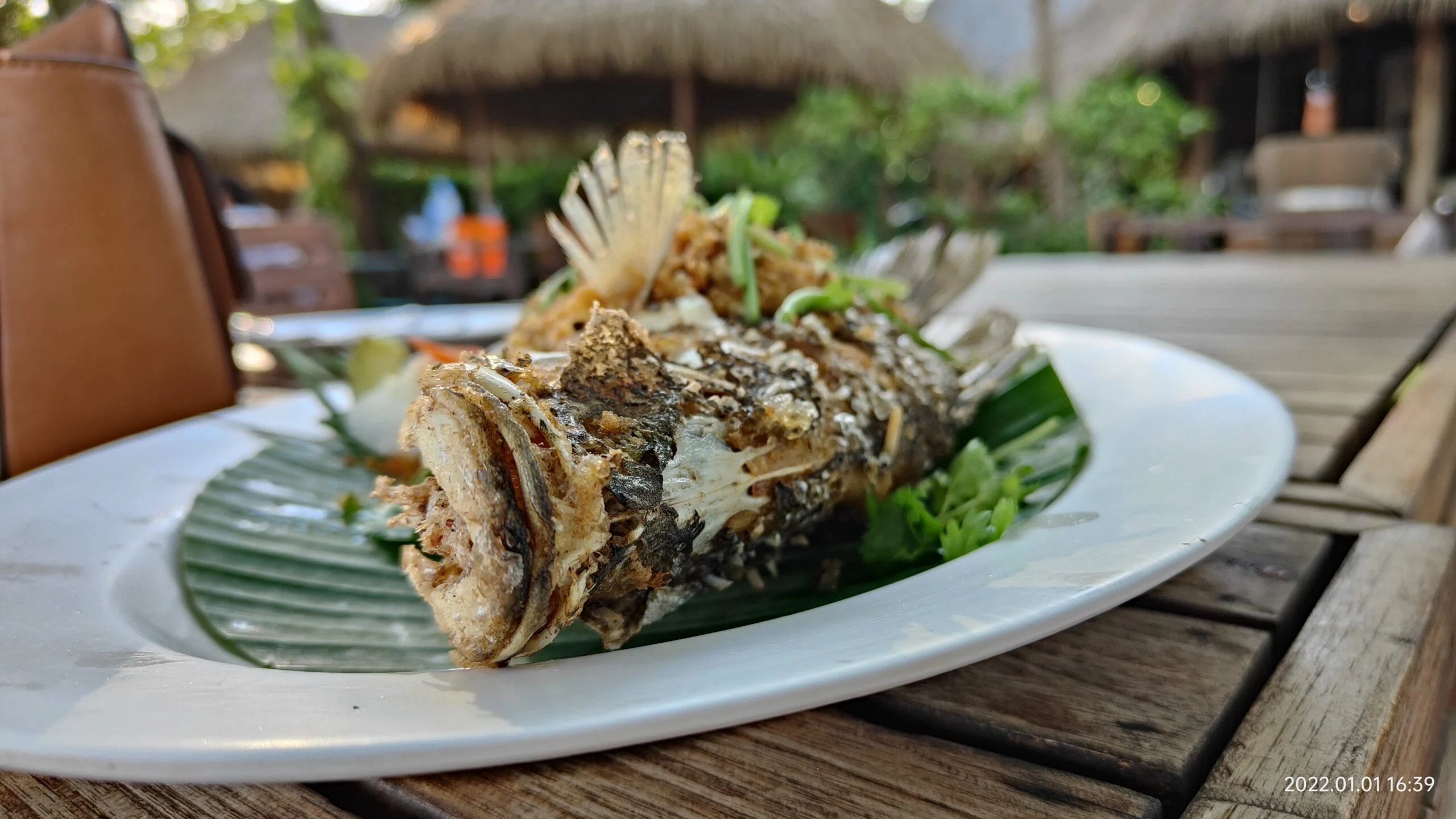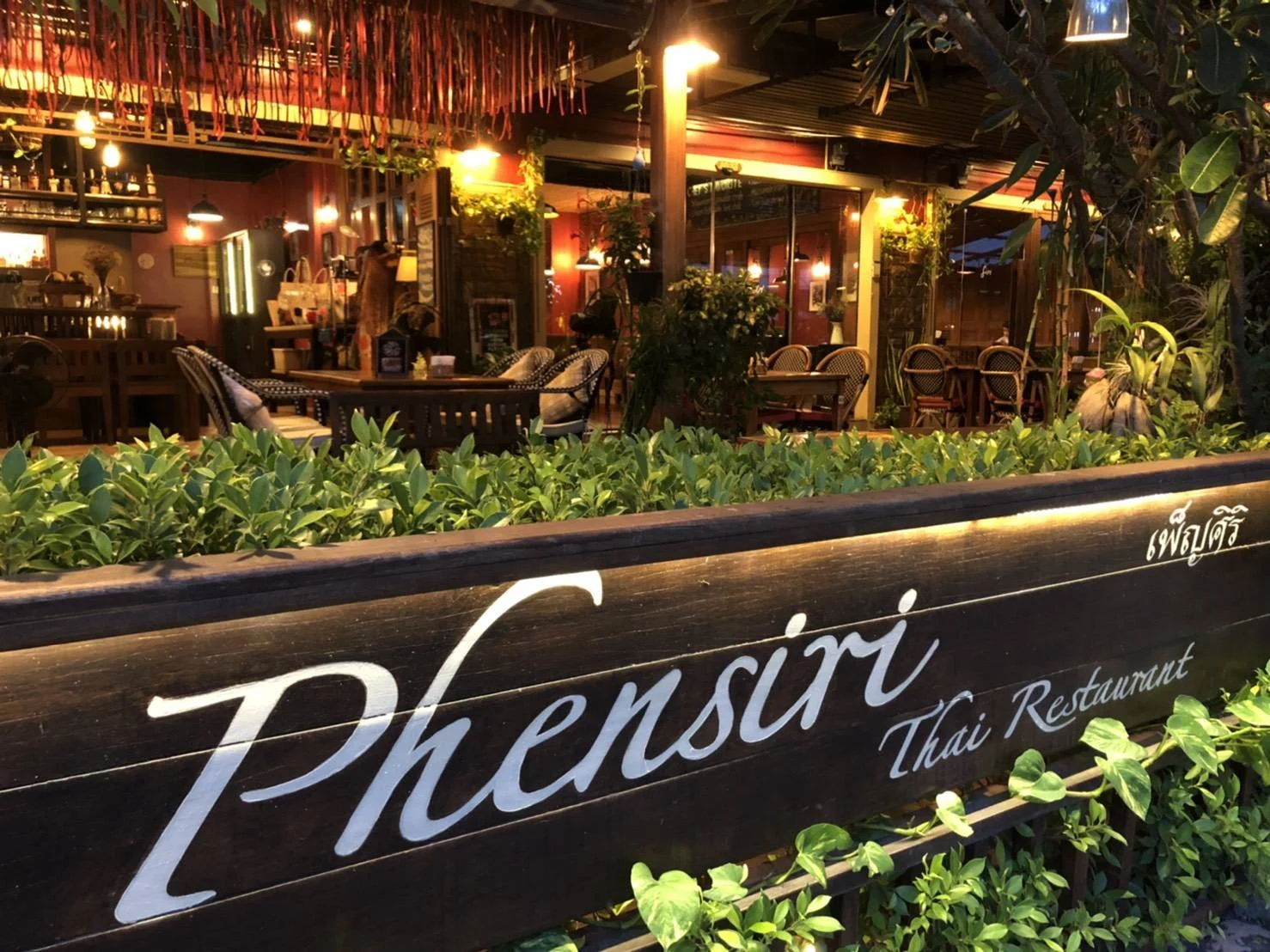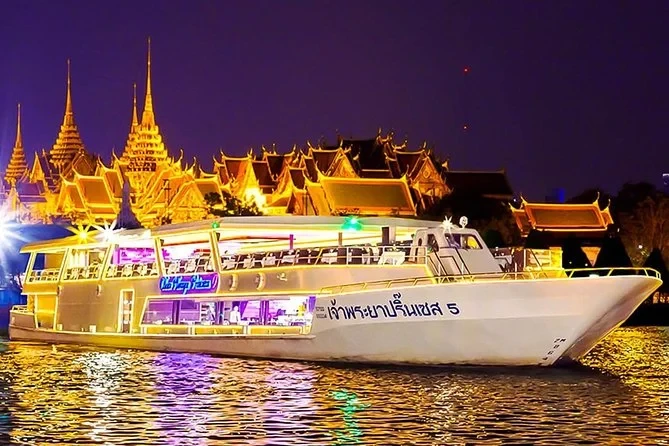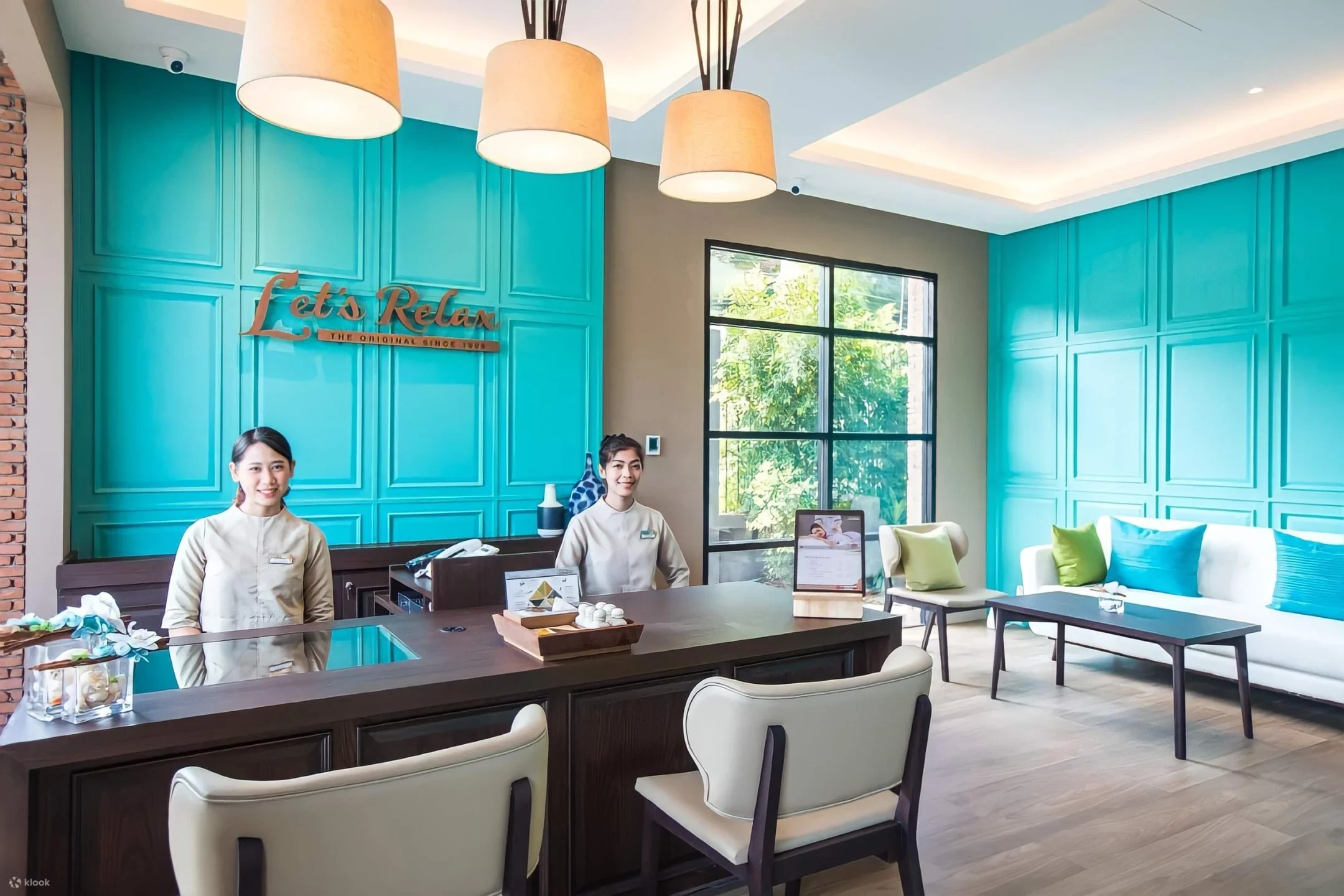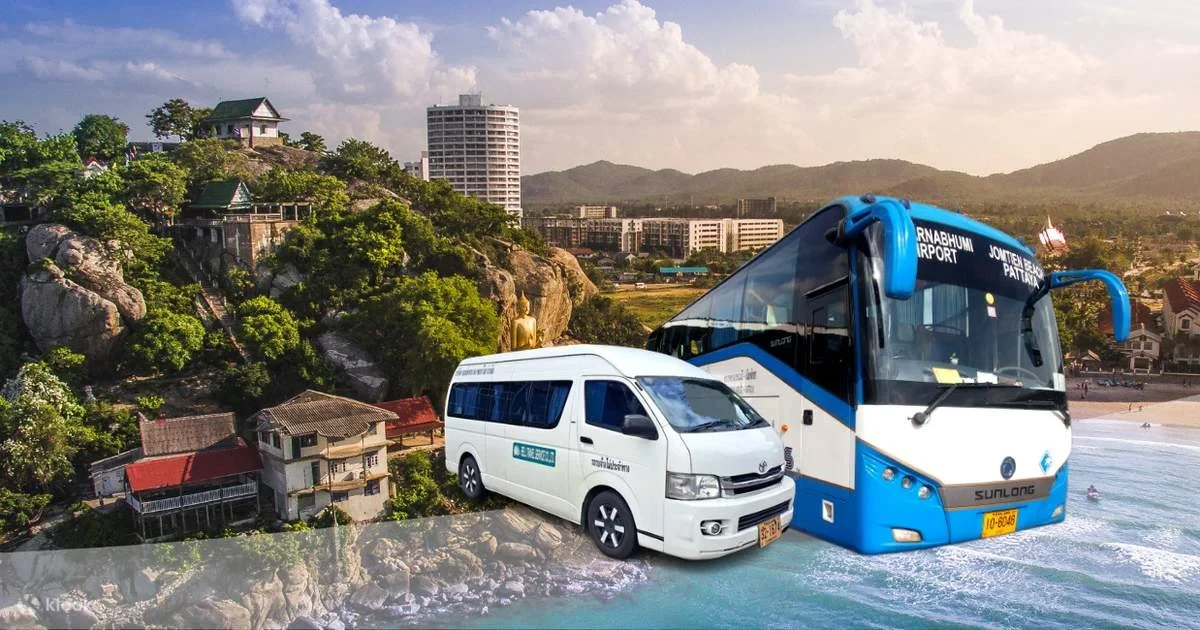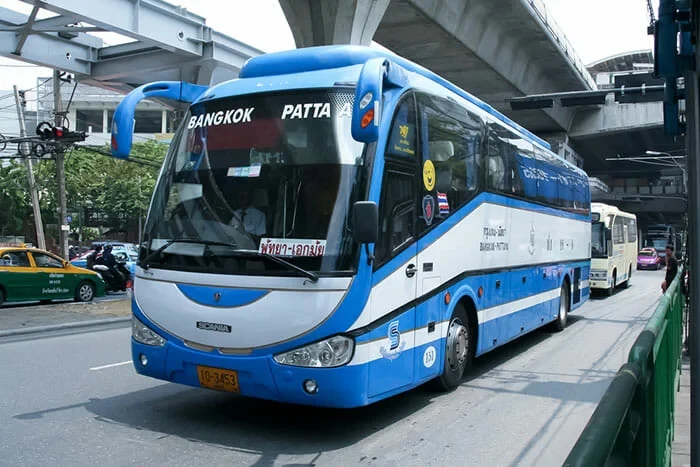Love wins….Thailand has made history by becoming the first Southeast Asian nation to legalize same-sex marriage, marking a bold step forward in LGBTQ+ rights. This landmark change has ignited nationwide celebrations, empowered couples to legally unite, and brought new hope to the community. But beyond the headlines lies a deeper story—of evolving lifestyles, workplace inclusion, persistent challenges, and the vibrant LGBTQ+ presence in Thai society. From urban pride parades to rural realities, and from tourist hotspots to professional spaces, this blog explores how love, identity, and equality are reshaping daily life for LGBTQ+ individuals in Thailand. Discover how the law is changing not just relationships, but a nation’s cultural heartbeat.
🌈 A Historic Shift in Thai Society
On June 18, 2024, Thailand made global headlines by becoming the first Southeast Asian country to legalize same-sex marriage. This landmark move, backed by overwhelming support in parliament and from the monarchy, isn’t just a political milestone—it’s a cultural reset. It reflects Thailand’s evolving social values and reaffirms the country’s reputation as one of the most LGBTQ+ inclusive nations in Asia.
But how does this change actually impact the lives of LGBTQ+ individuals in Thailand? From daily life and career opportunities to community spaces and interactions with tourists, the ripple effect is both inspiring and complex. How actually the love is winning.
🏳️🌈 LGBTQ+ Lifestyle & Daily Life in Thailand – How the love wins?
✅ Empowerment and Emotional Security
Legal recognition of same-sex marriage has brought emotional and social validation to LGBTQ+ couples. From being able to jointly own property, access healthcare rights, adopt children, and inherit legally—these rights were long overdue. Thousands of couples registered their marriage in the first week of legalization, celebrating with pride and hope.
🏘️ Day-to-Day Visibility
In Bangkok, Chiang Mai, Phuket, and Pattaya, LGBTQ+ individuals live more openly than ever before. Pride flags are now a common sight in shops, cafes, and government offices. Social media campaigns from celebrities and influencers have added to this cultural visibility.
However, outside urban hubs, daily life still comes with caution. In rural provinces, being openly queer may still lead to discrimination within families, schools, or temples. The law may have changed, but mindsets evolve more slowly to prove love wins.
💼 Work & Professional Life: A Changing Landscape
🚀 New Career Avenues
- Legal protection has encouraged more companies to openly hire LGBTQ+ employees, promote diversity, and provide partner benefits. Tech companies, design firms, hotels, and multinational offices in Bangkok and Phuket now include LGBTQ-inclusive policies.
- Tourism, fashion, entertainment, and digital media continue to be major industries where LGBTQ+ individuals thrive, particularly transgender women (kathoey), who are widely visible in modeling, pageantry, and the beauty industry.
⚠️ Ongoing Workplace Discrimination
- Despite these advancements, many still face job-related challenges:
- There is no national anti-discrimination law specifically protecting gender identity and sexual orientation at work—leaving legal gray areas.
- Transgender individuals cannot change their legal gender on identity cards, limiting their access to matching documentation and respectful treatment.
- In sectors like law, education, and government, open identification as LGBTQ+ can still stall promotions or job offers.
📍 Where the LGBTQ+ Community Thrives
🏳️🌈 Key Urban Hubs
- Bangkok: Silom Soi 2 & Soi 4, Ari’s indie queer spaces, and Chatuchak Park for LGBTQ+ meetups.
- Chiang Mai: Hosts its own Pride parade and is known for being progressive and creative.
- Phuket & Pattaya: Known globally for their welcoming LGBTQ+ nightlife and drag scene.
These places offer community support, dating freedom, professional networks, and LGBTQ-owned businesses. Bookshops like Kloset Yuri and LGBTQ cafés in Bangkok foster intersectional conversations around gender, identity, and activism.
✈️ LGBTQ+ and Tourism: A Rainbow Economy Rising
🌐 Welcoming the World
Thailand is already among the top 5 LGBTQ+ travel destinations in the world. With same-sex marriage now legal, tourism is expected to grow by billions of baht over the next two years. Travel agencies now offer:
- Same-sex honeymoon packages
- LGBTQ-friendly accommodations
- Specialized Pride-themed tours in Bangkok, Pattaya, and Chiang Mai
Thailand’s hospitality industry has long embraced LGBTQ+ tourists, and now legal backing further enhances safety, comfort, and celebration.
🚧 Challenges in Authenticity
While rainbow branding is booming, critics argue that many businesses profit off LGBTQ+ aesthetics without investing in true inclusivity. For example:
- Not all resorts are trained in inclusive practices.
- Smaller or rural businesses still show resistance to hosting LGBTQ+ events.
- Trans tourists can still face complications with documentation and airport screenings.
⚖️ Love Wins, But What’s Next?
The legal victory is historic—but it’s not the end. Activists continue to push for:
- Gender identity recognition laws
- LGBTQ+ adoption laws
- Anti-discrimination protections across all sectors
- Mental health support for queer youth
People like Plaifah Kyoka Shodladd, Thailand’s youngest LGBTQ+ activist, are leading campaigns in parliament and on the streets—reminding the nation that love may have won, but the journey toward full equality continues. Love wins but still long way to go.
Thailand has taken a monumental leap forward. The legalization of same-sex marriage has brought love into law, but also highlighted the deeper complexities of being LGBTQ+ in a society still balancing modernity and tradition. This new era is filled with hope, yet calls for vigilance. For LGBTQ+ Thais, the world is watching—and cheering. For tourists, Thailand offers a vibrant, authentic space to connect. And for policymakers, this is only the beginning of a truly inclusive future.
